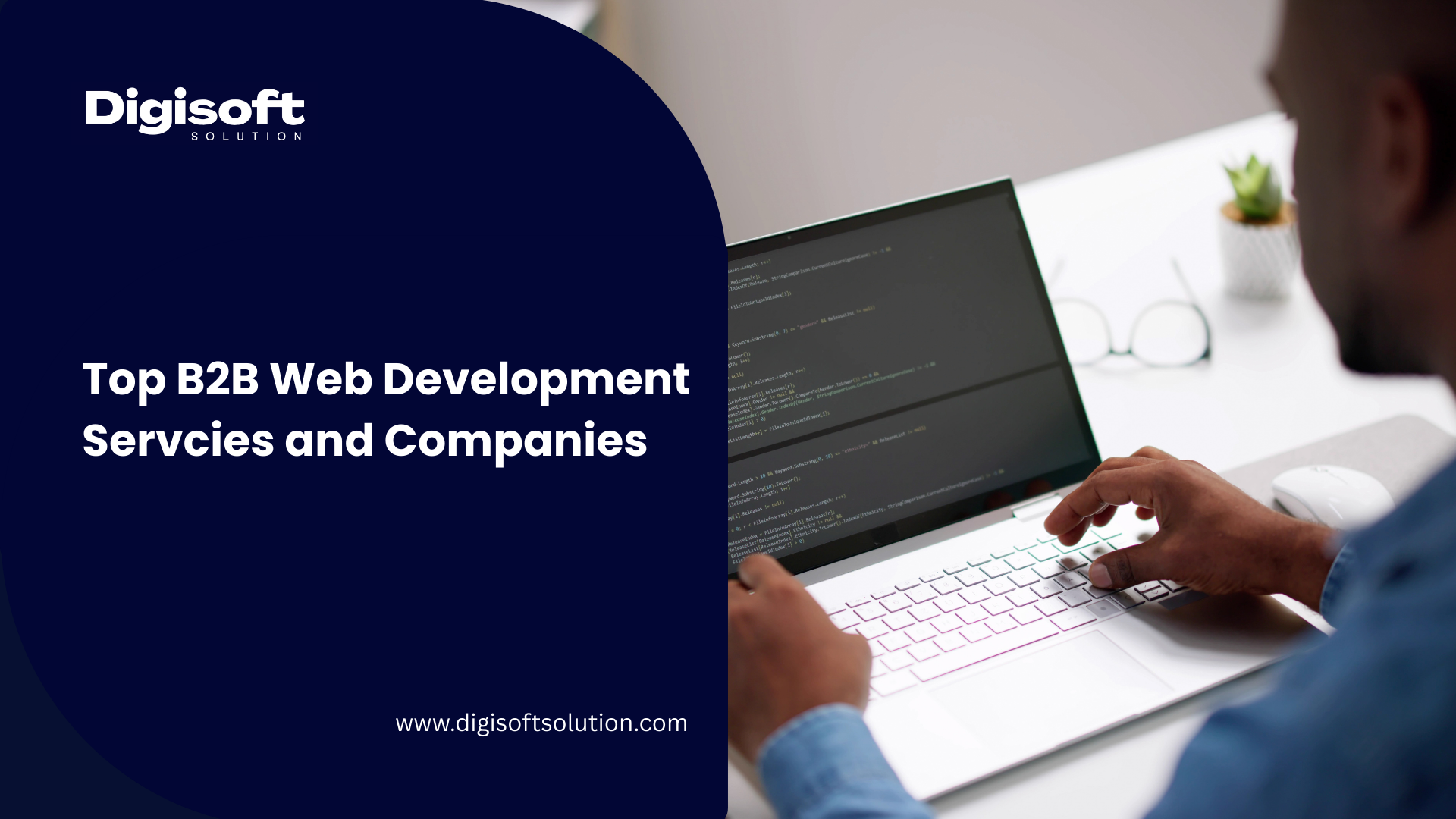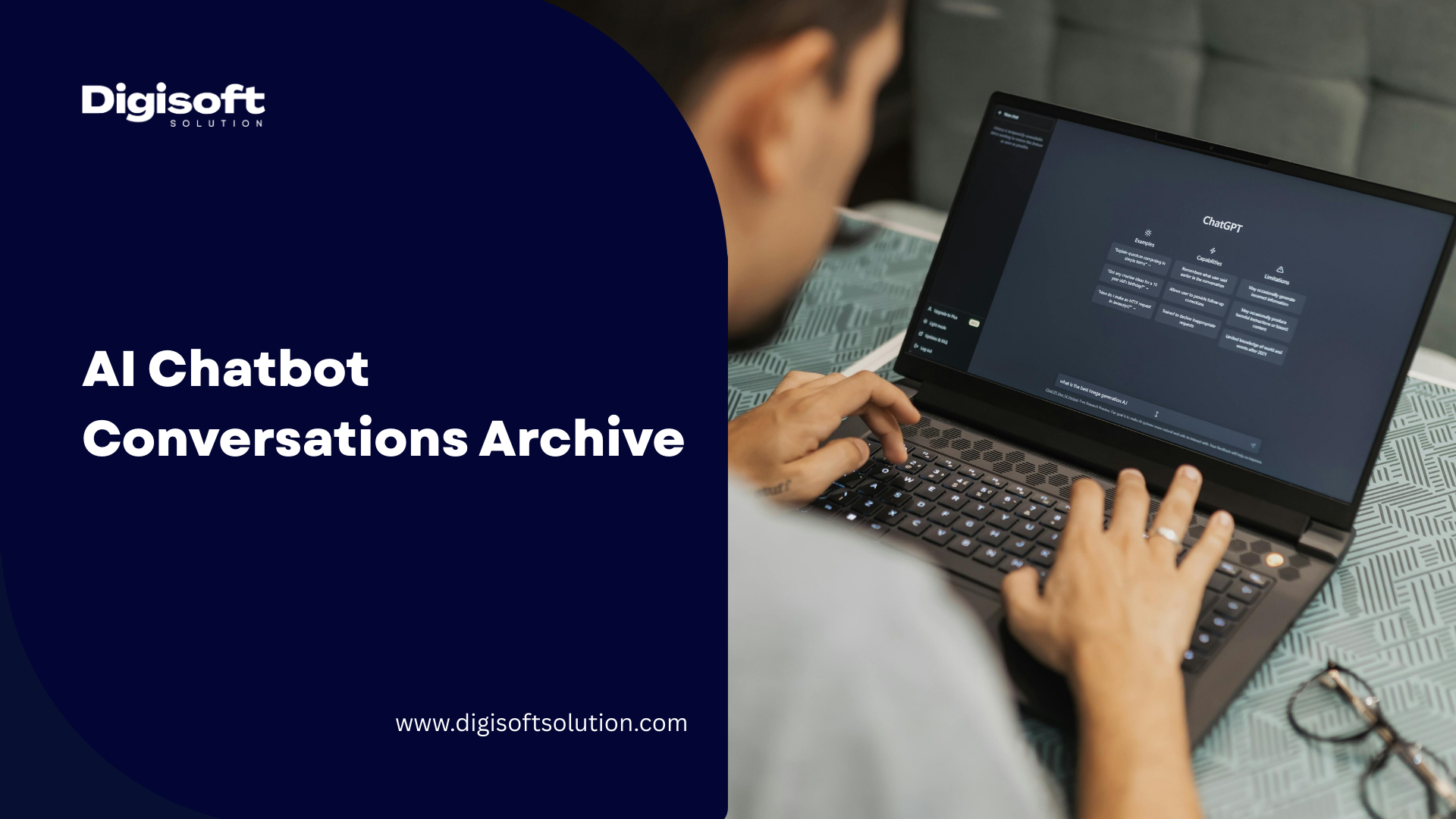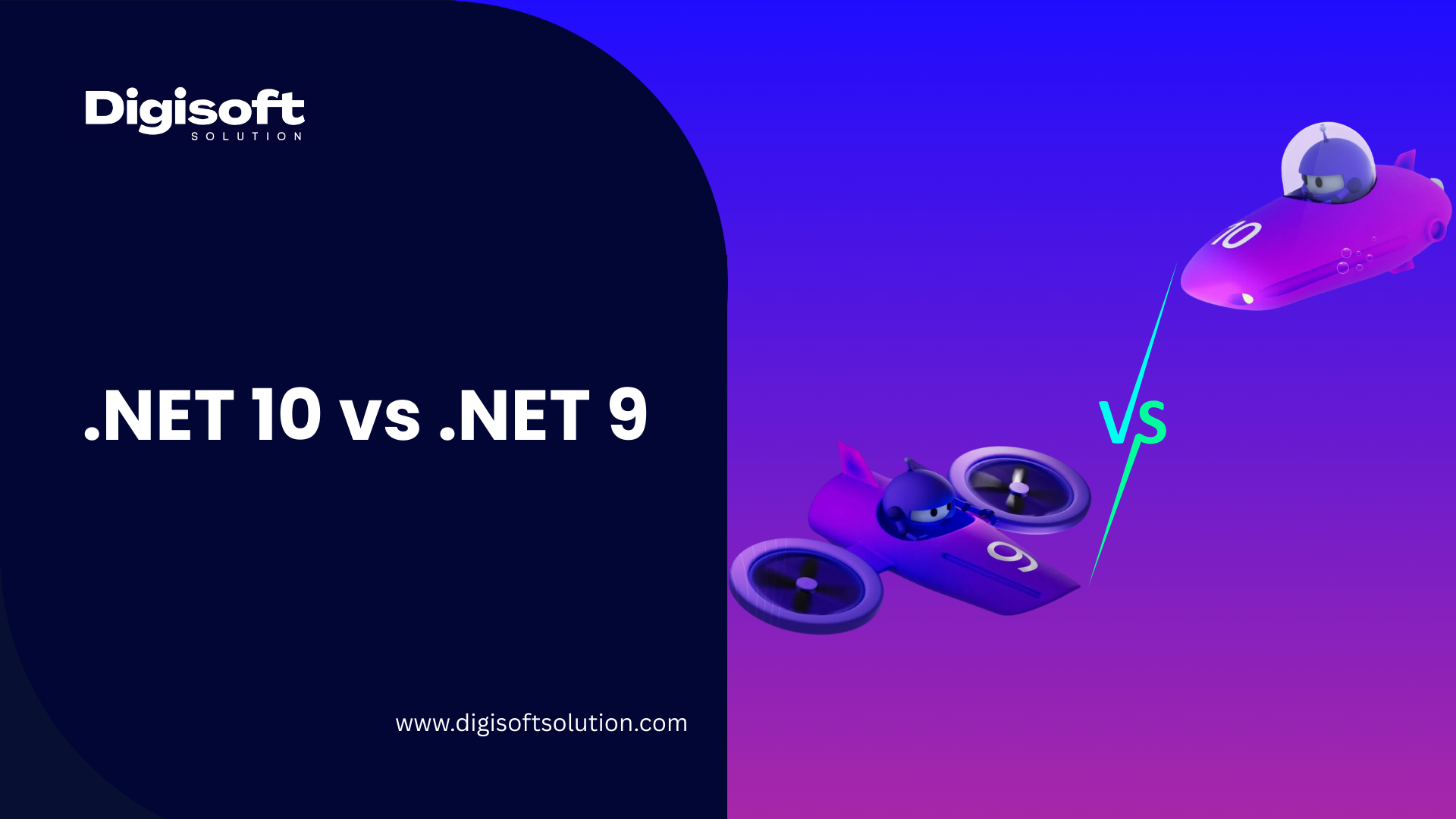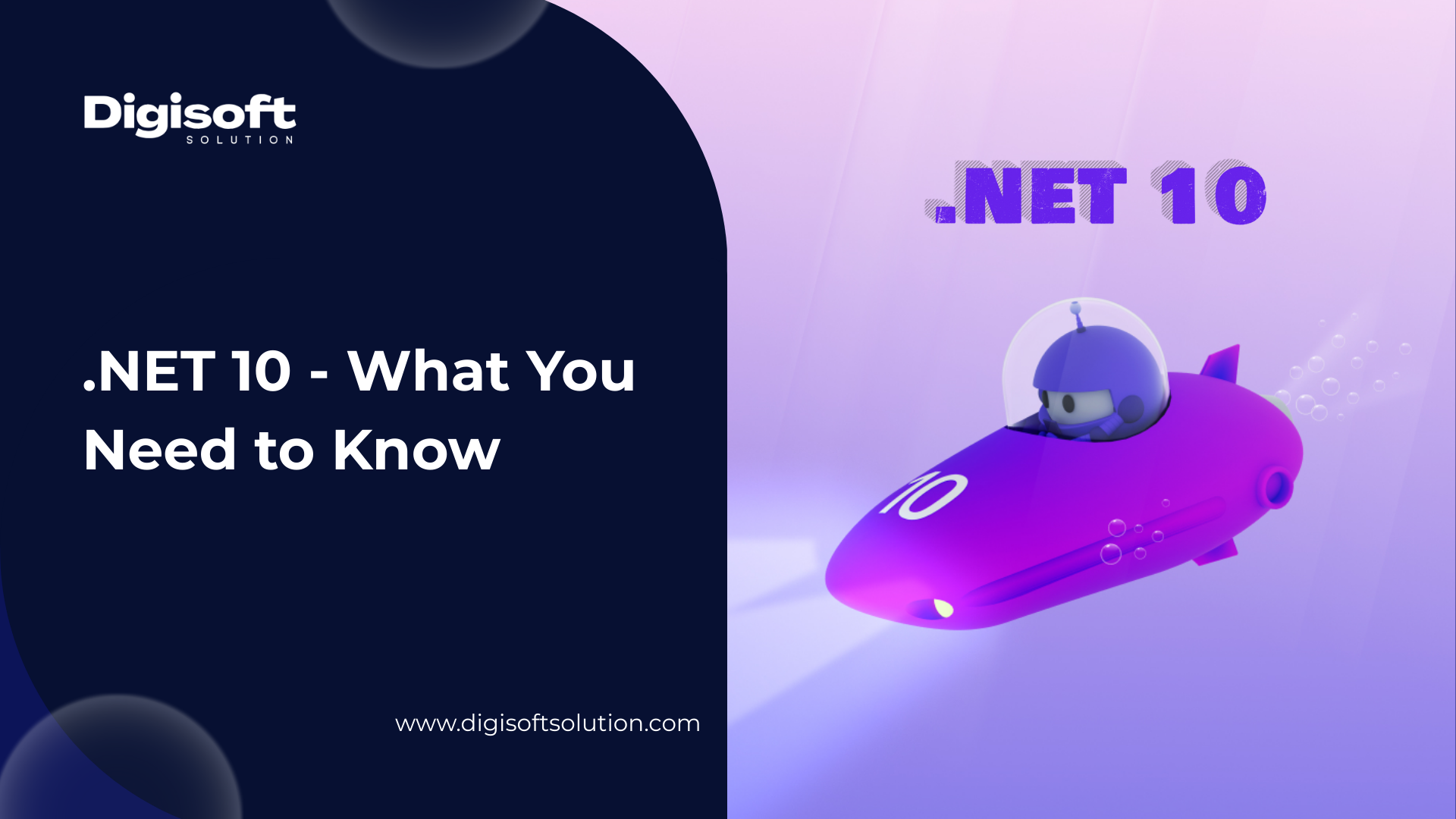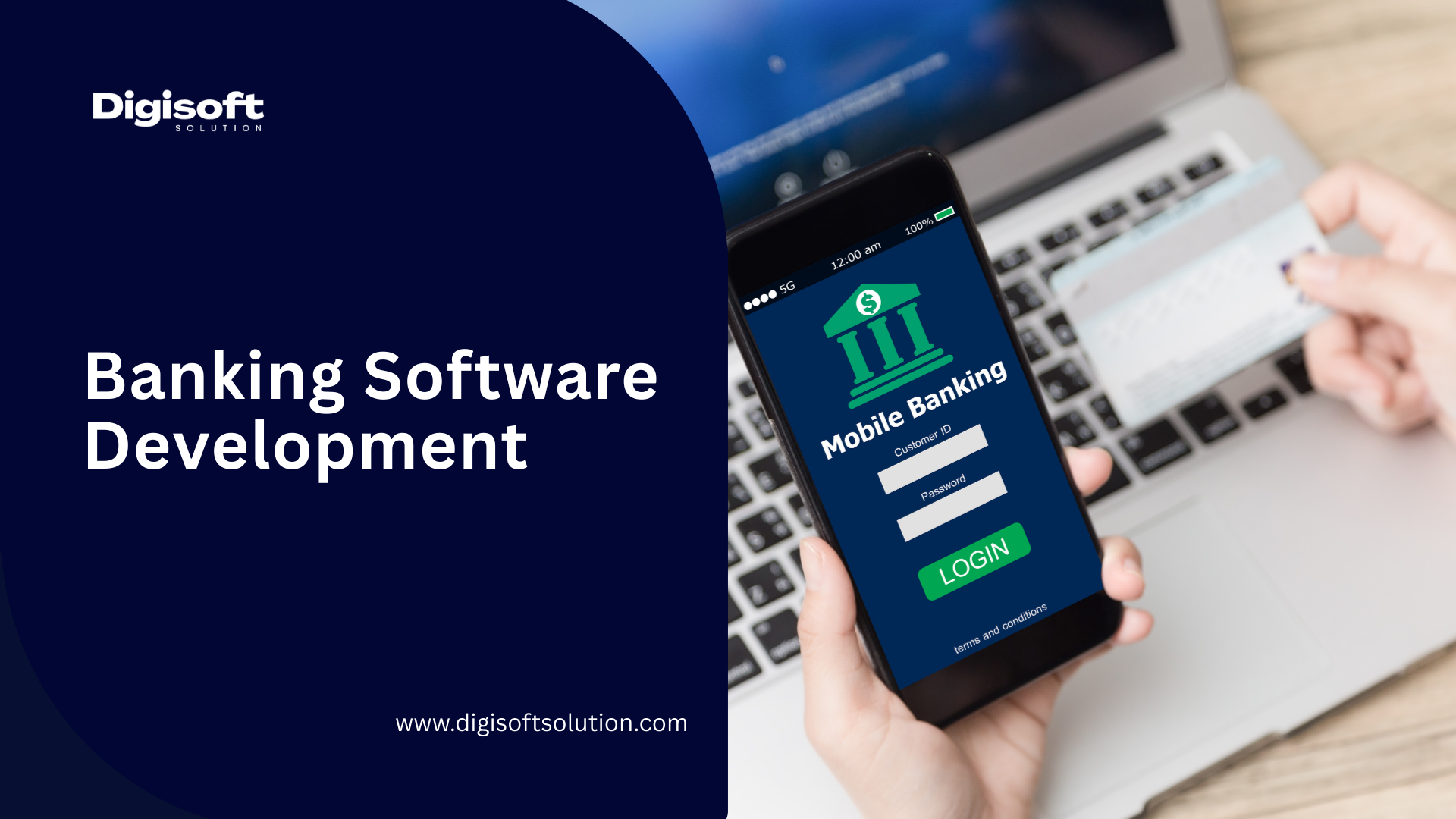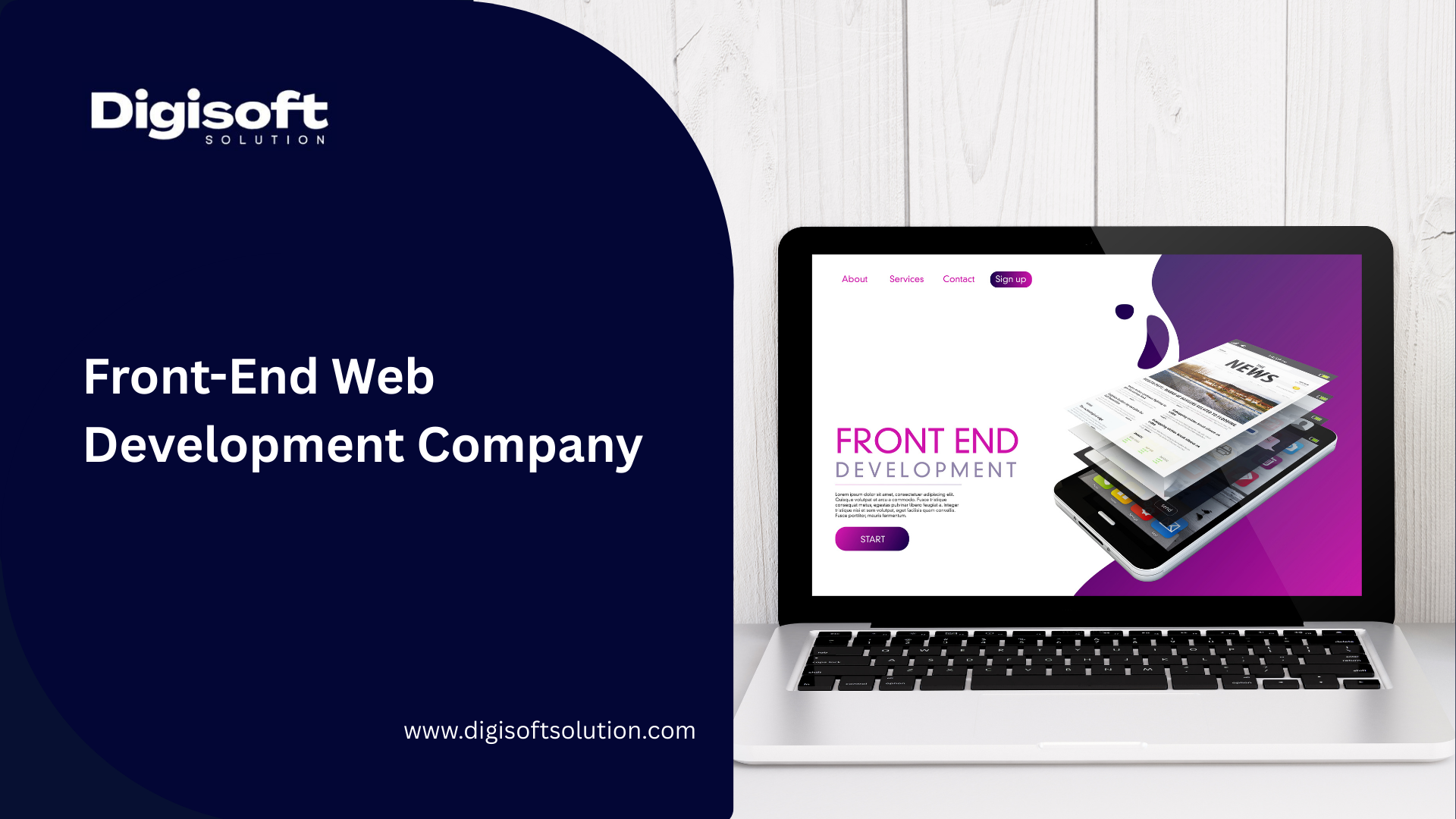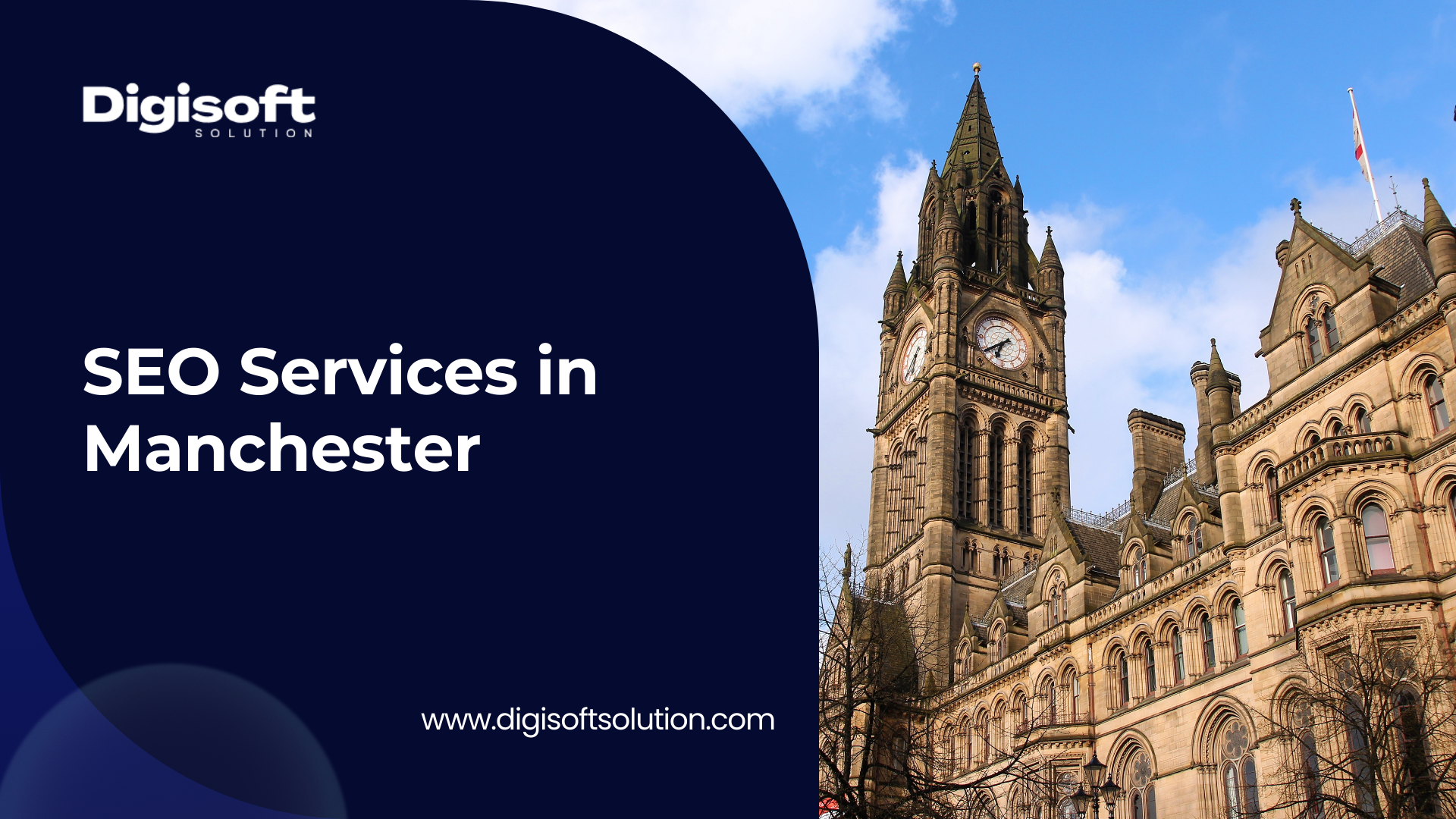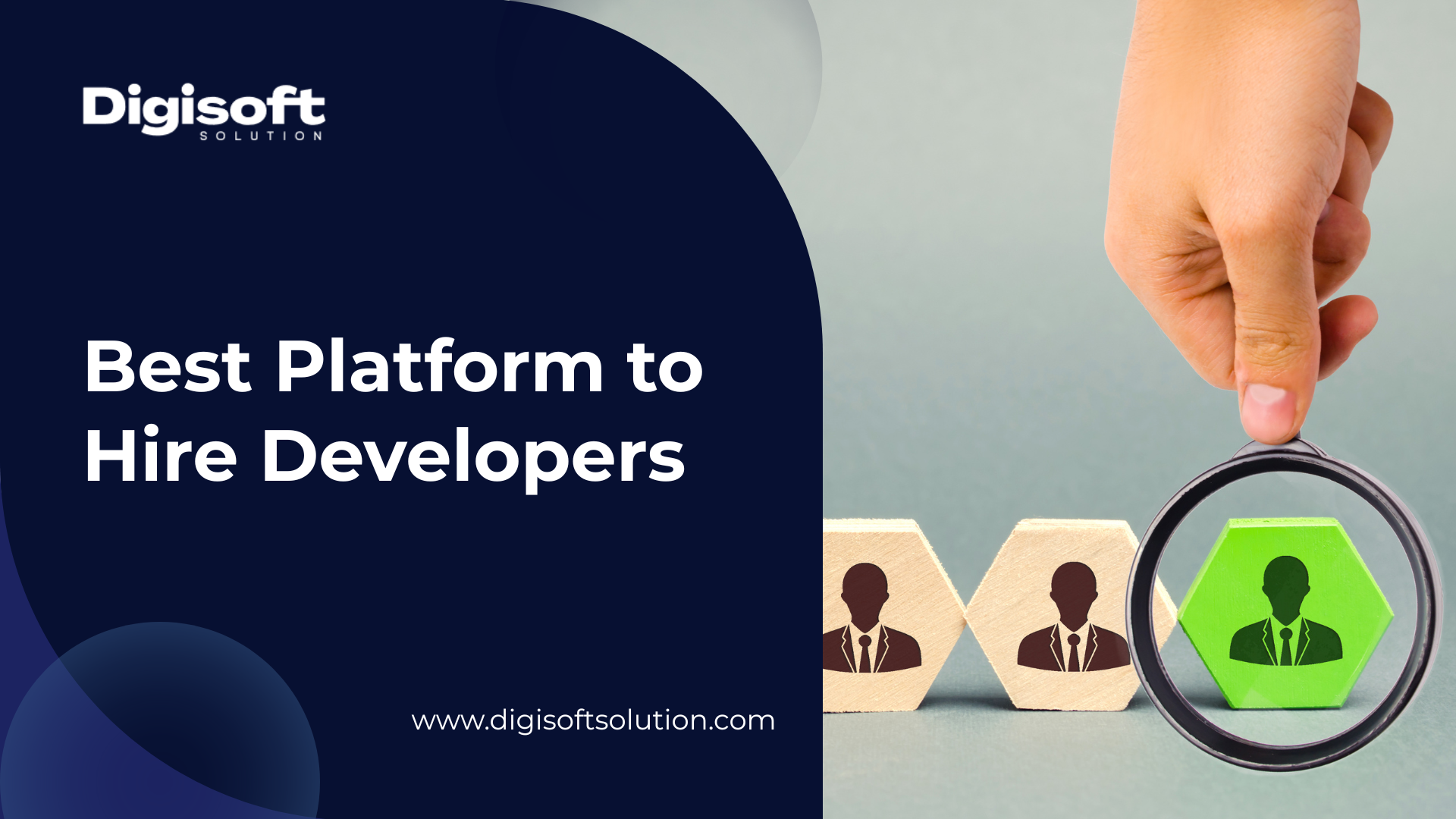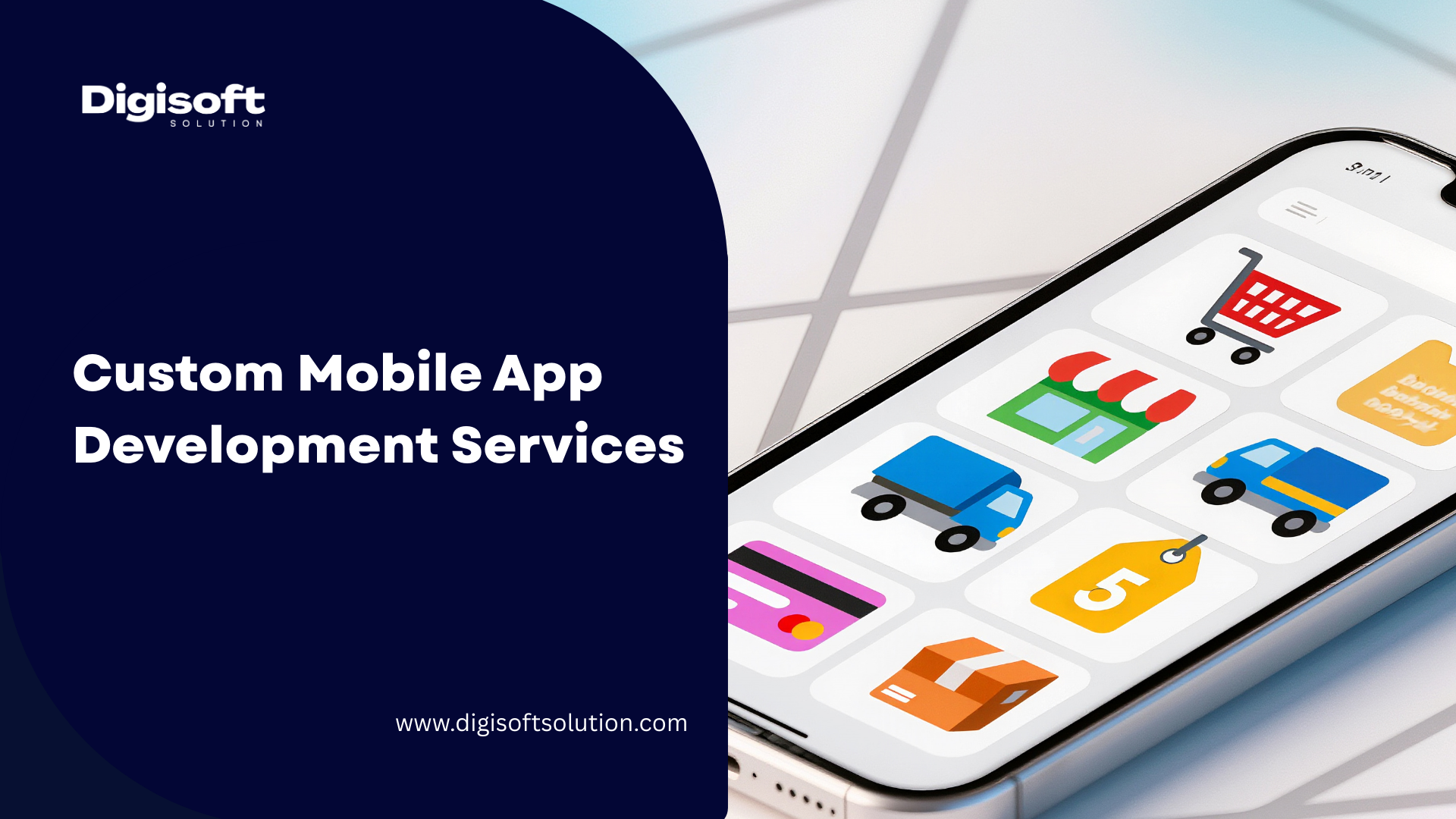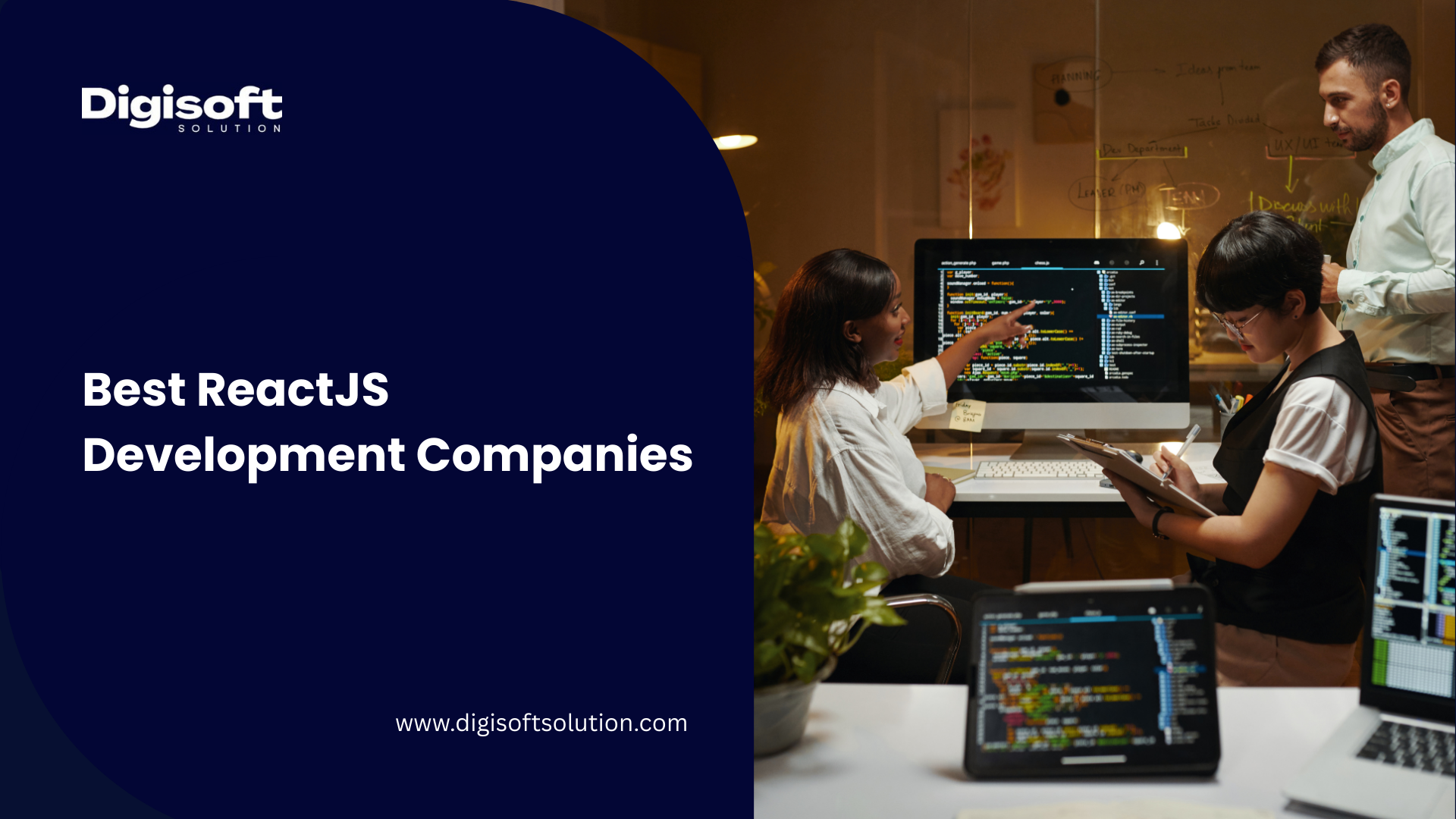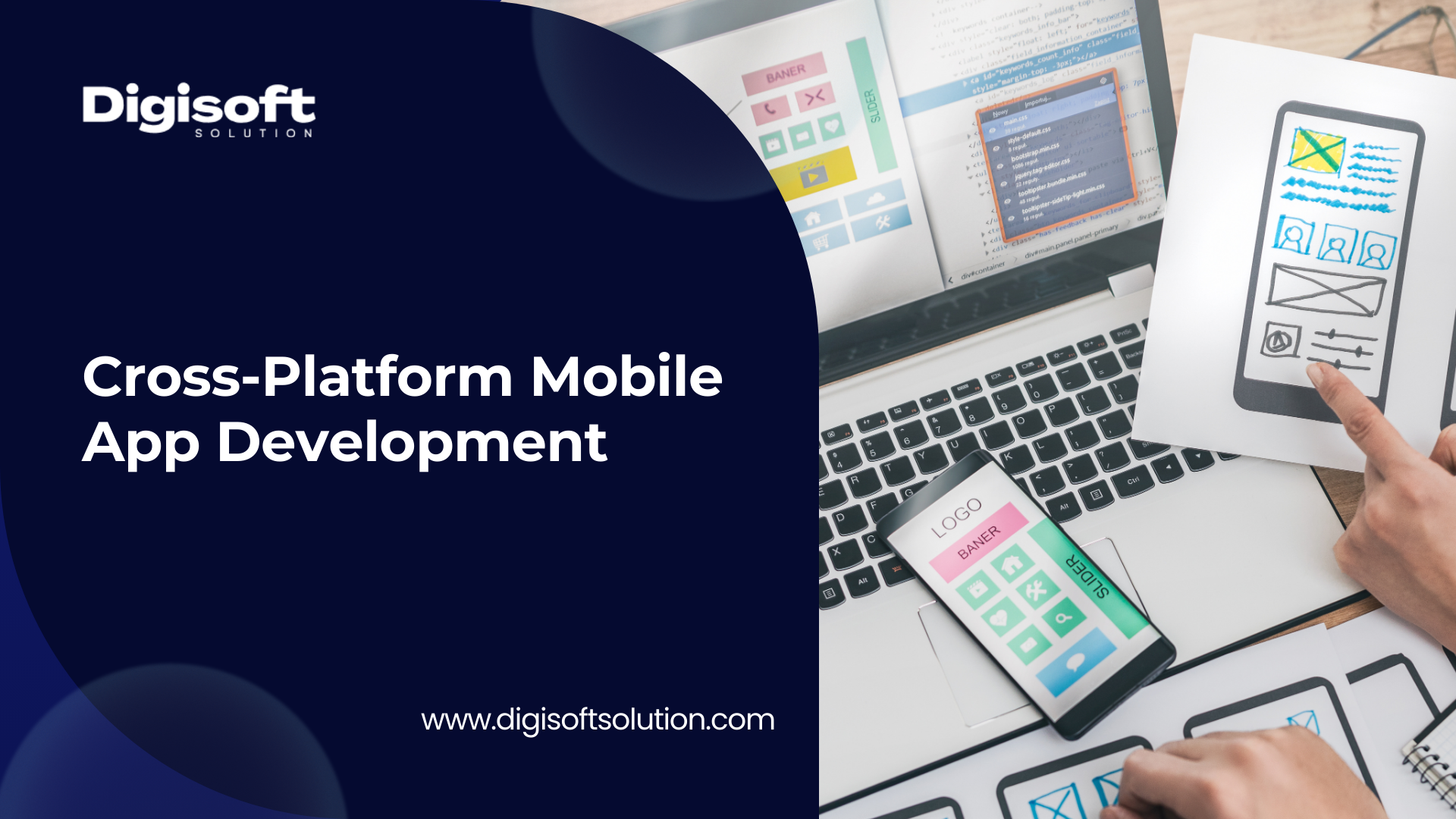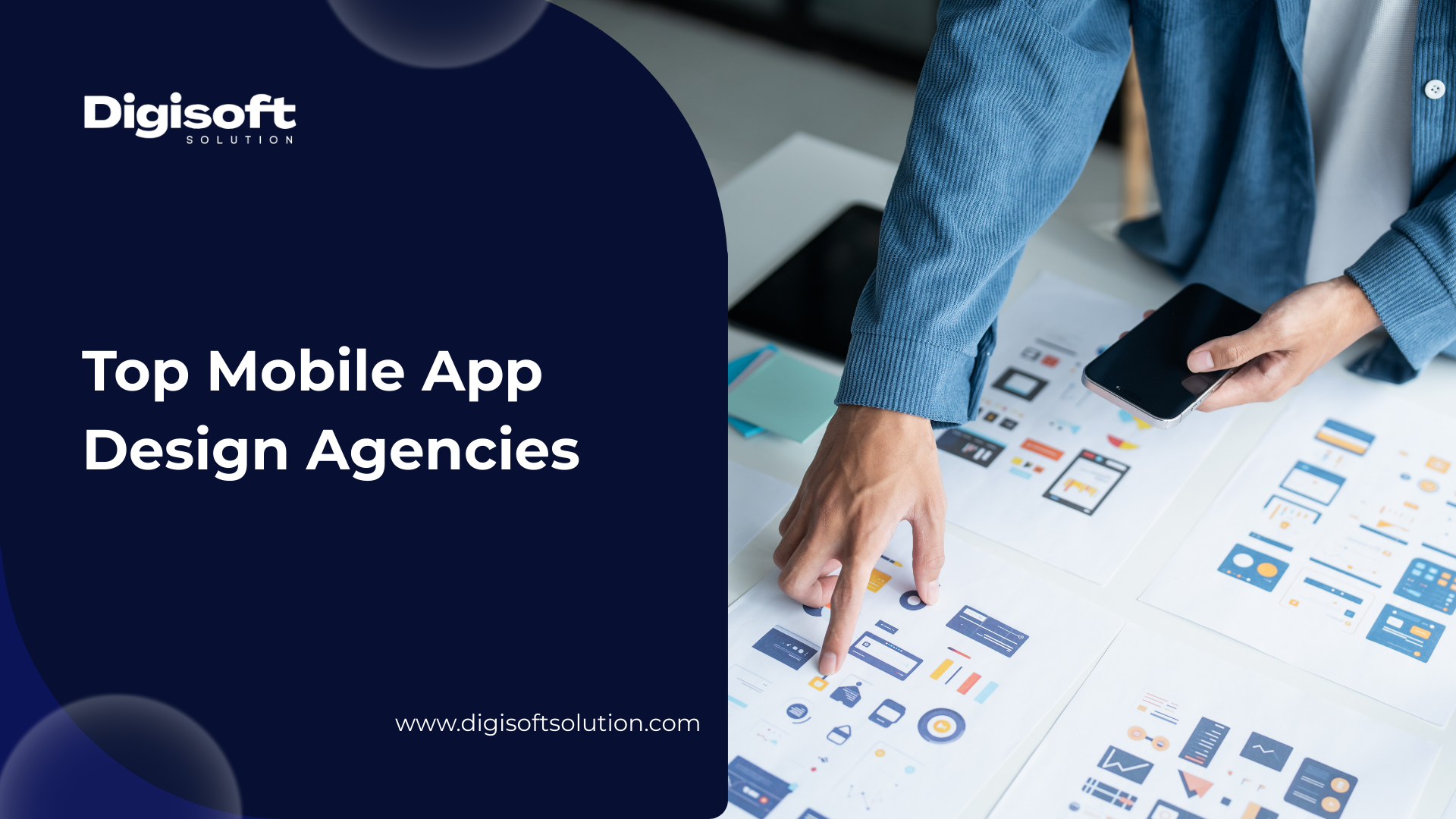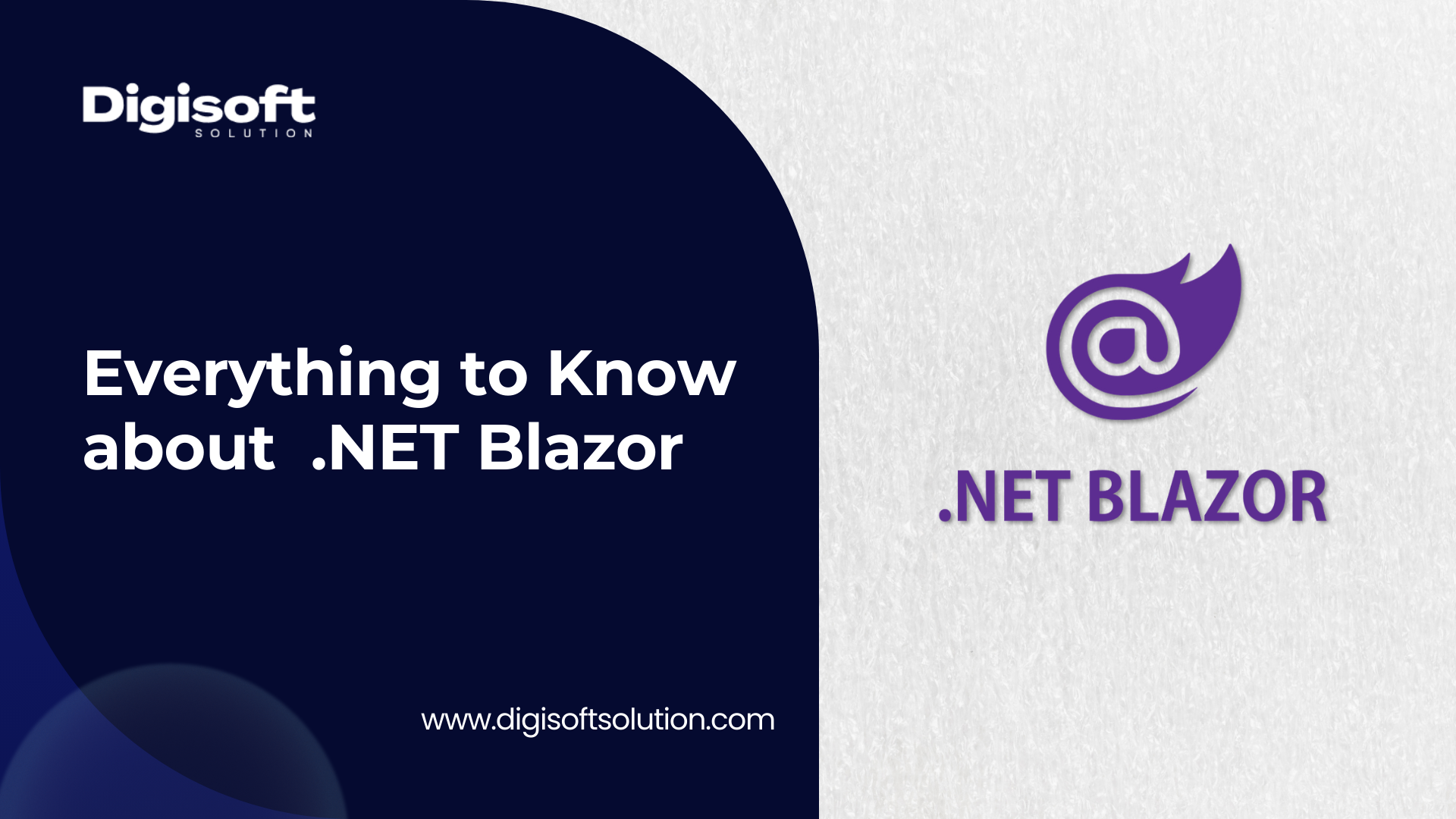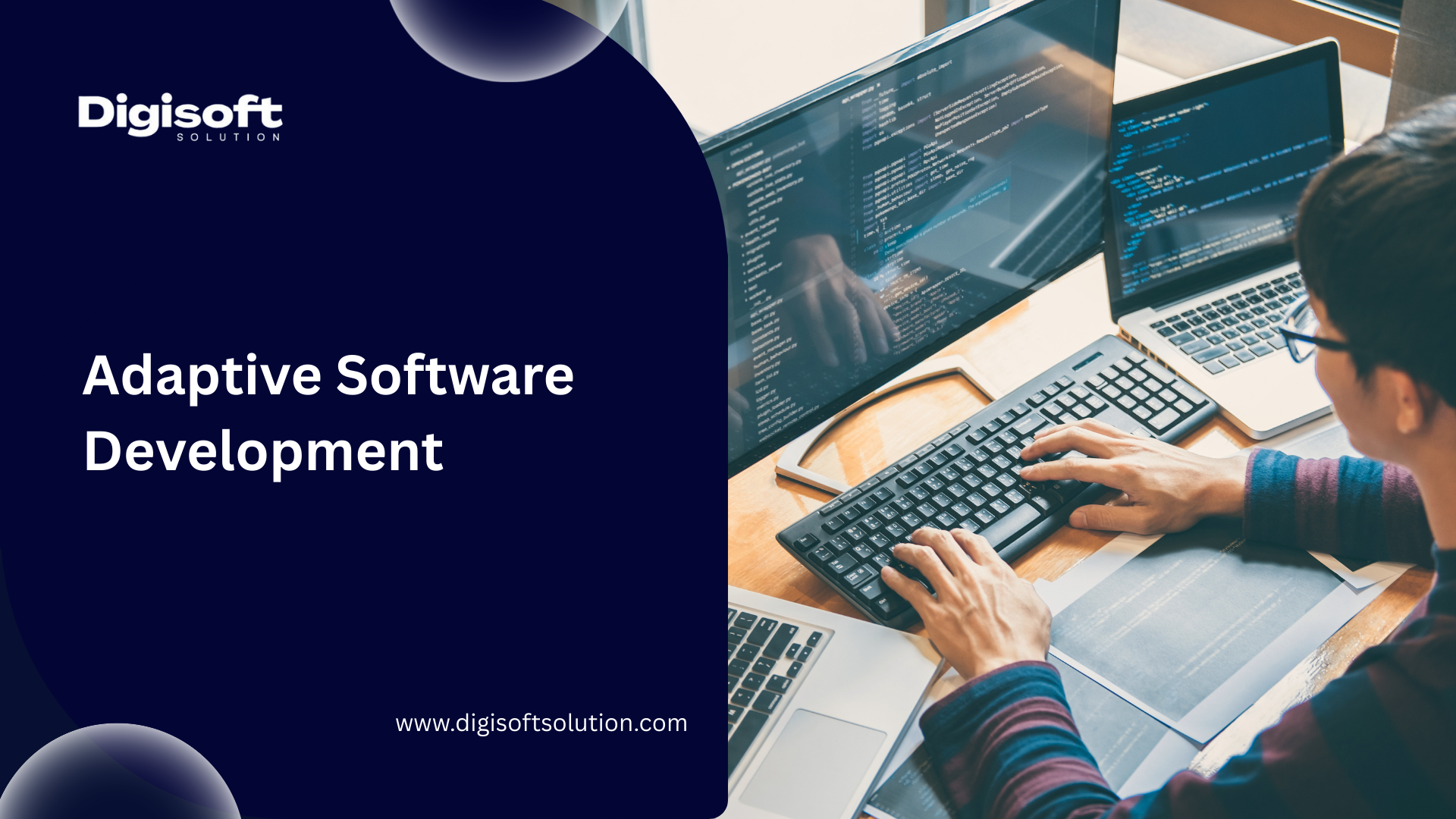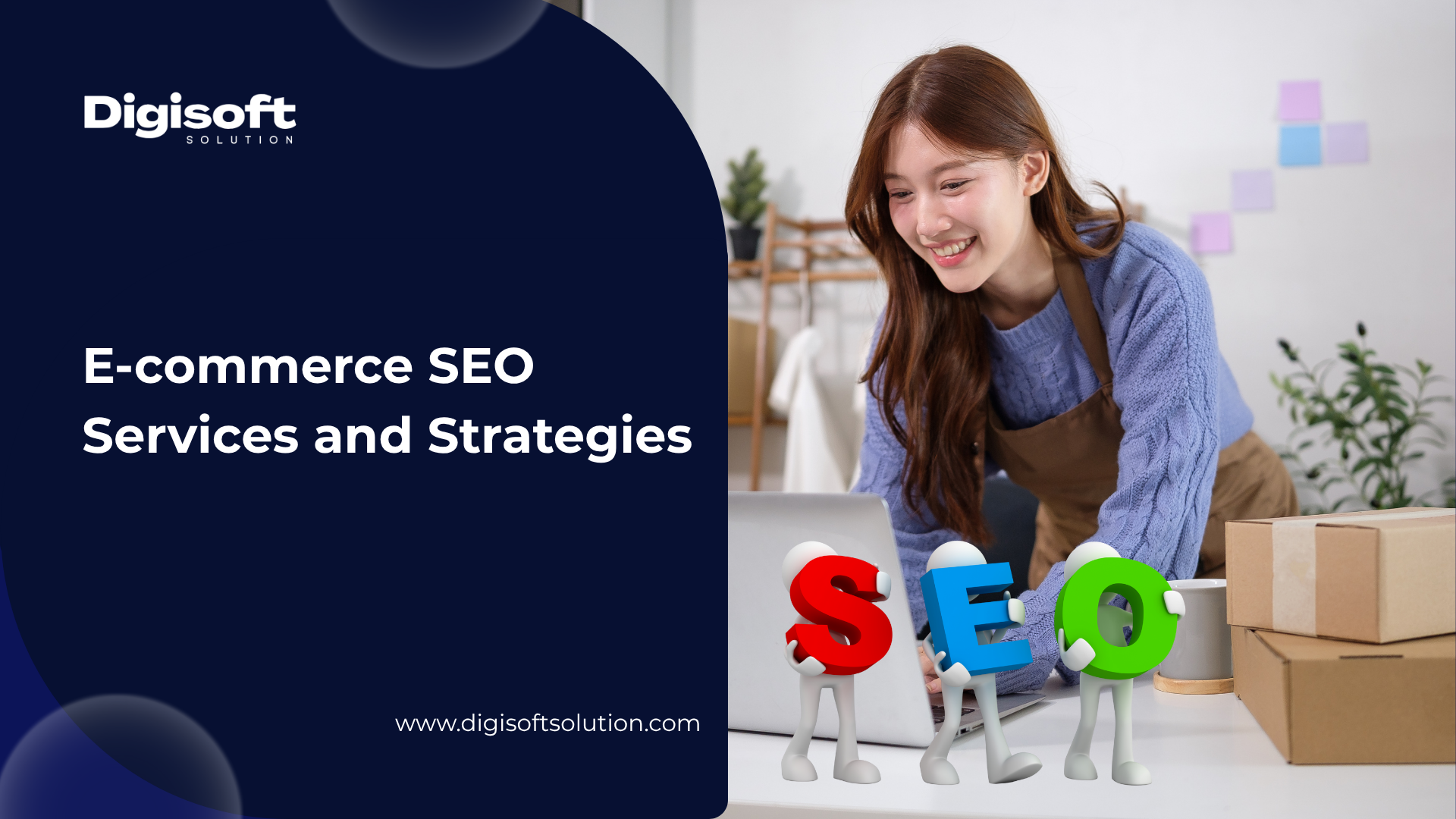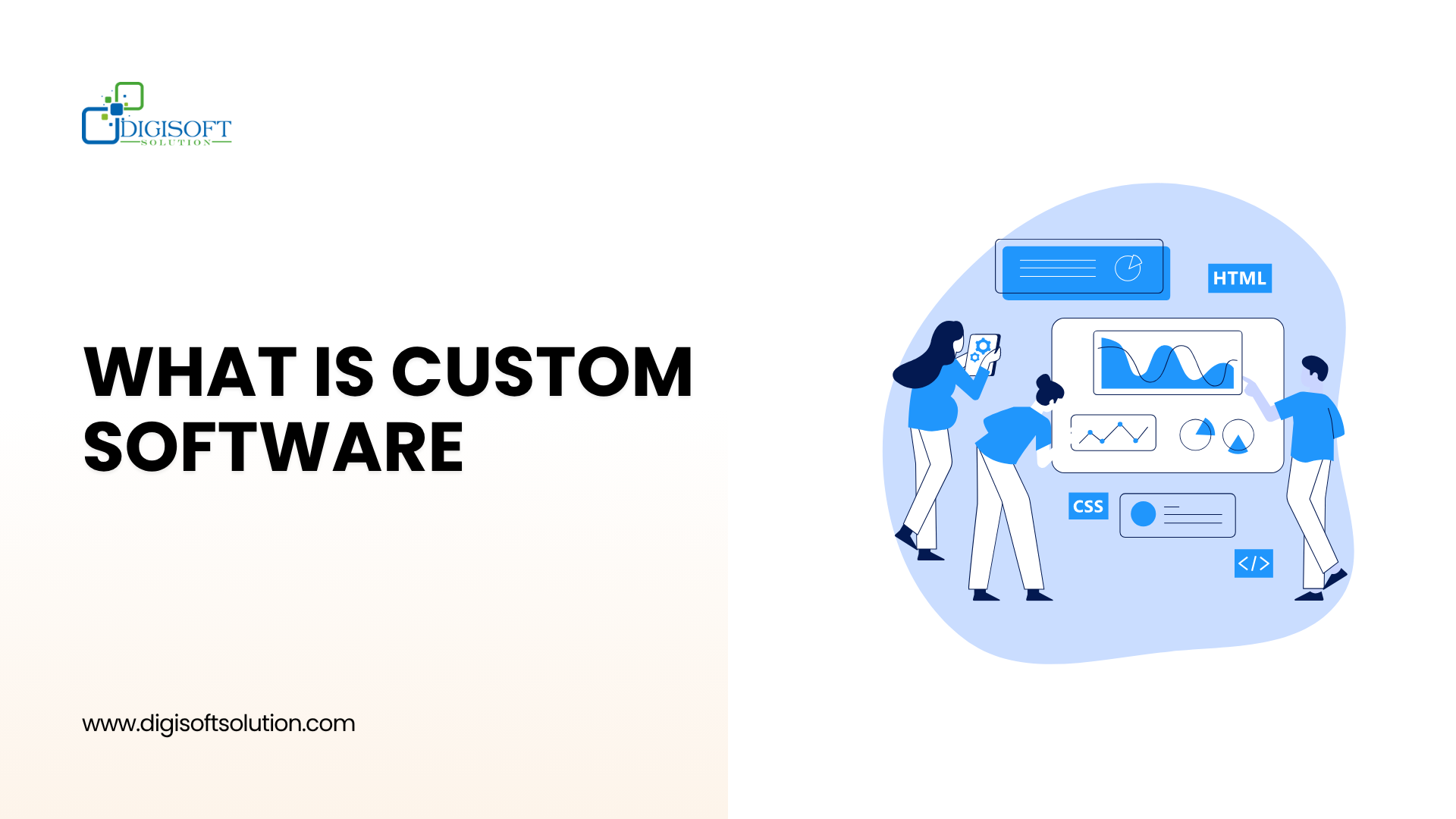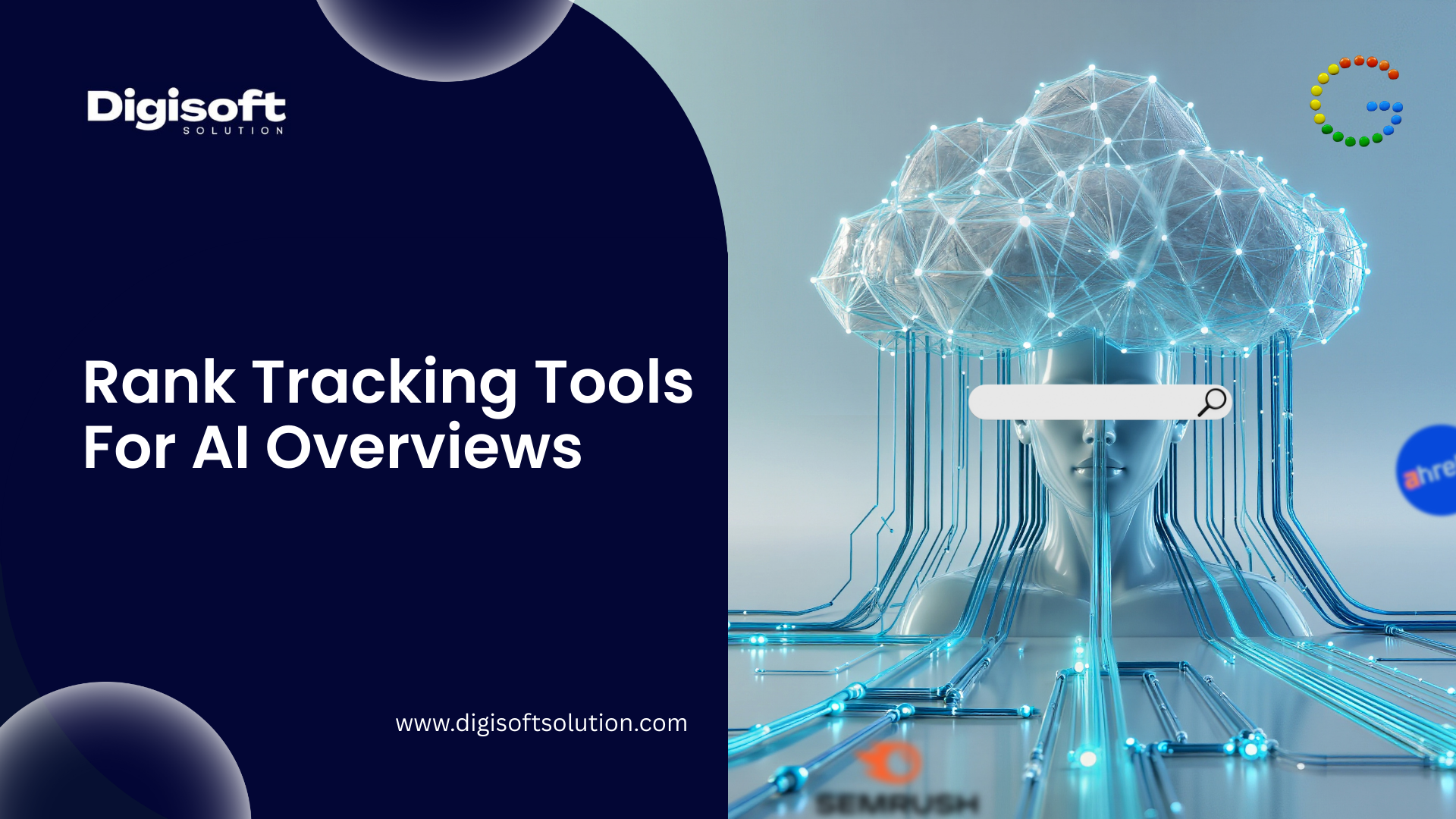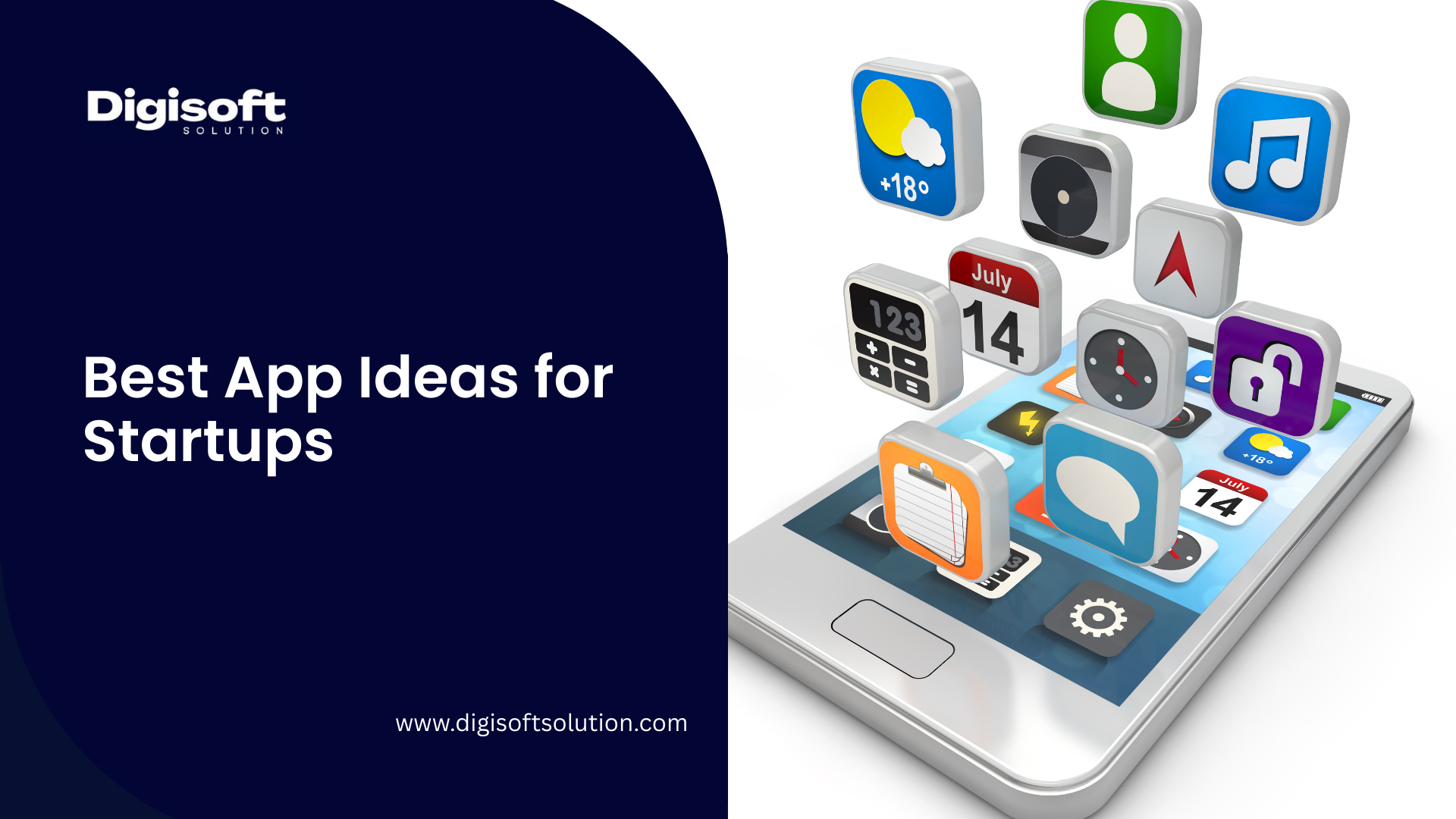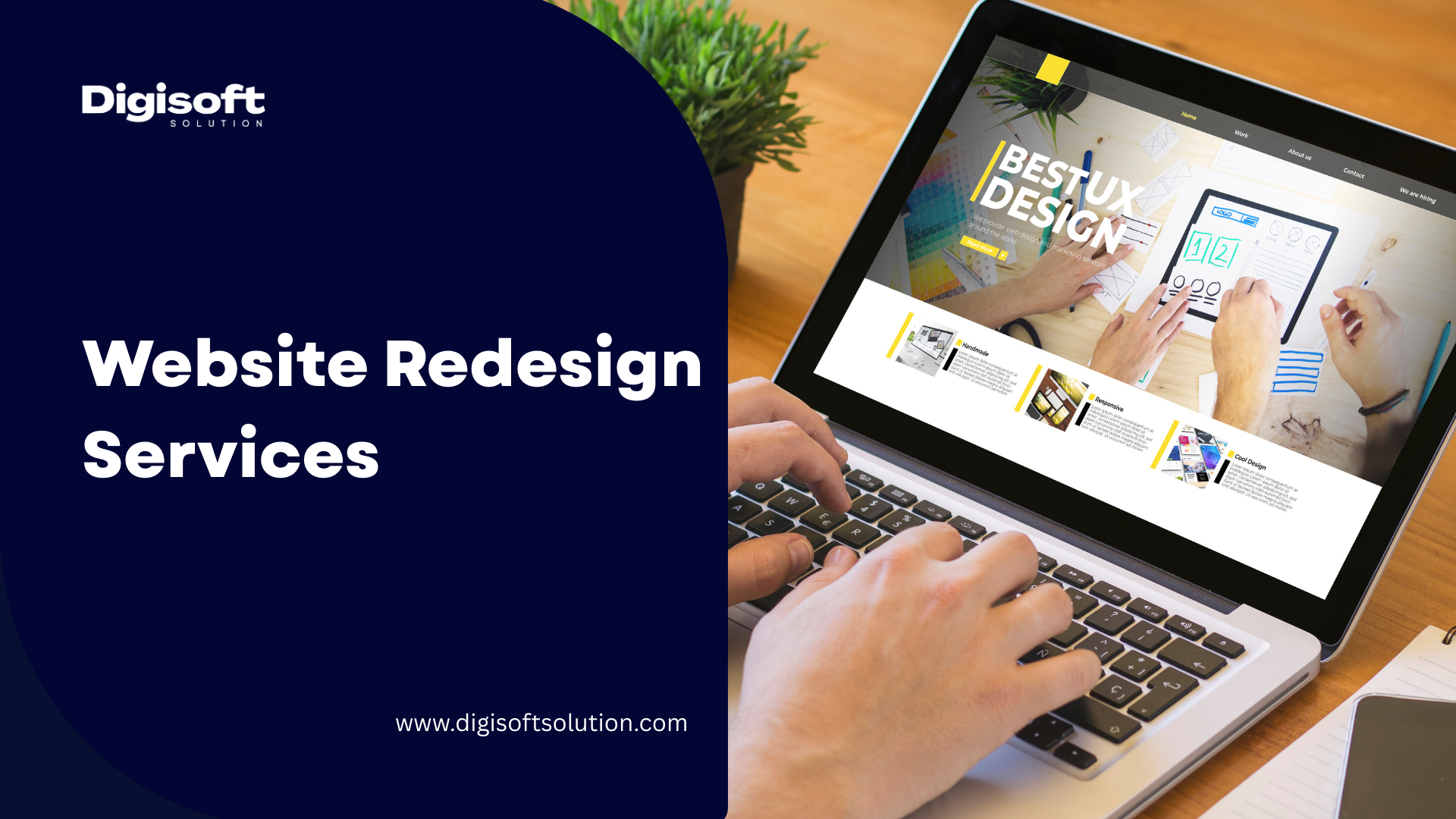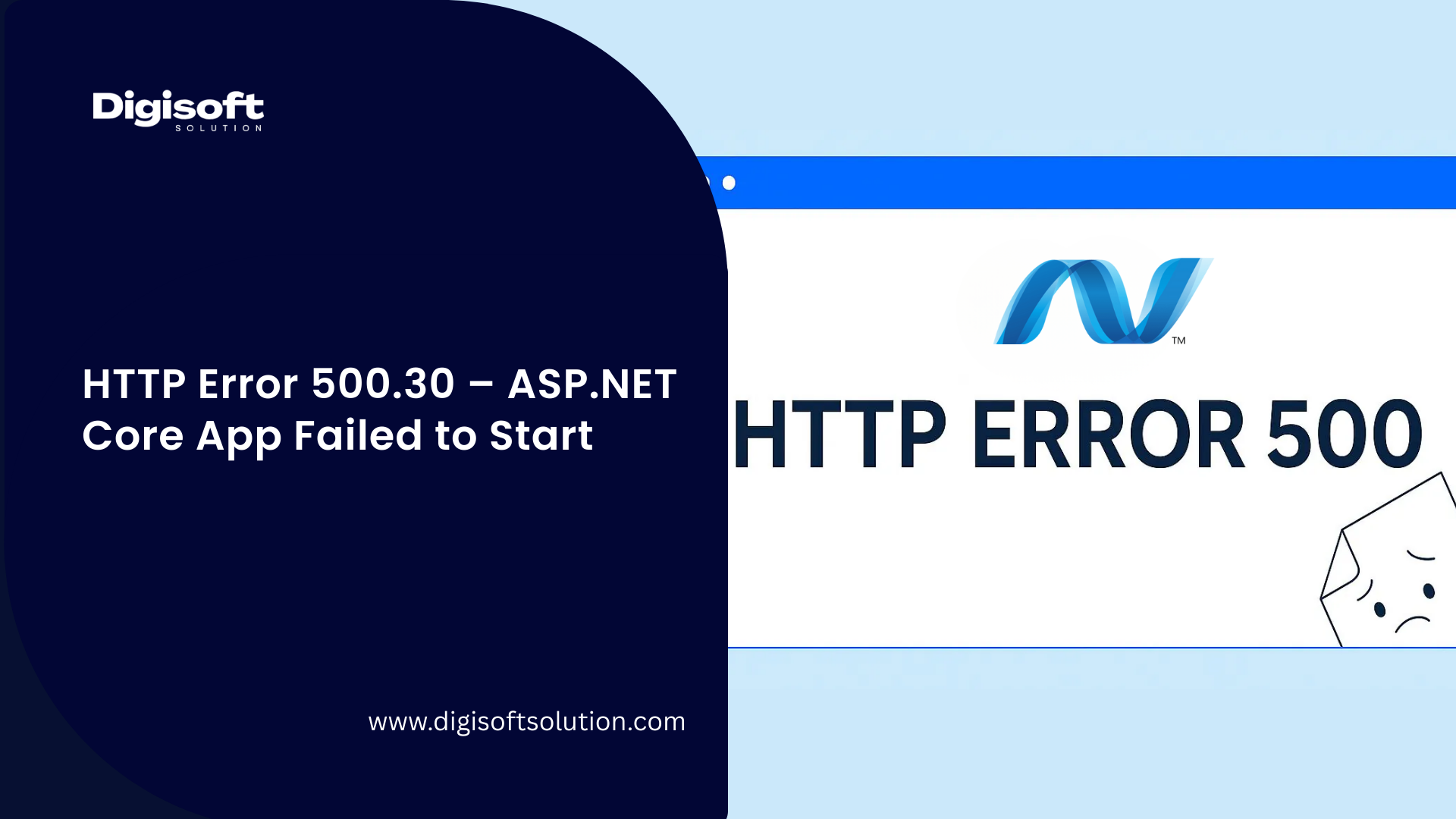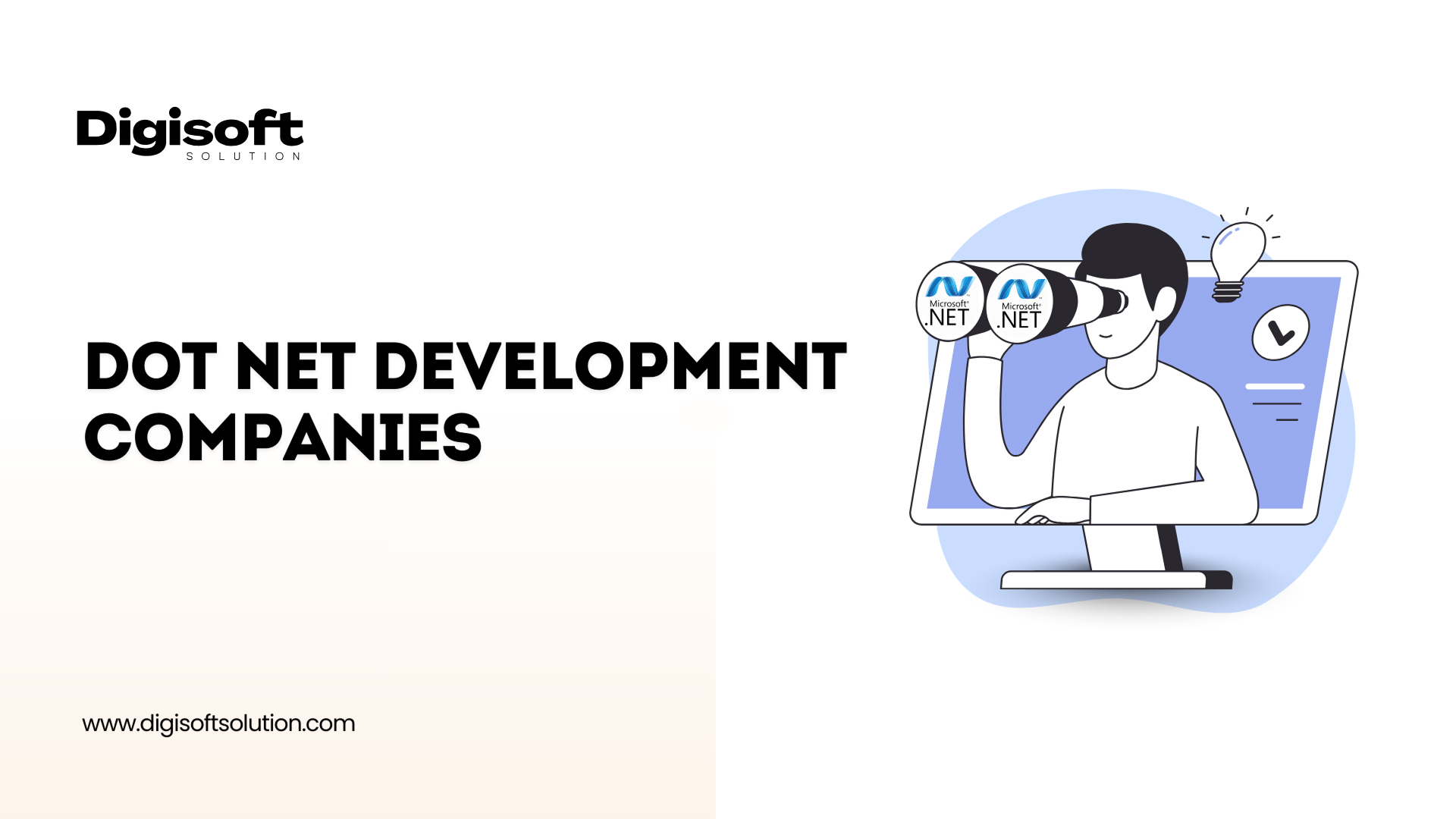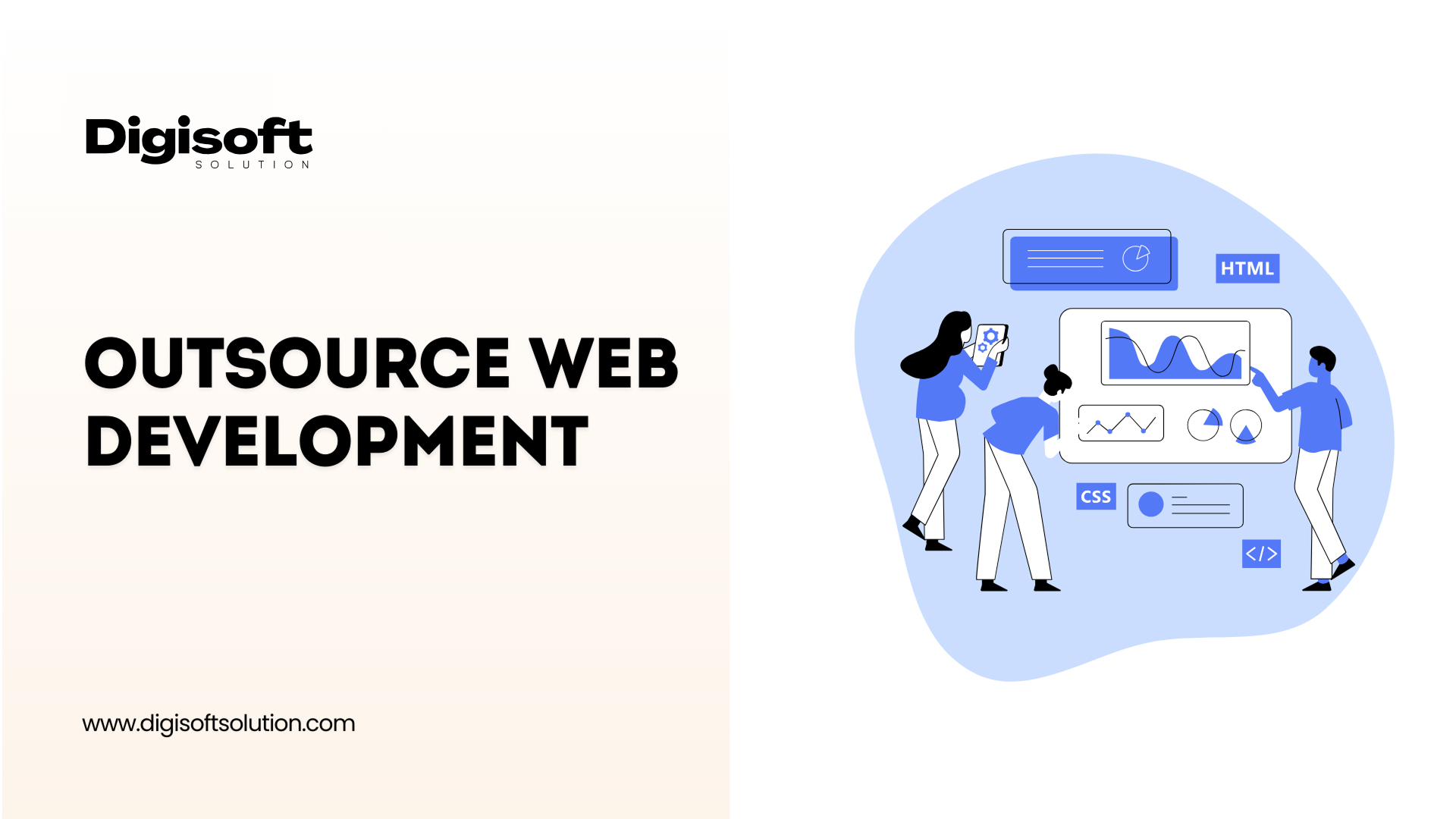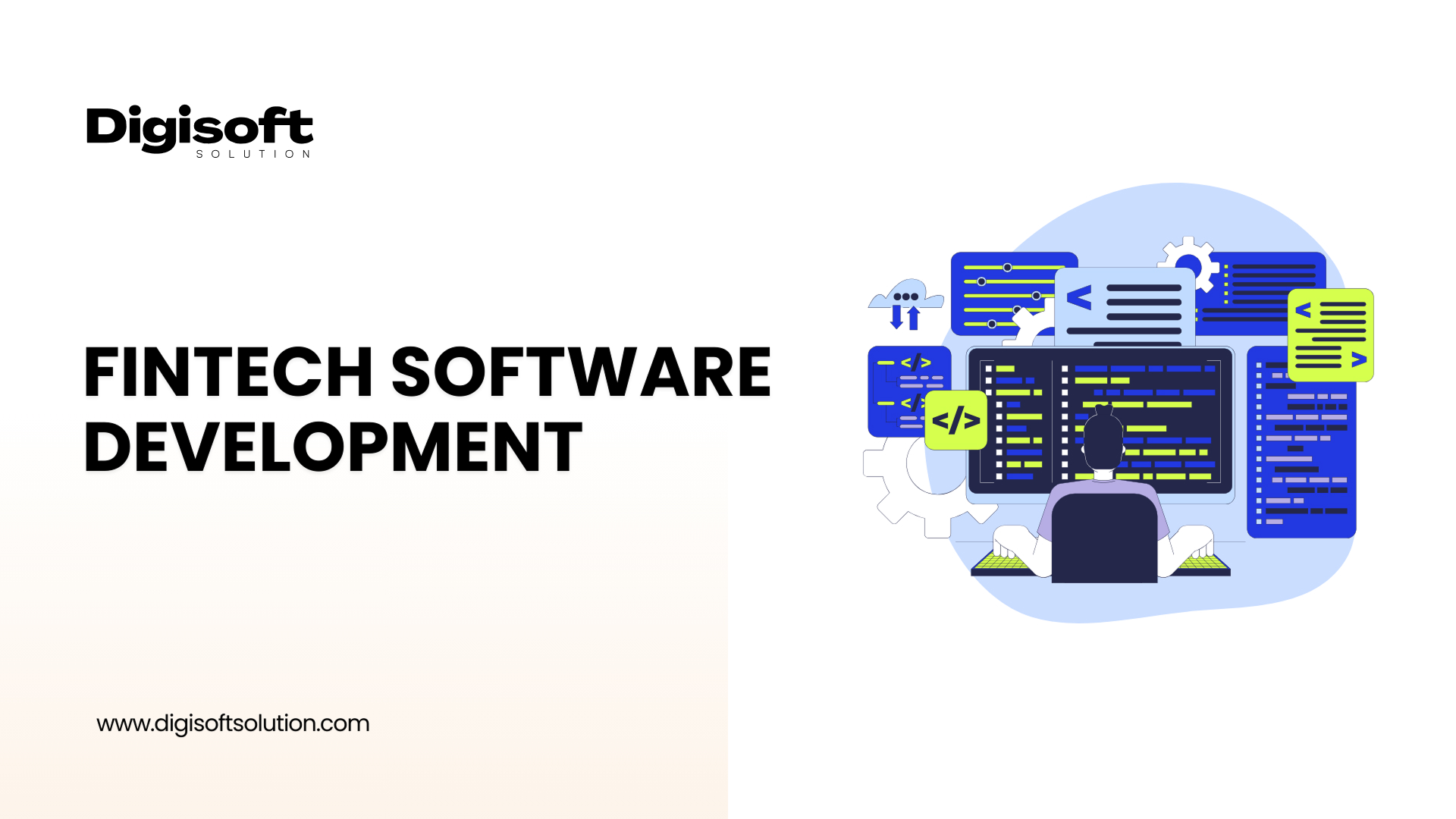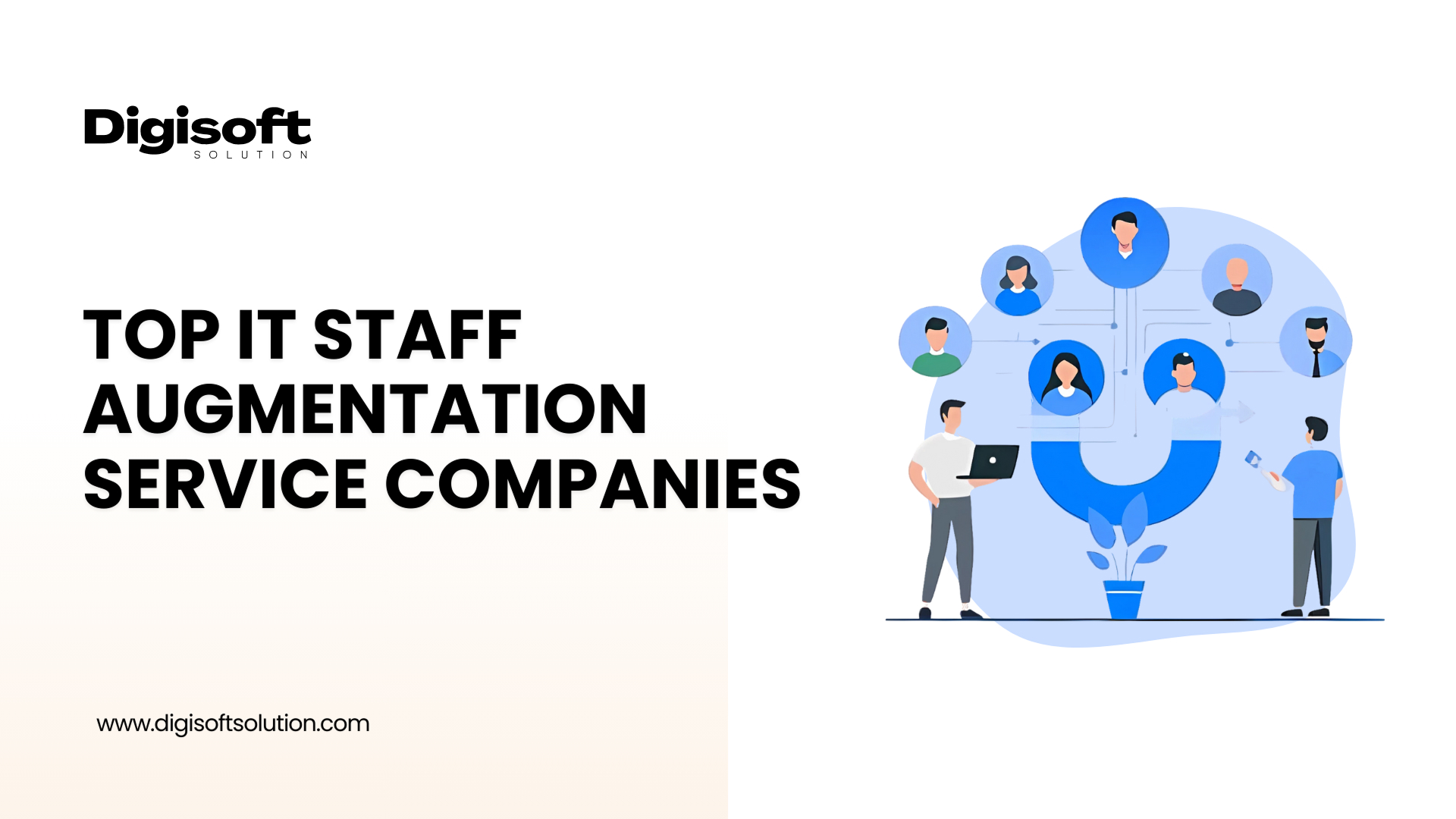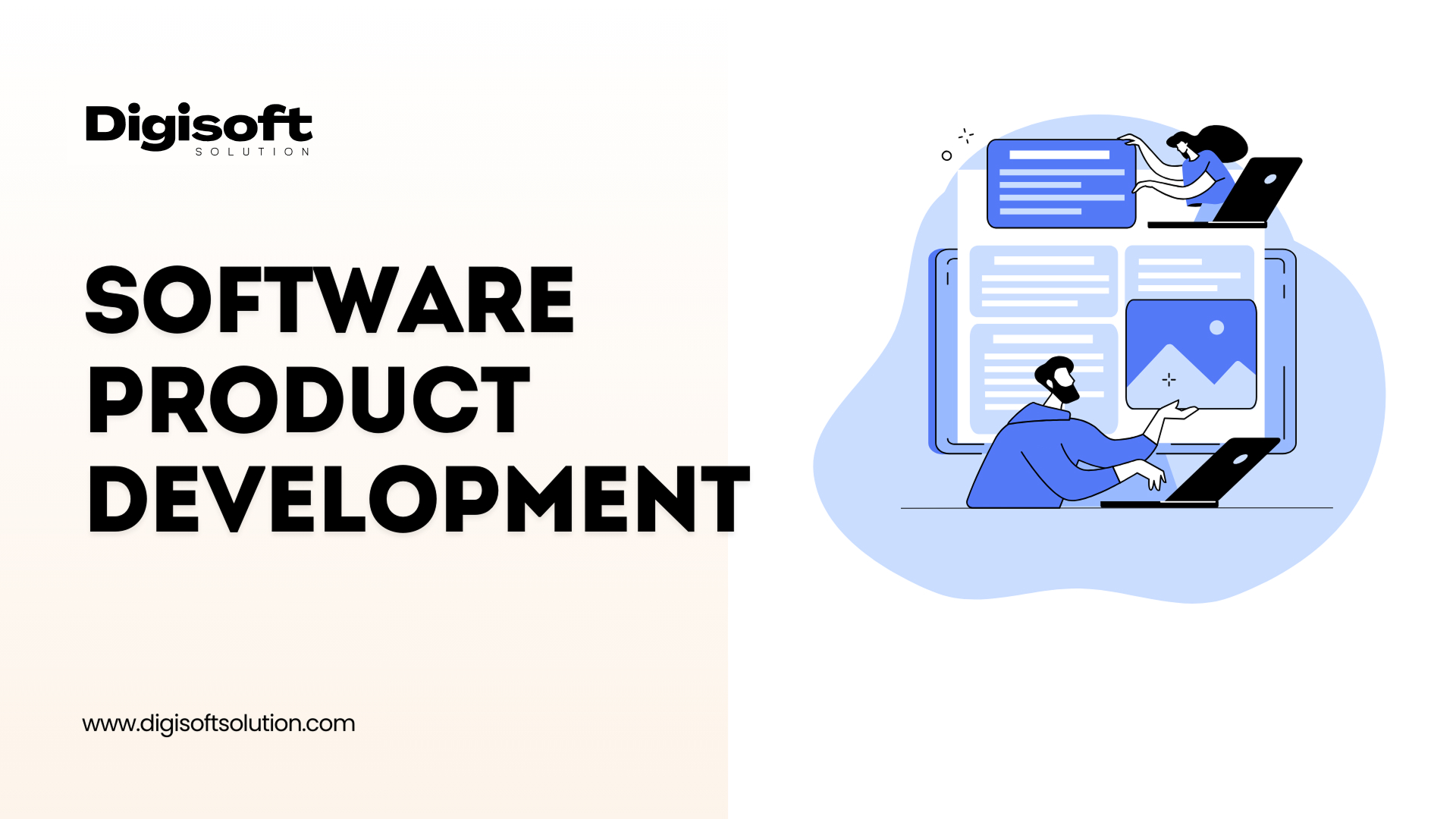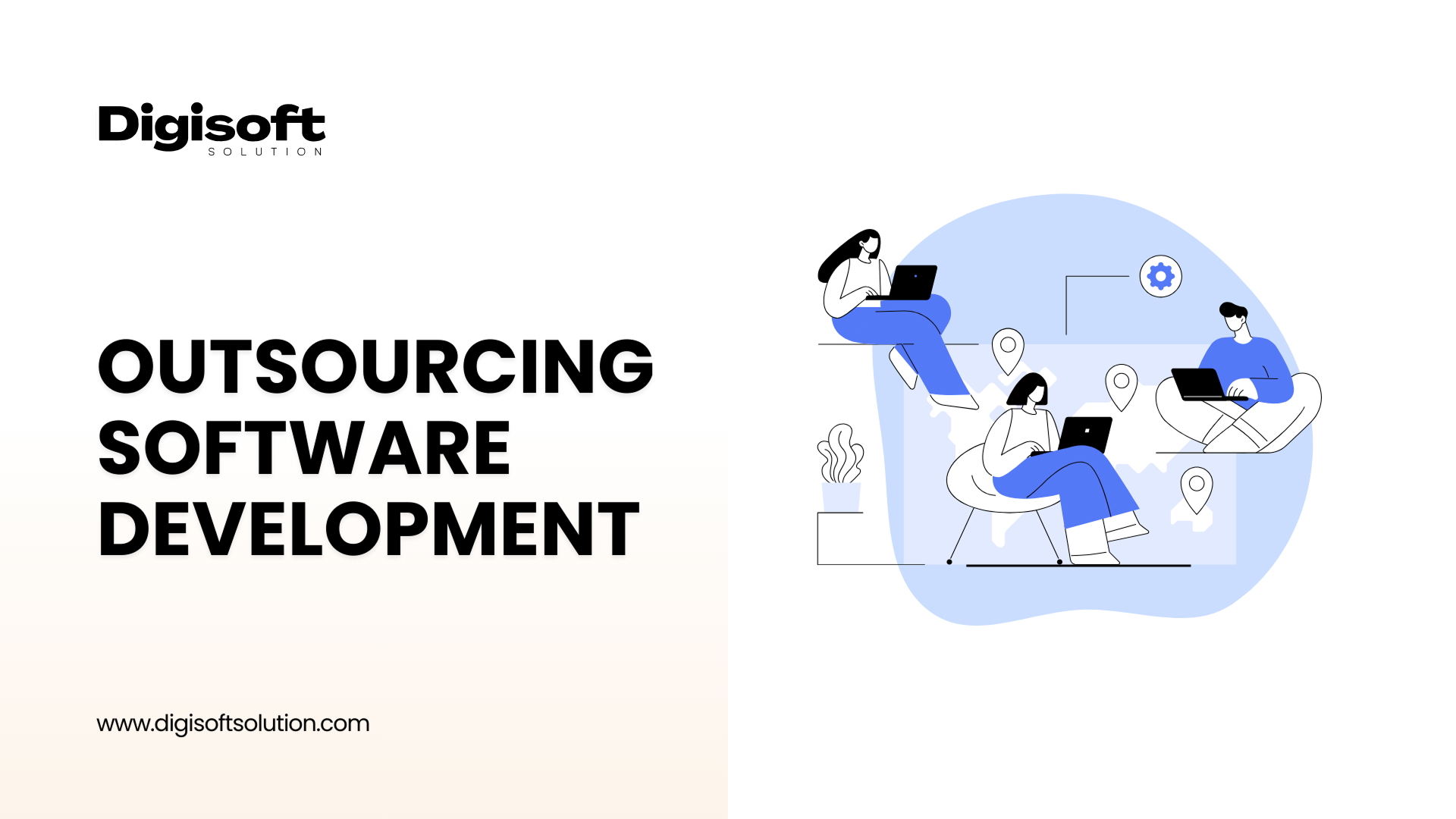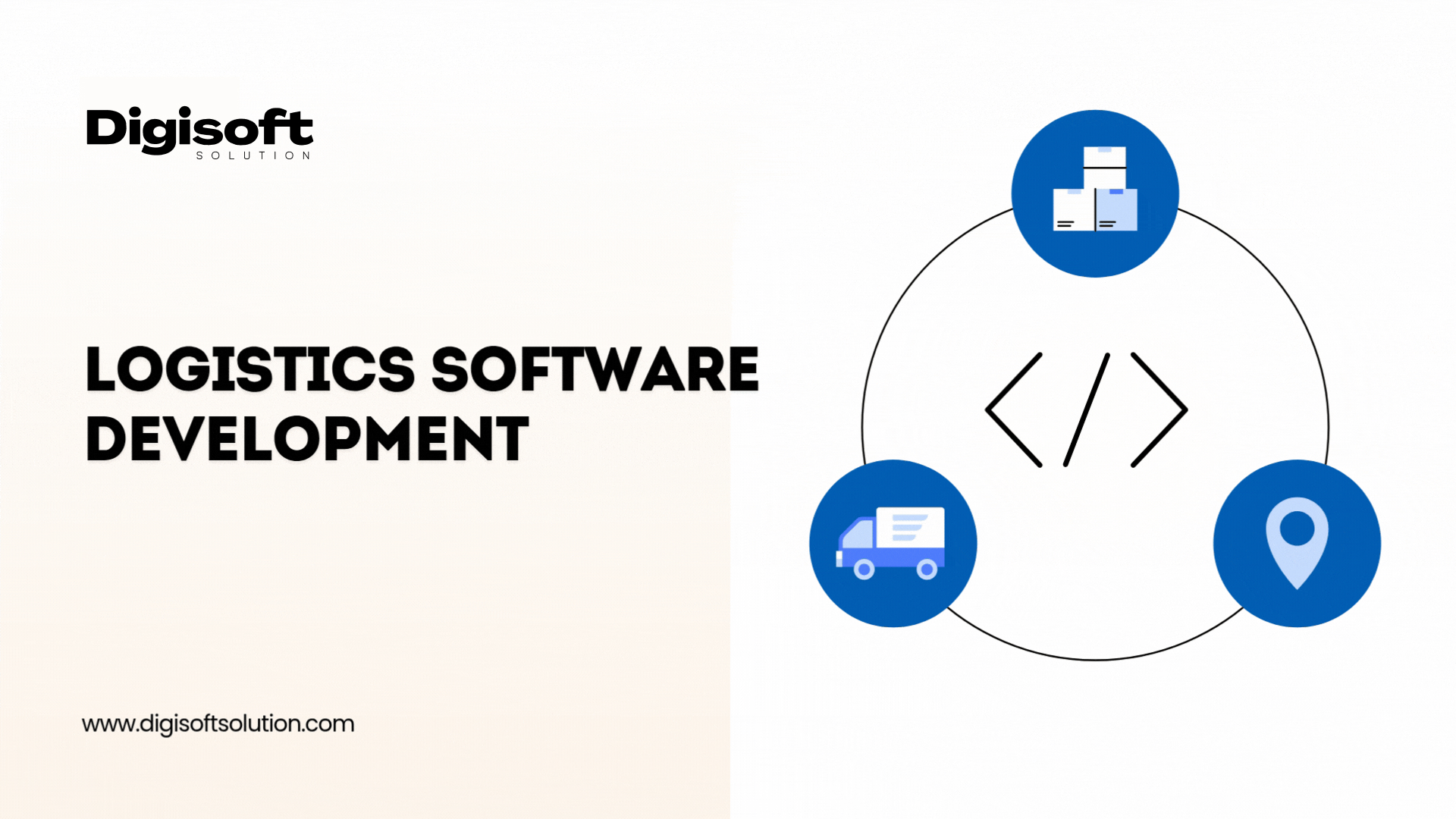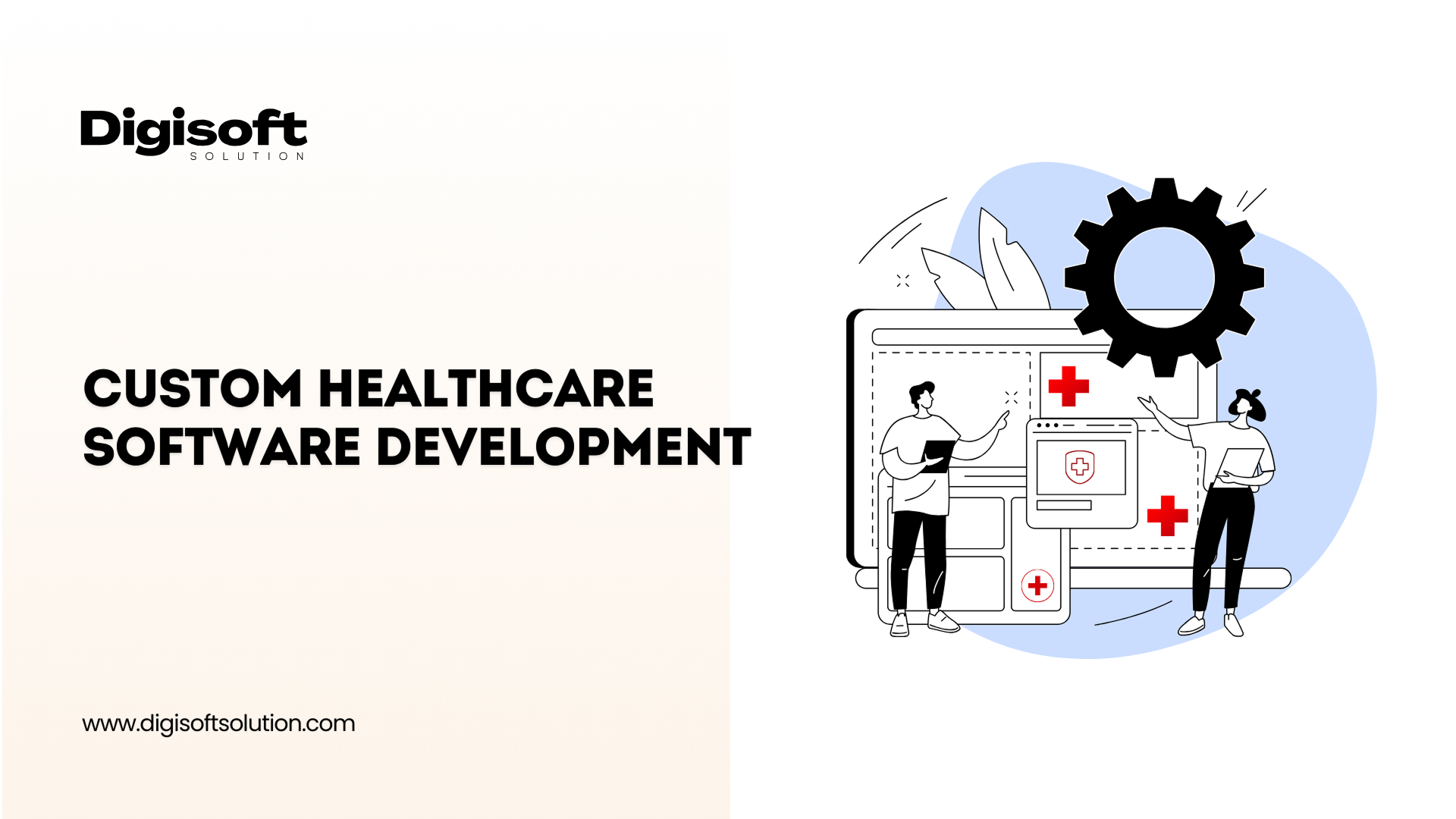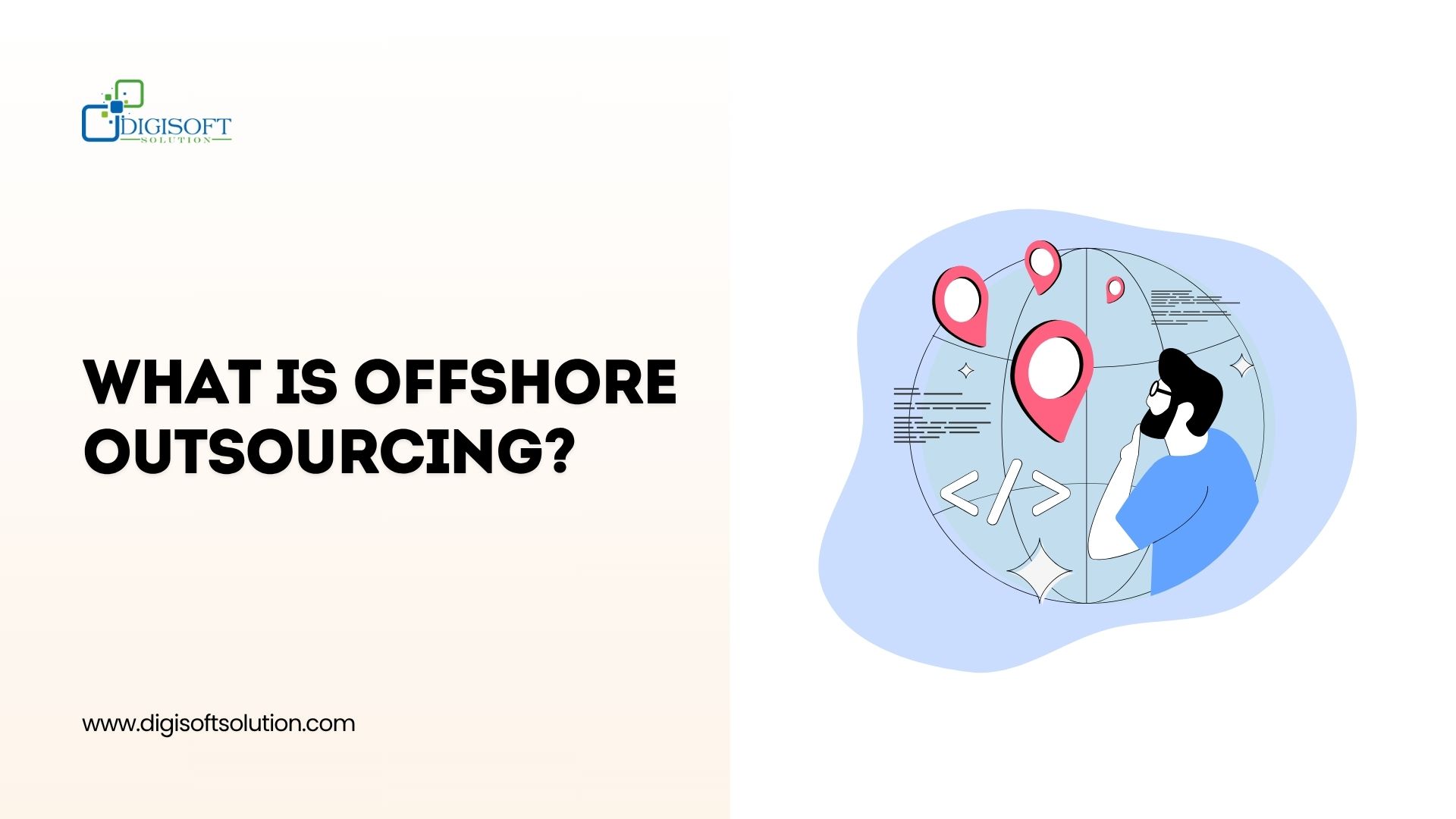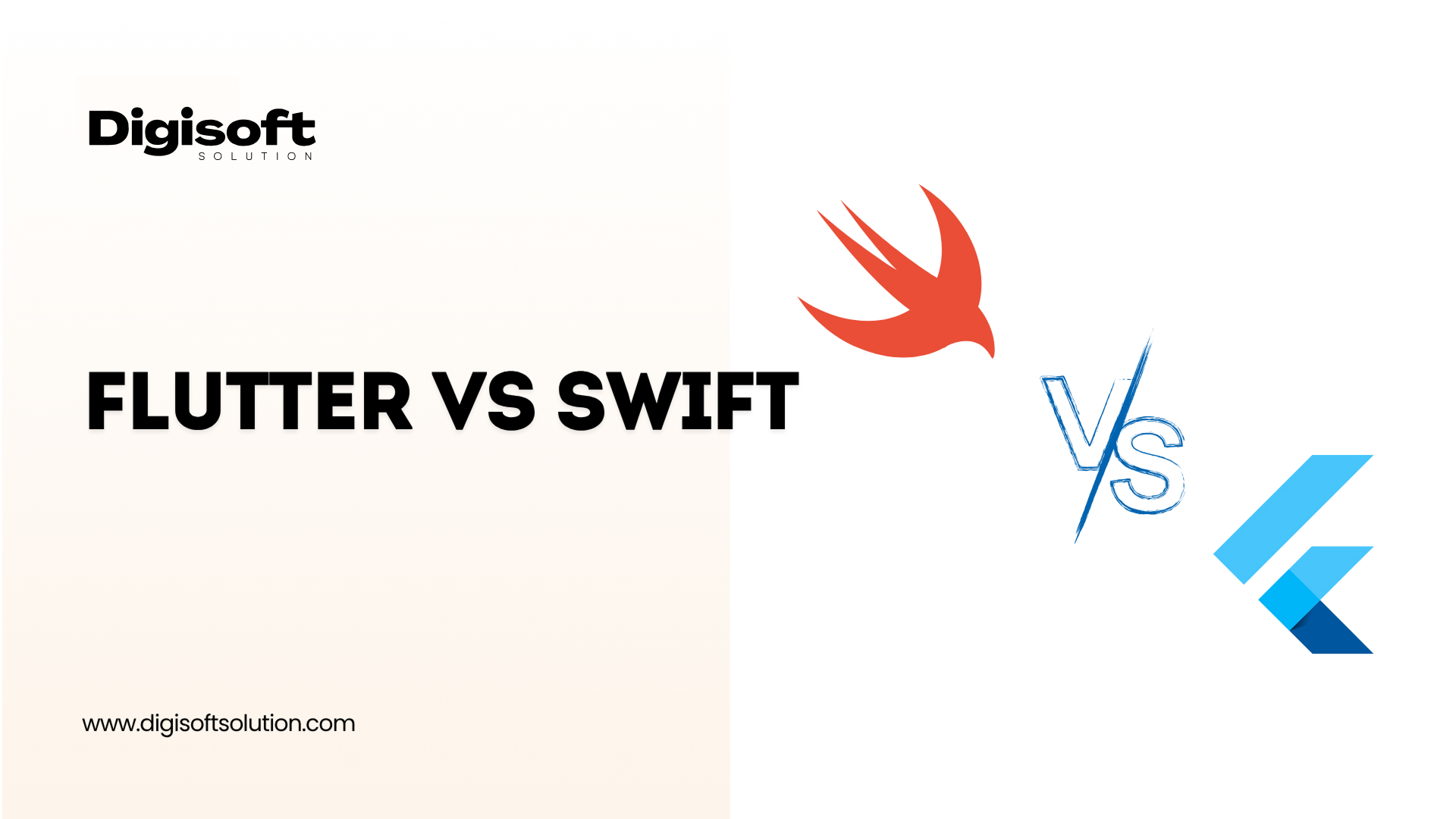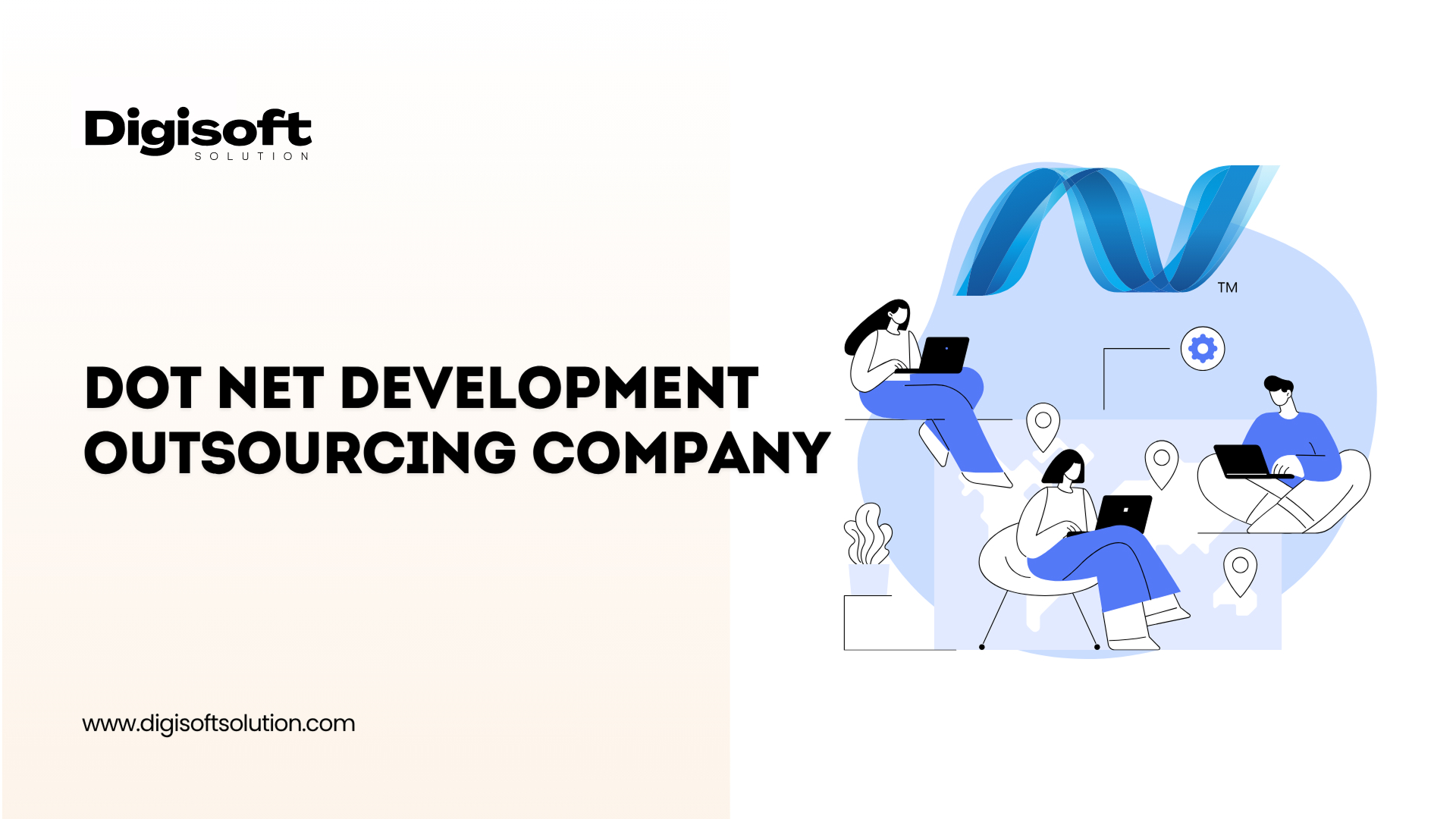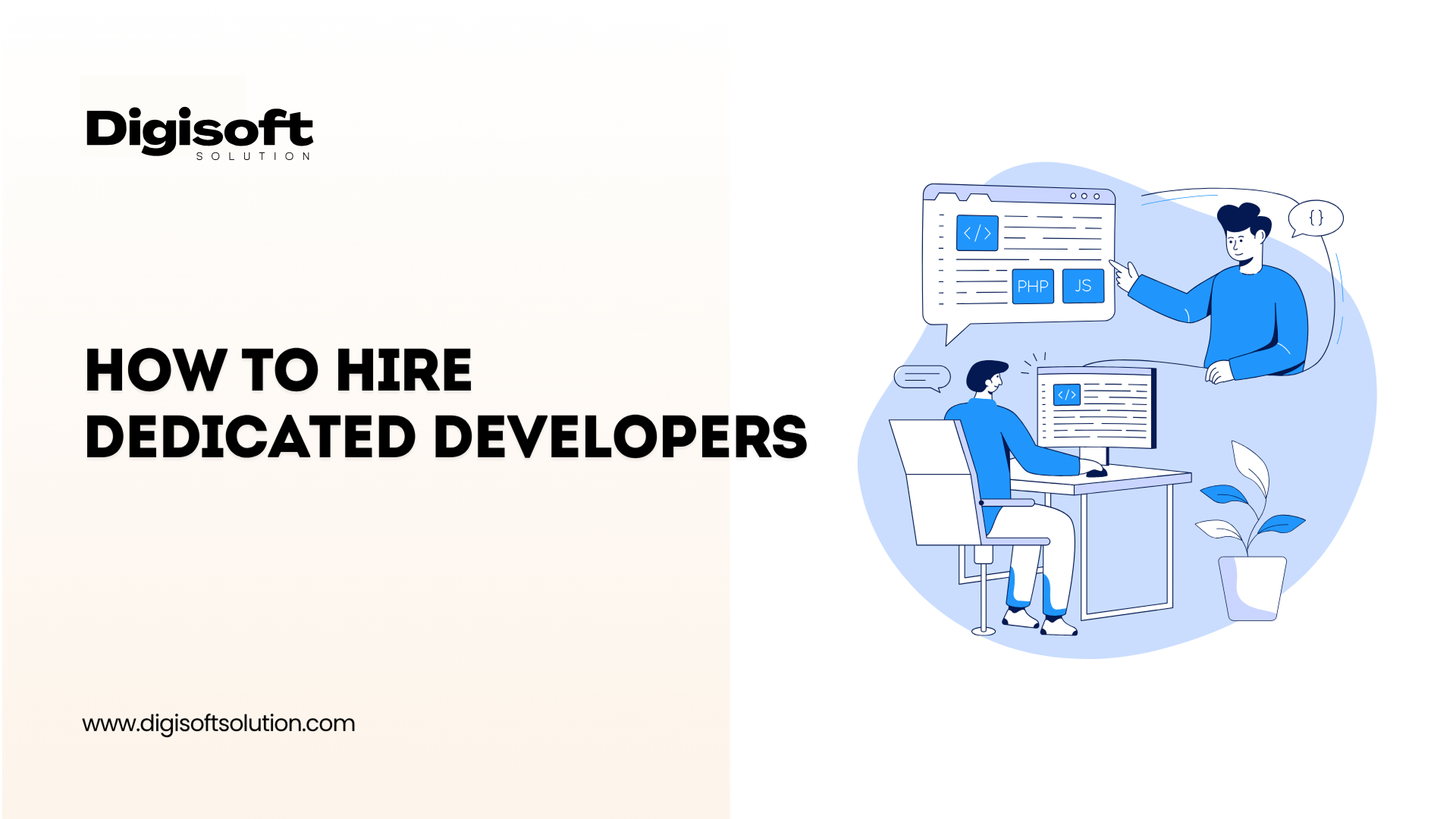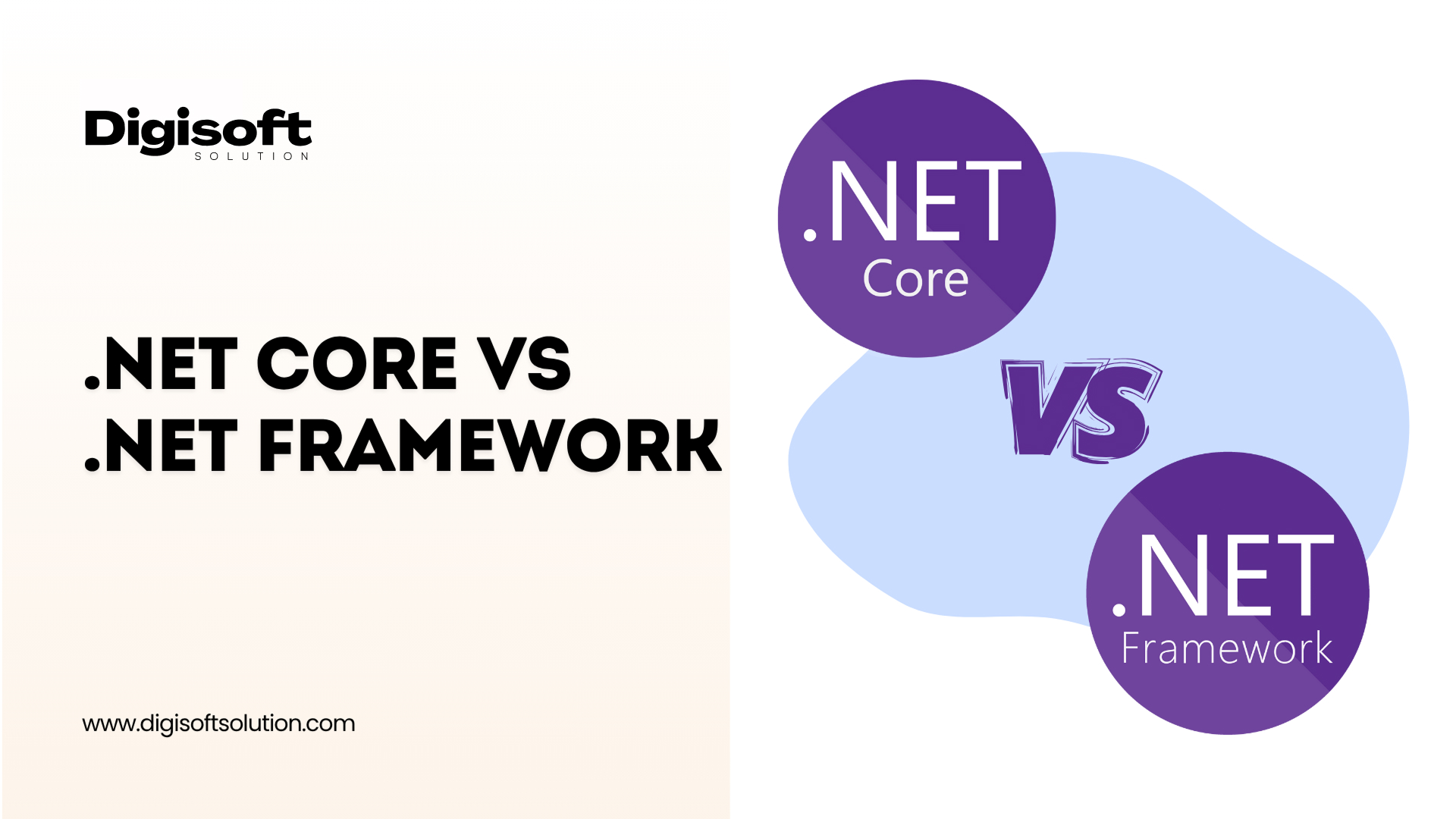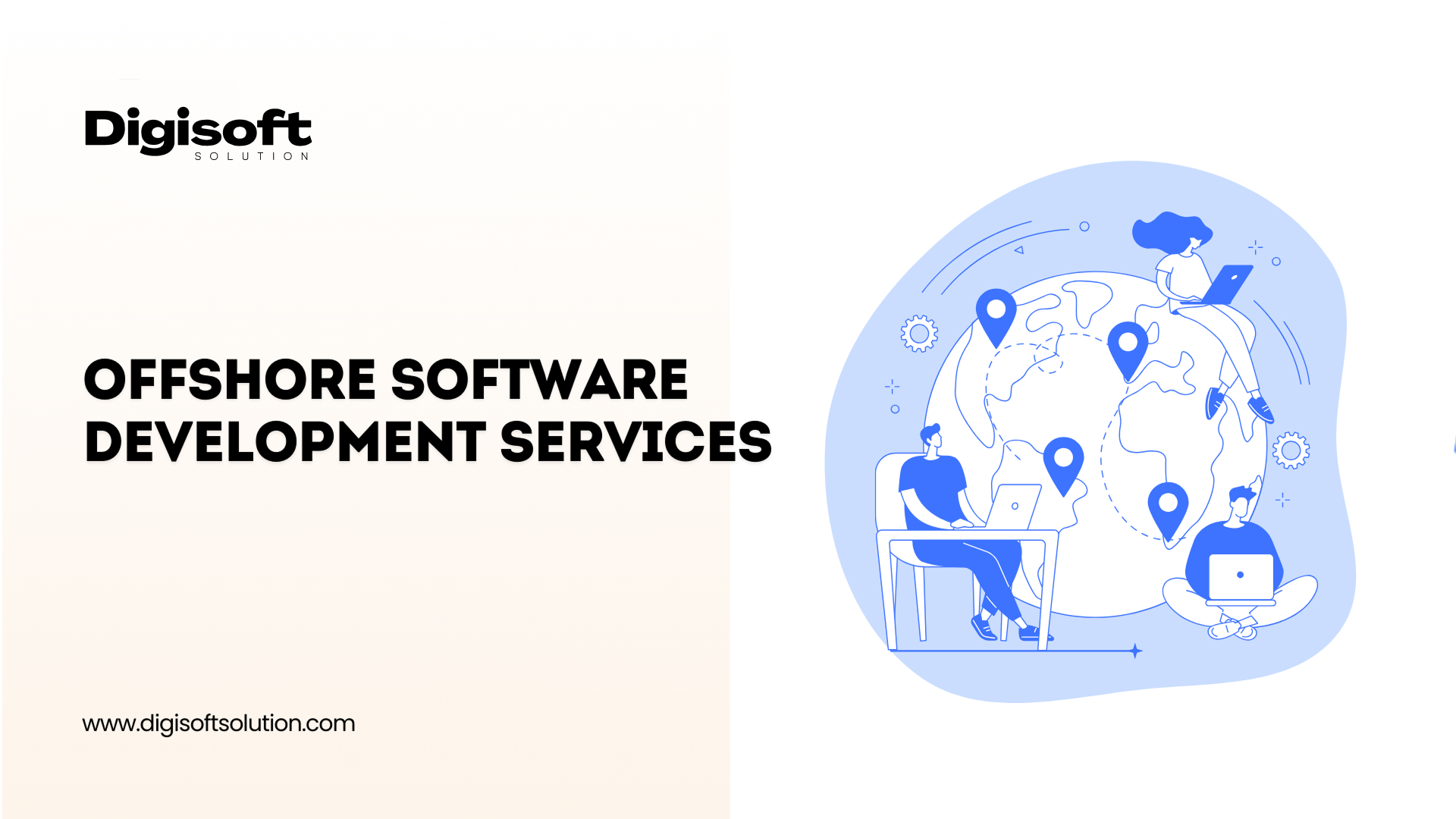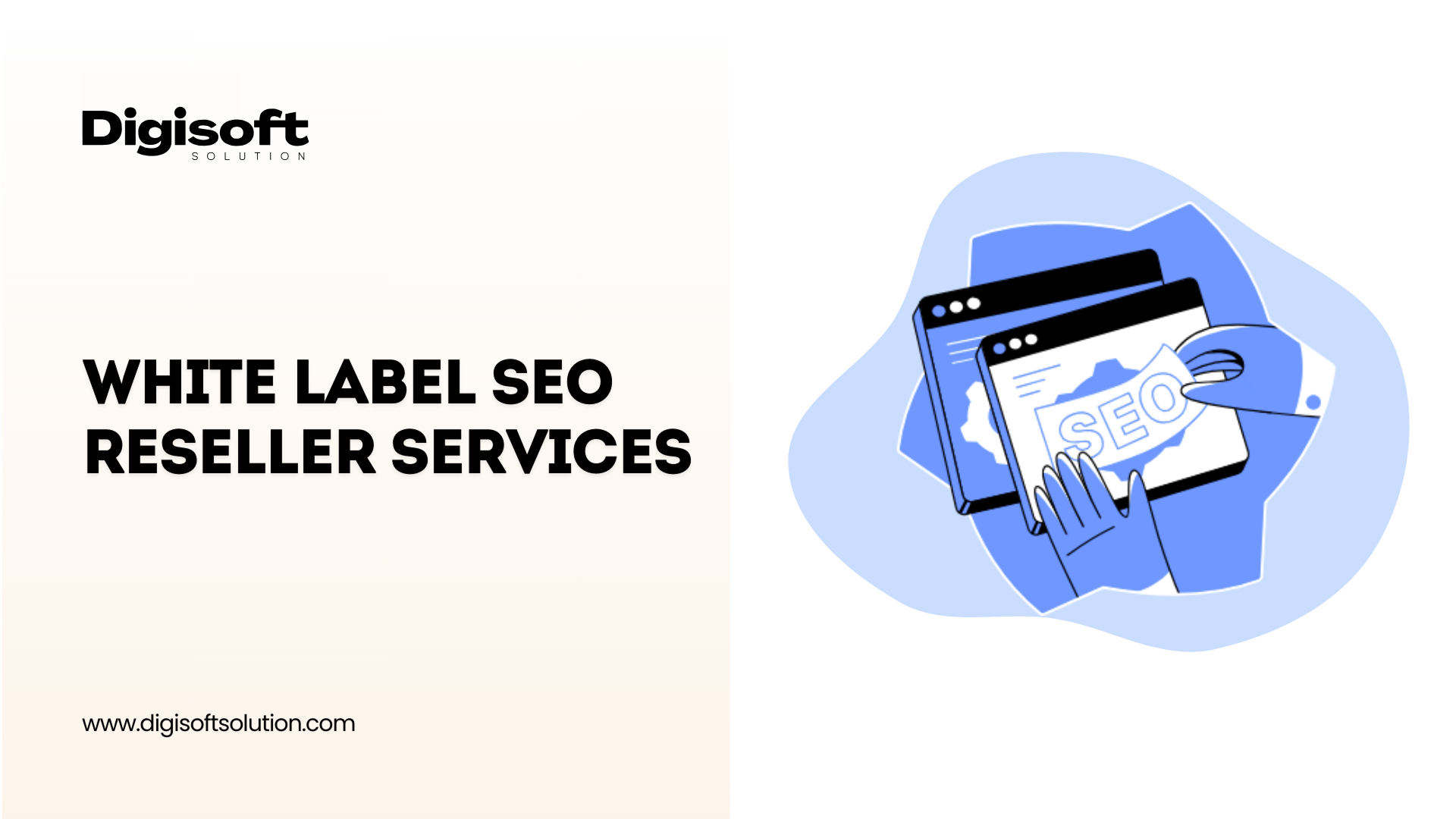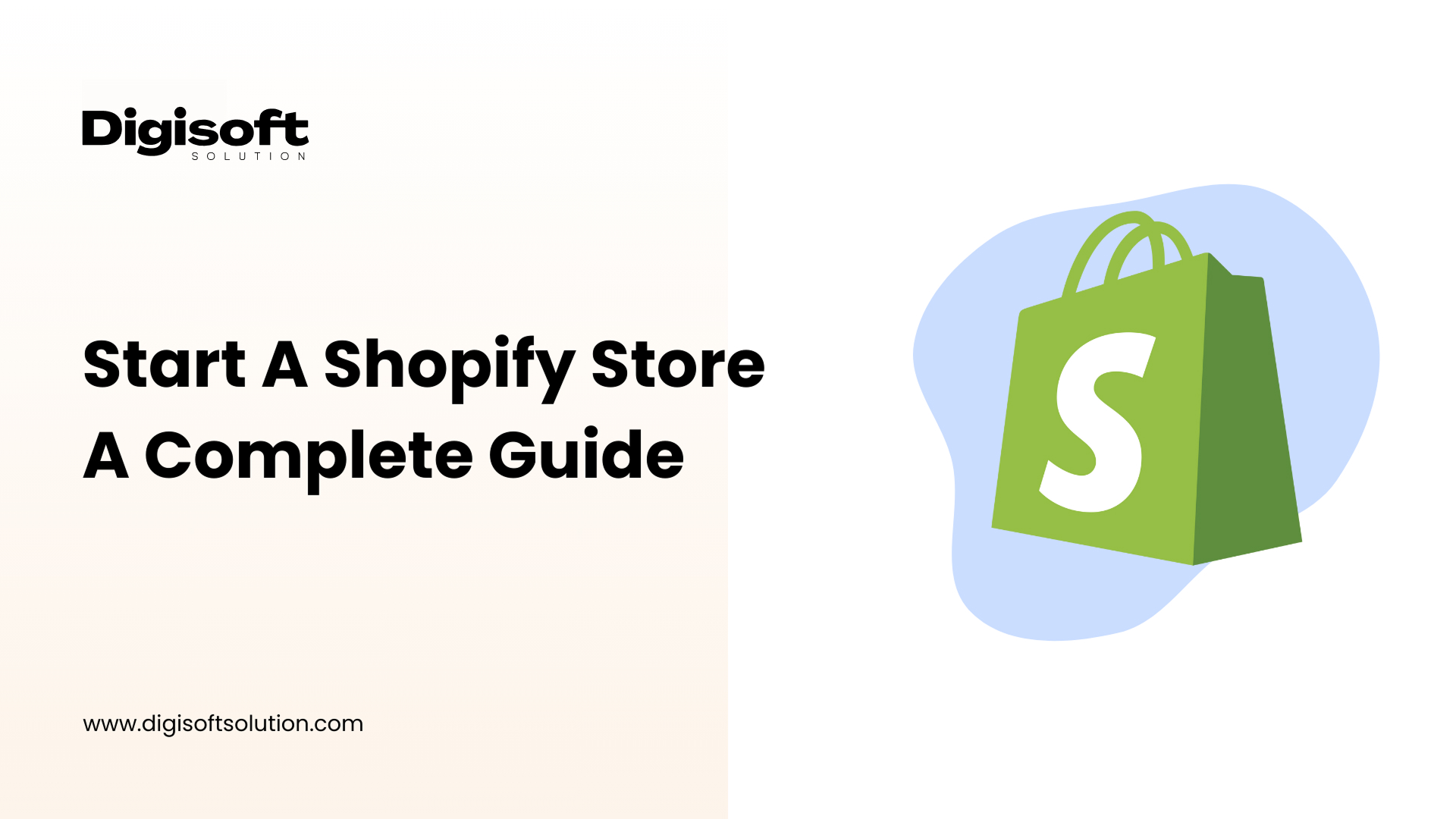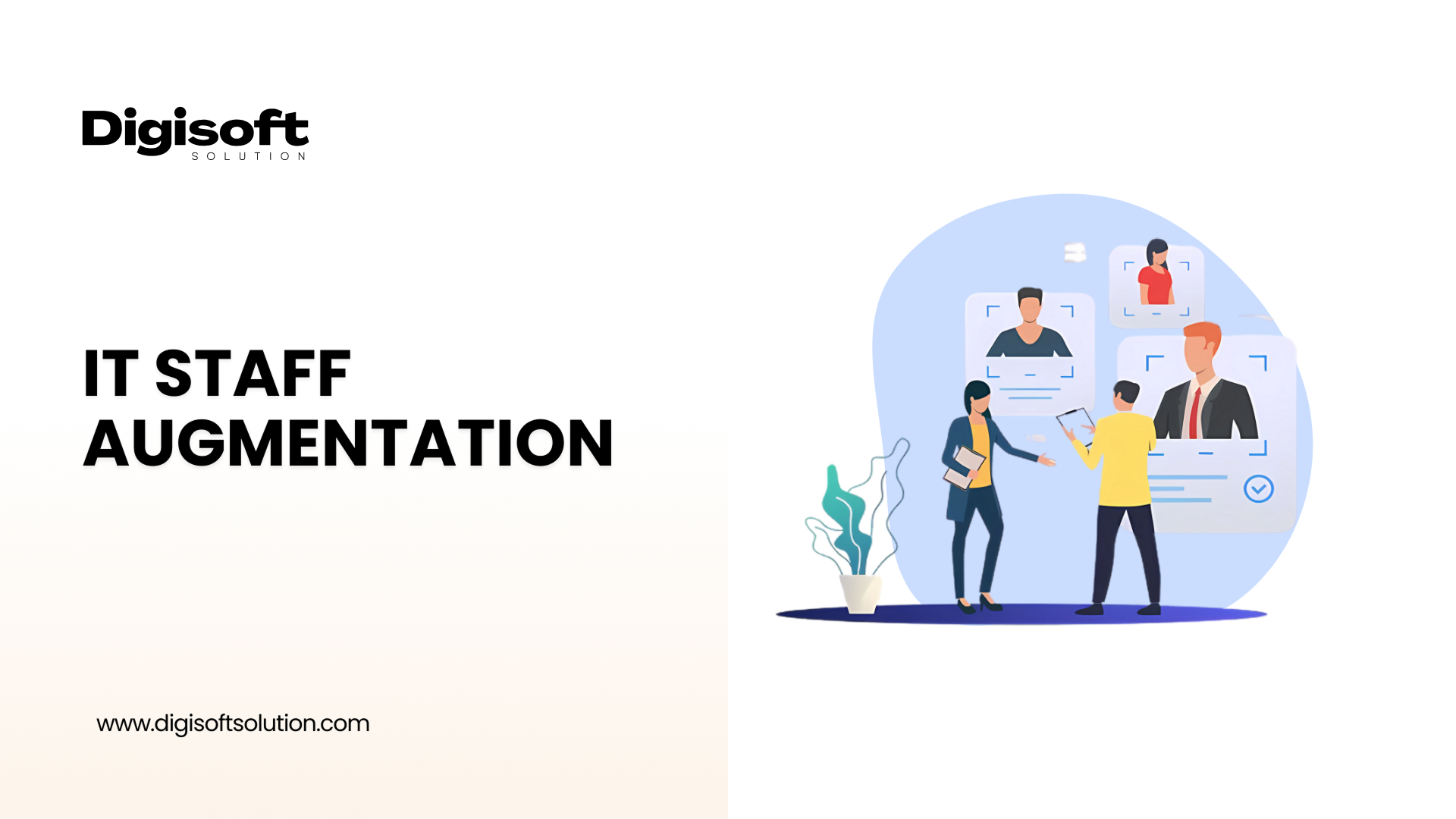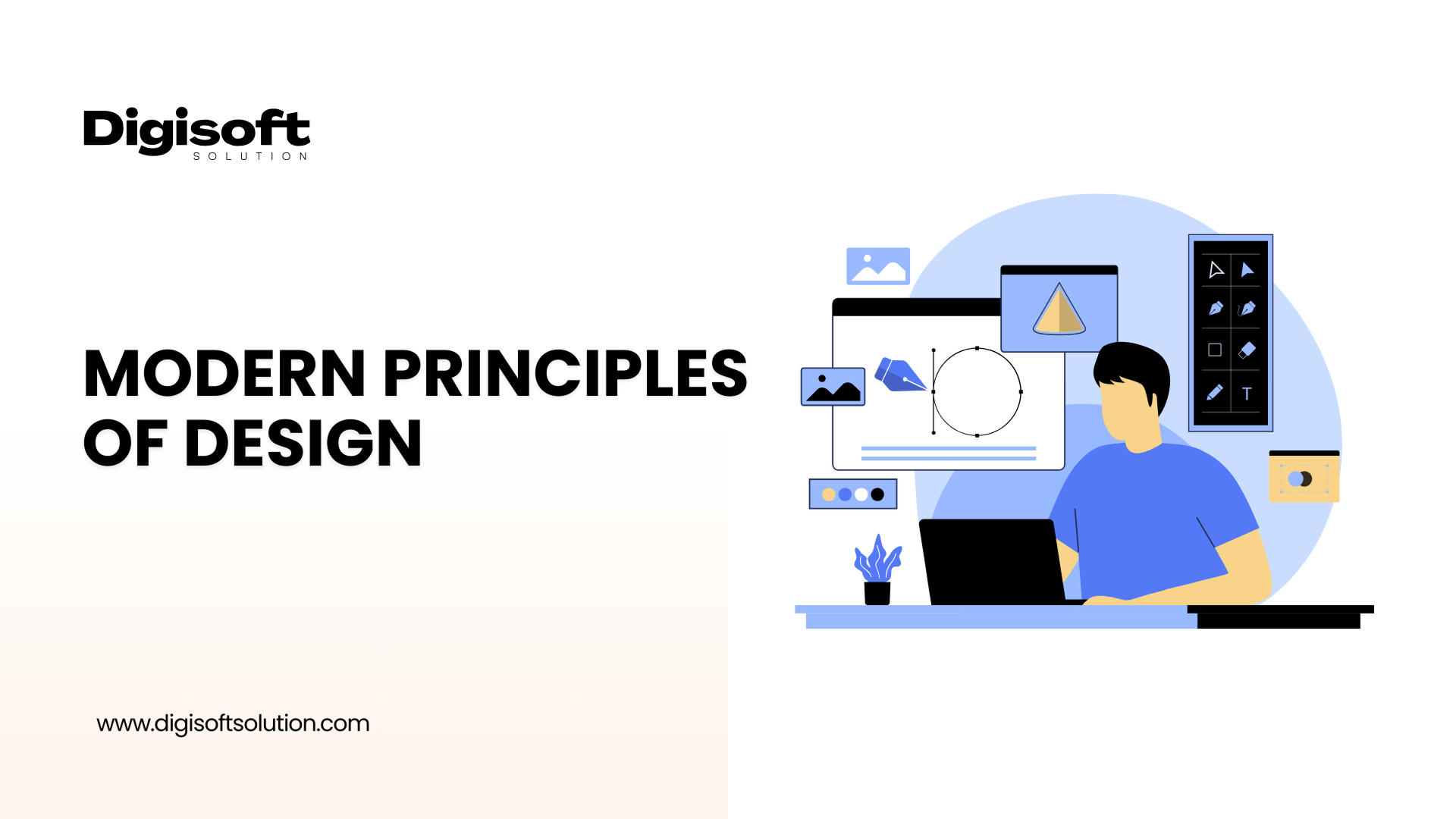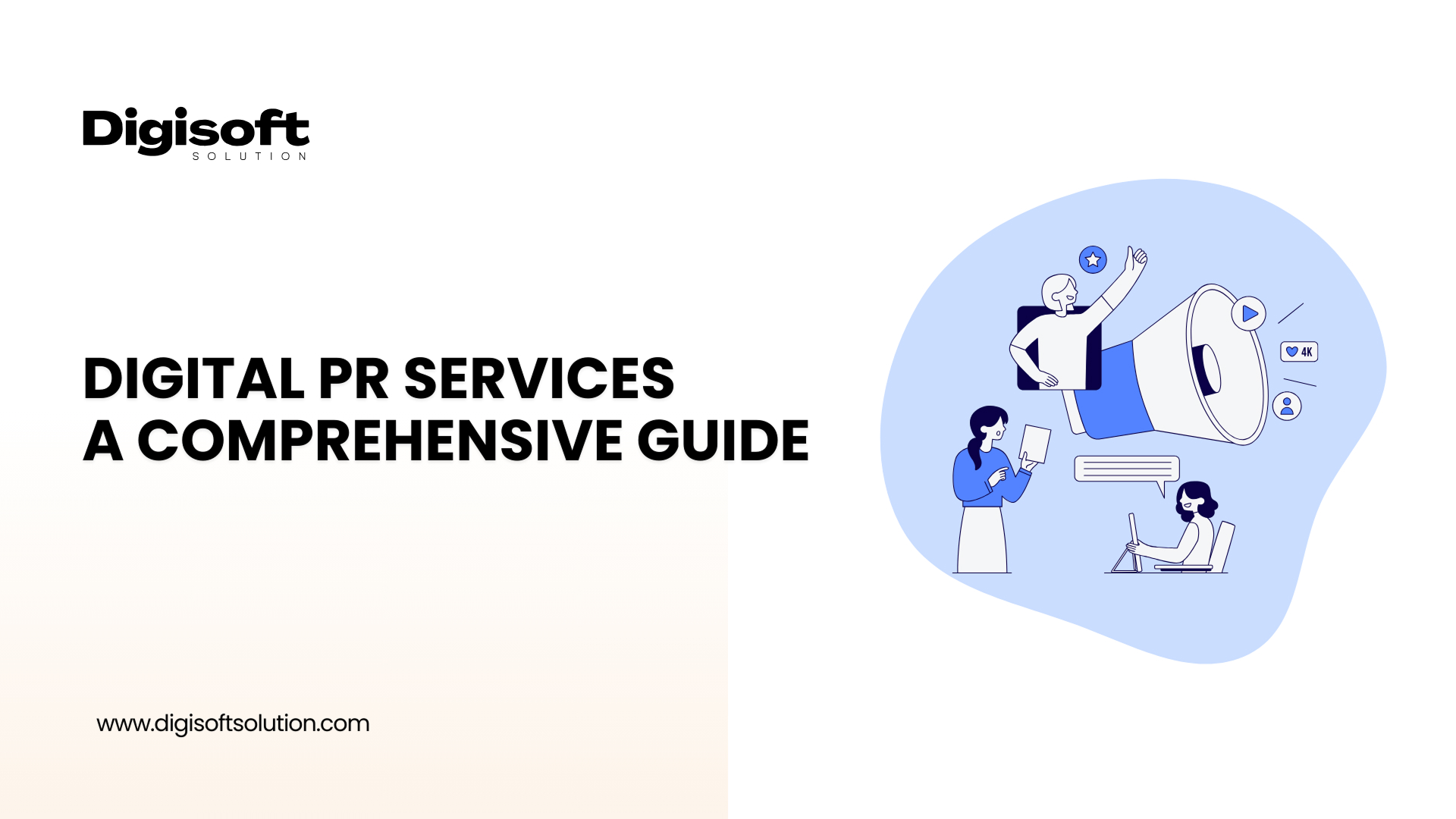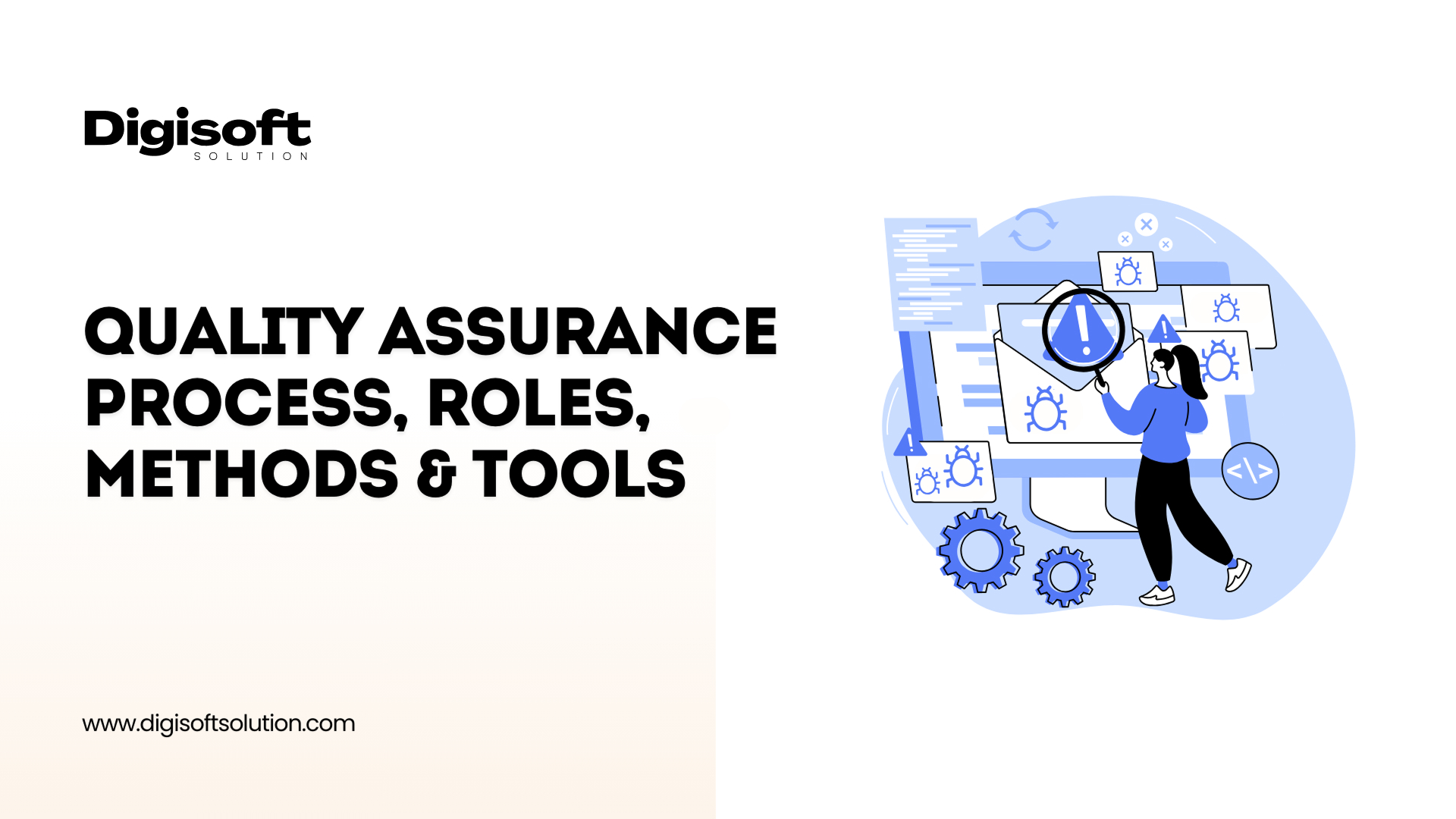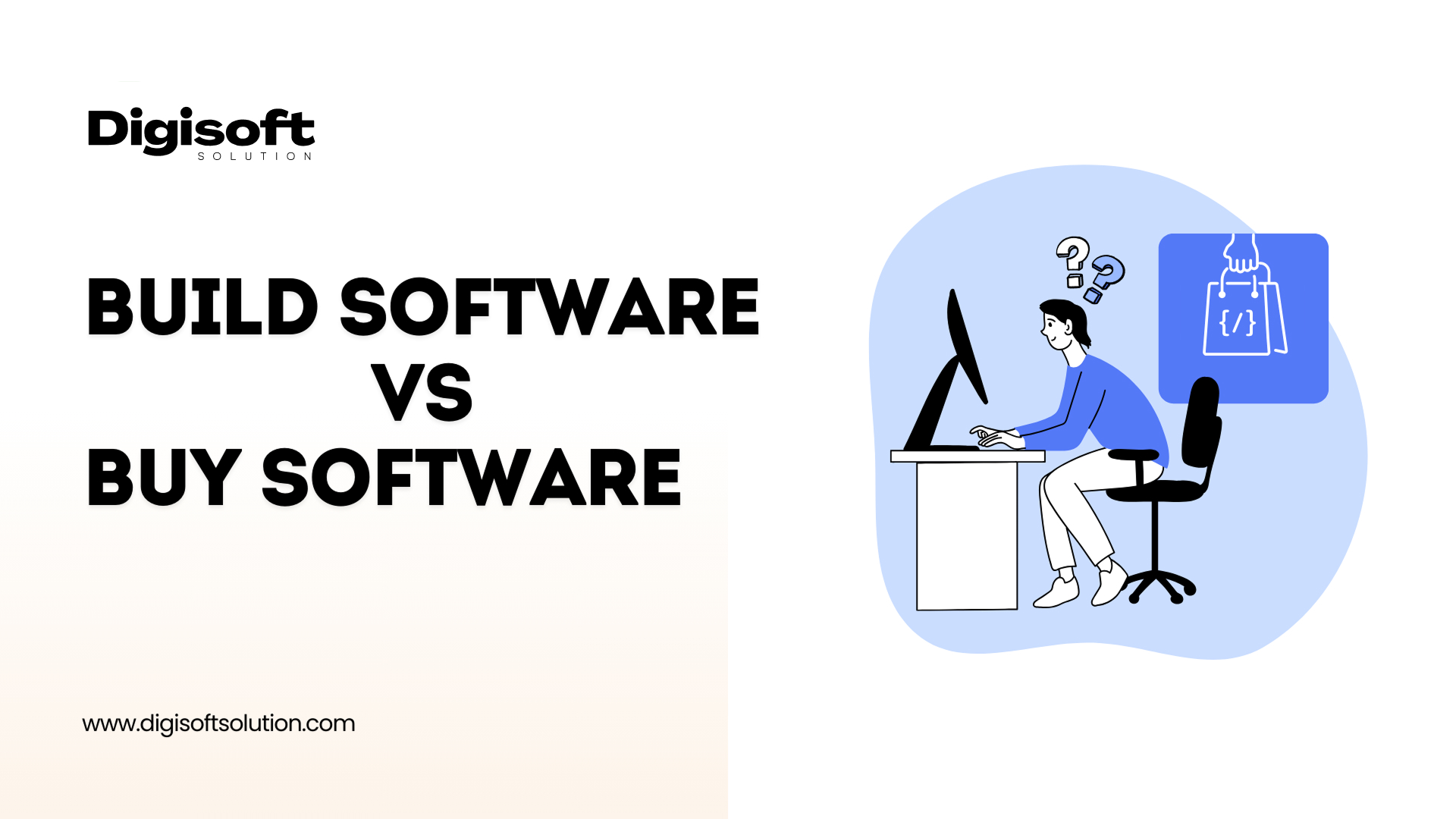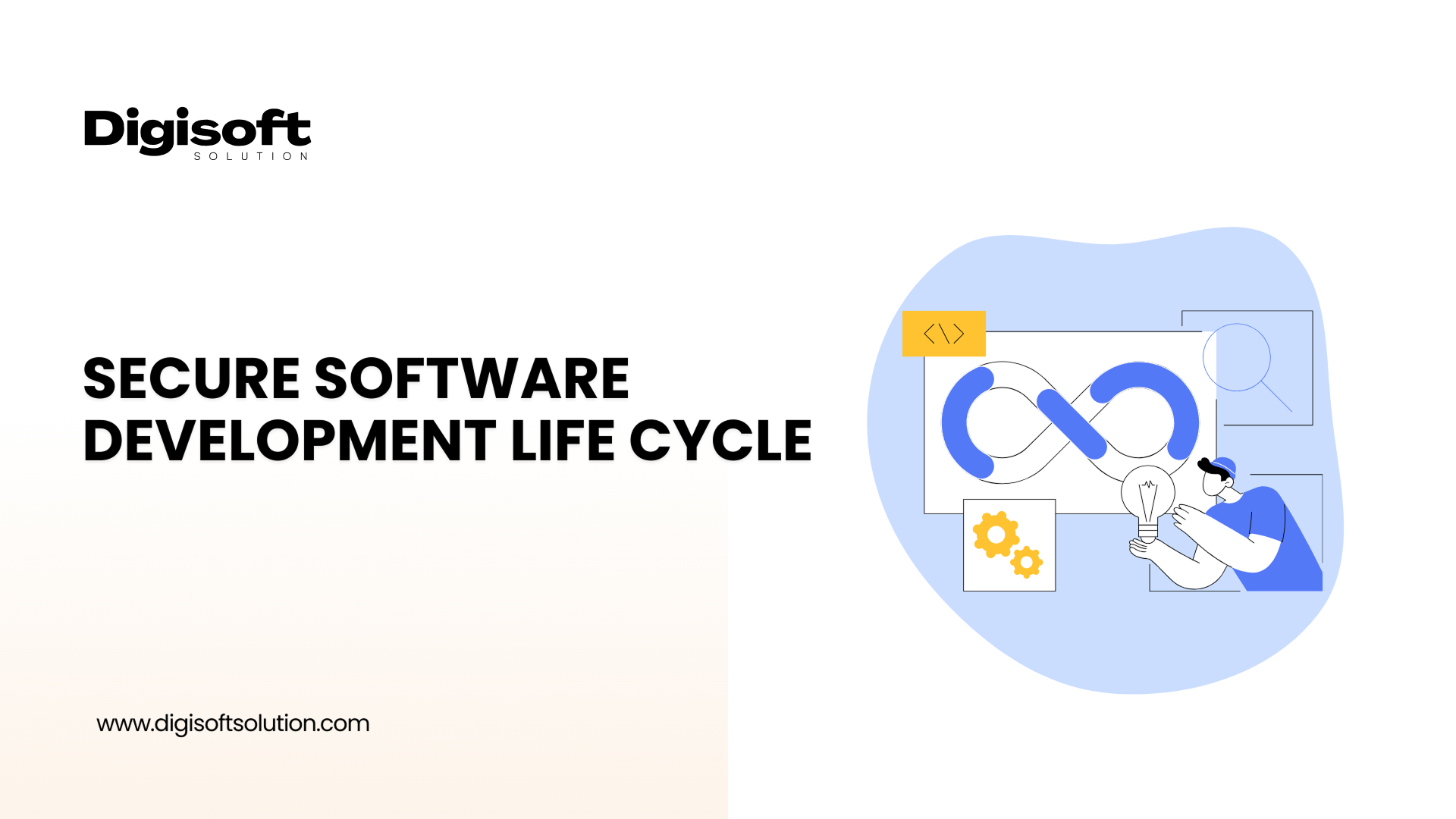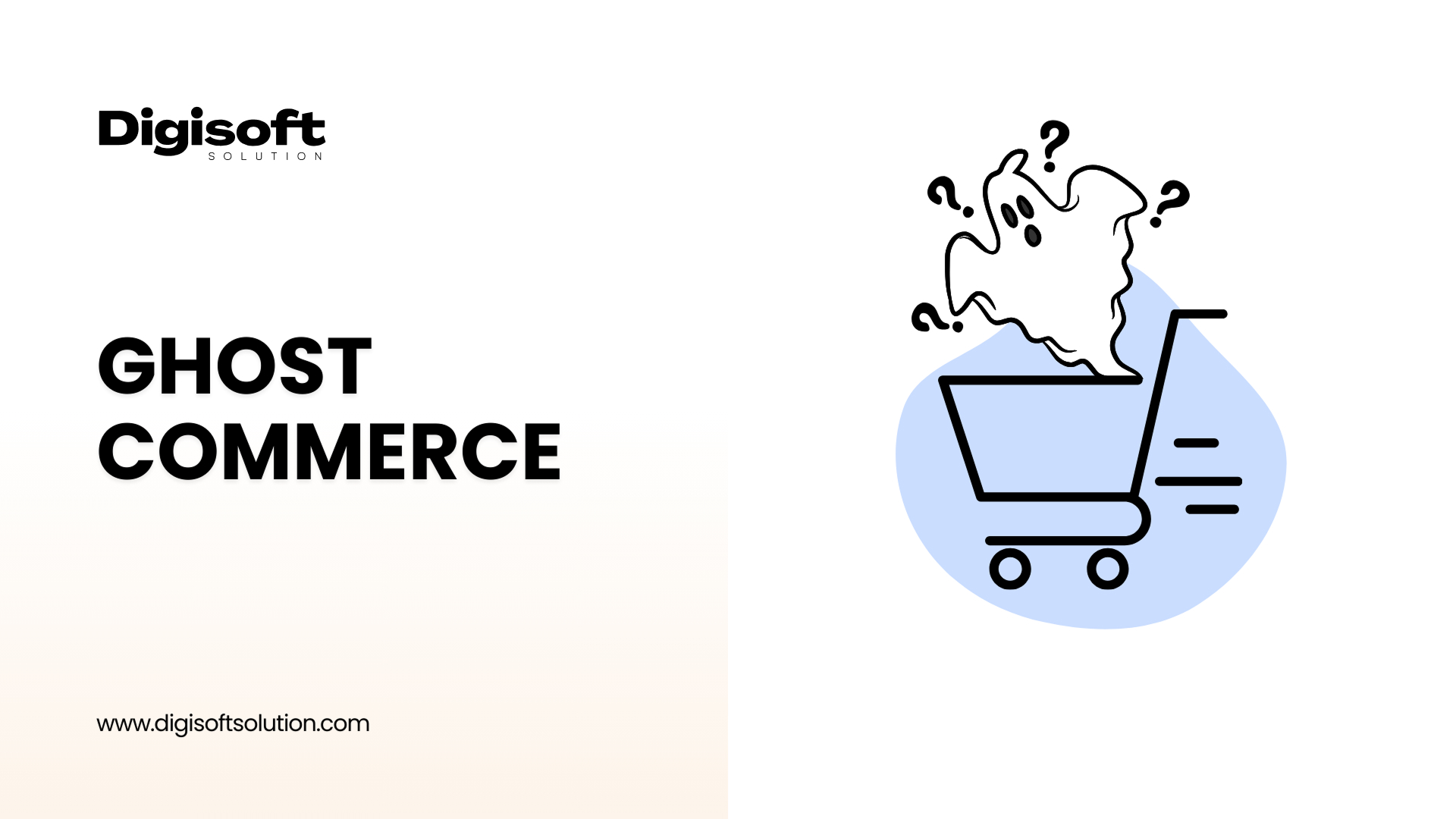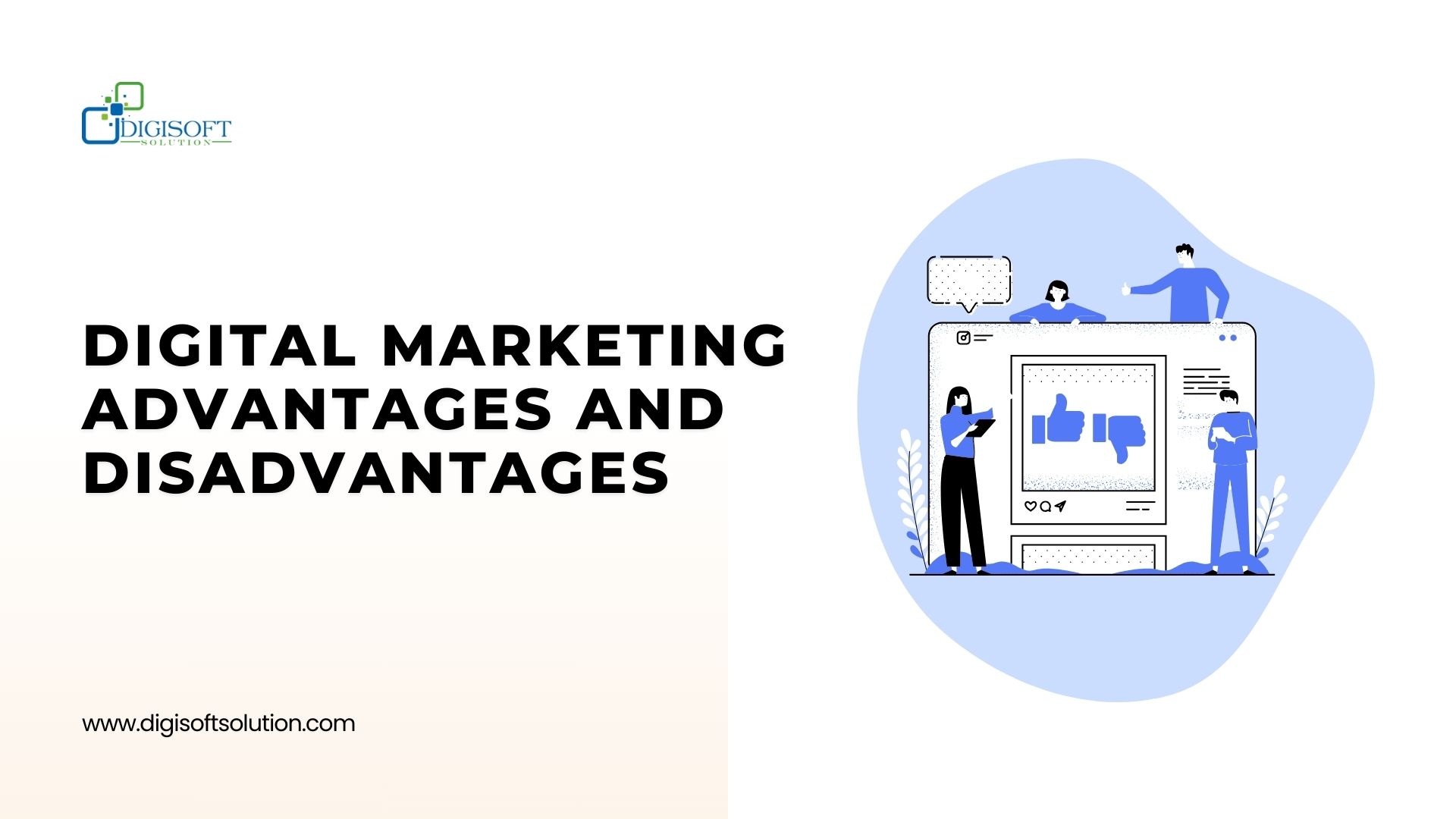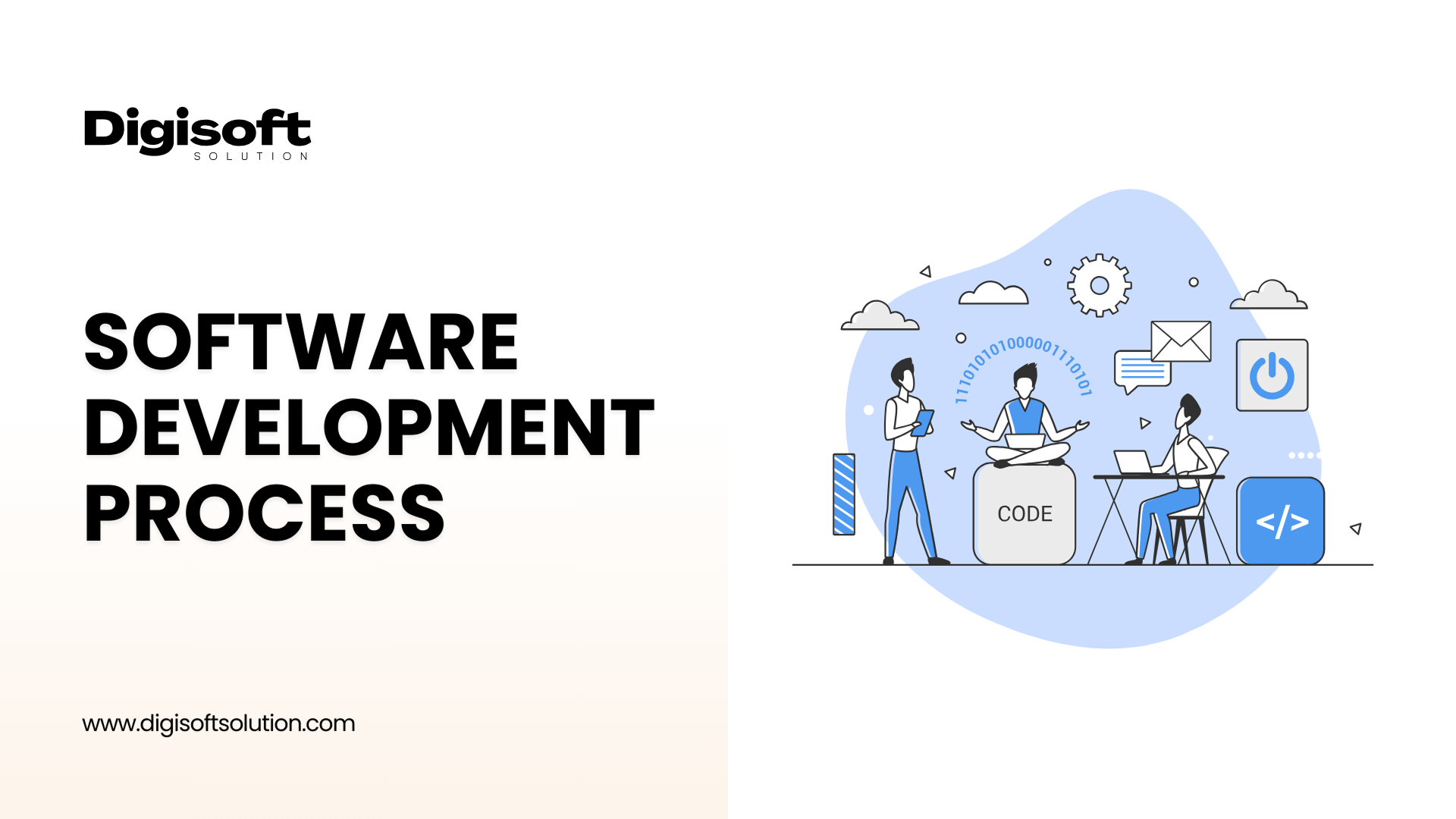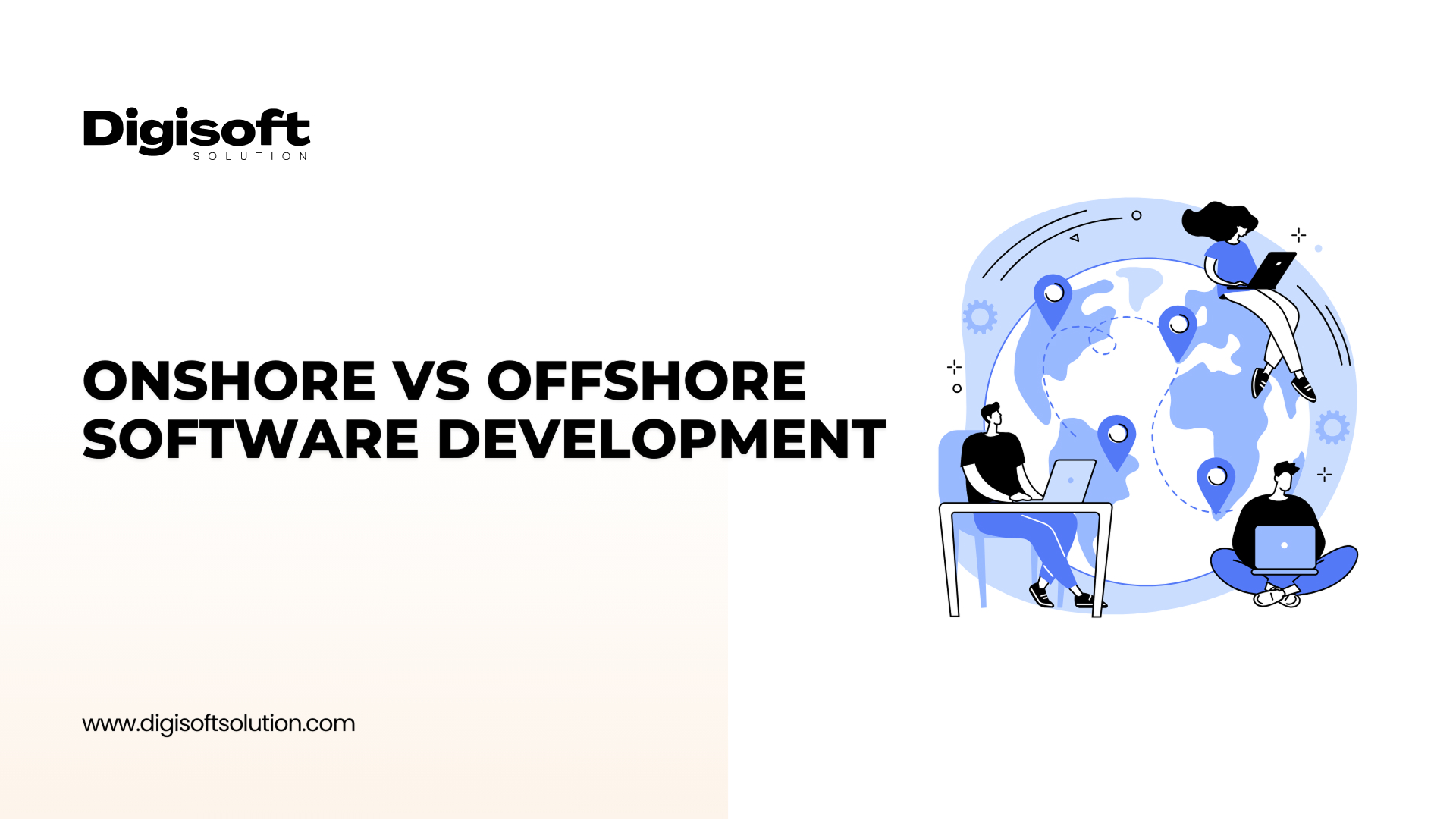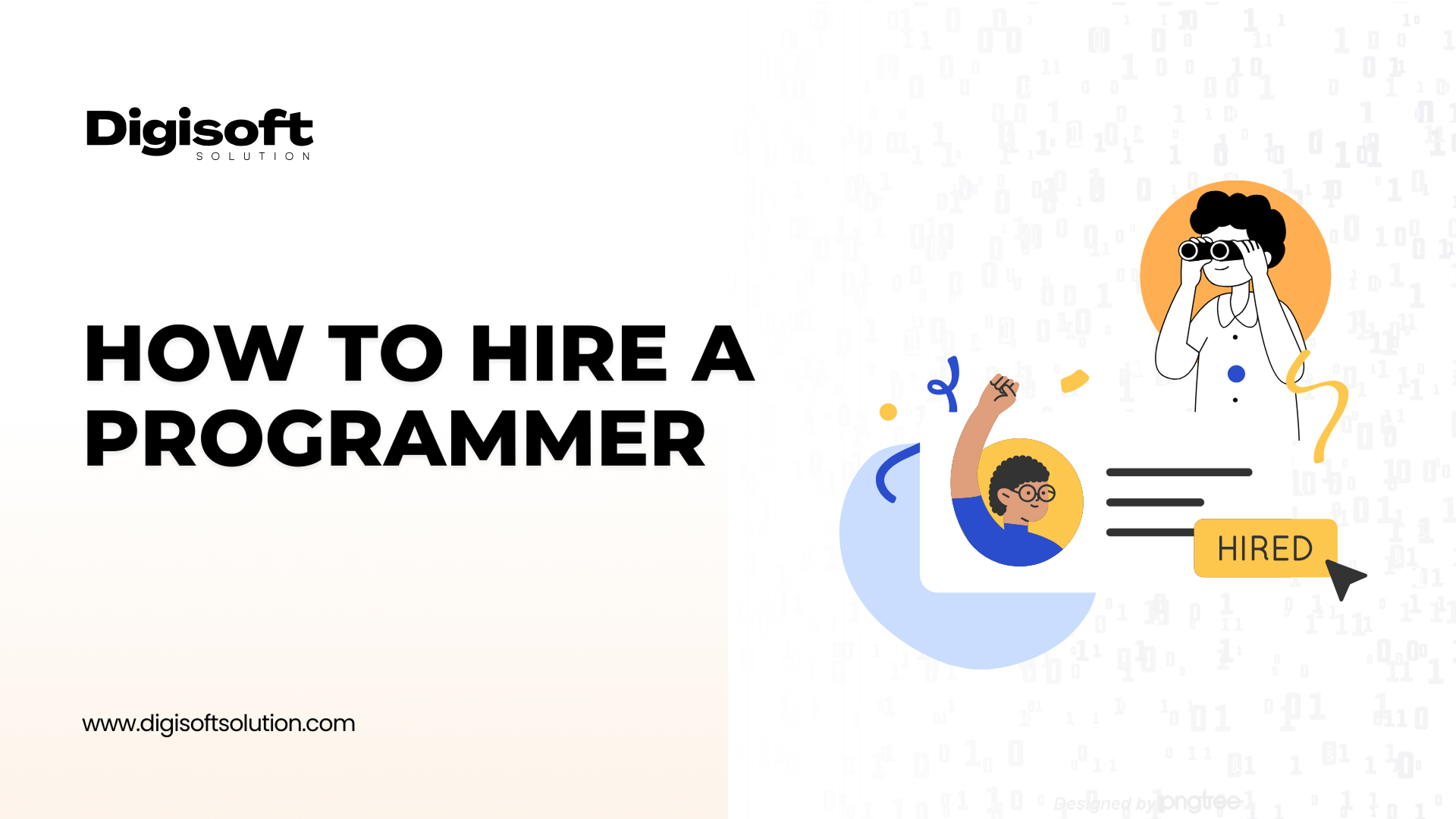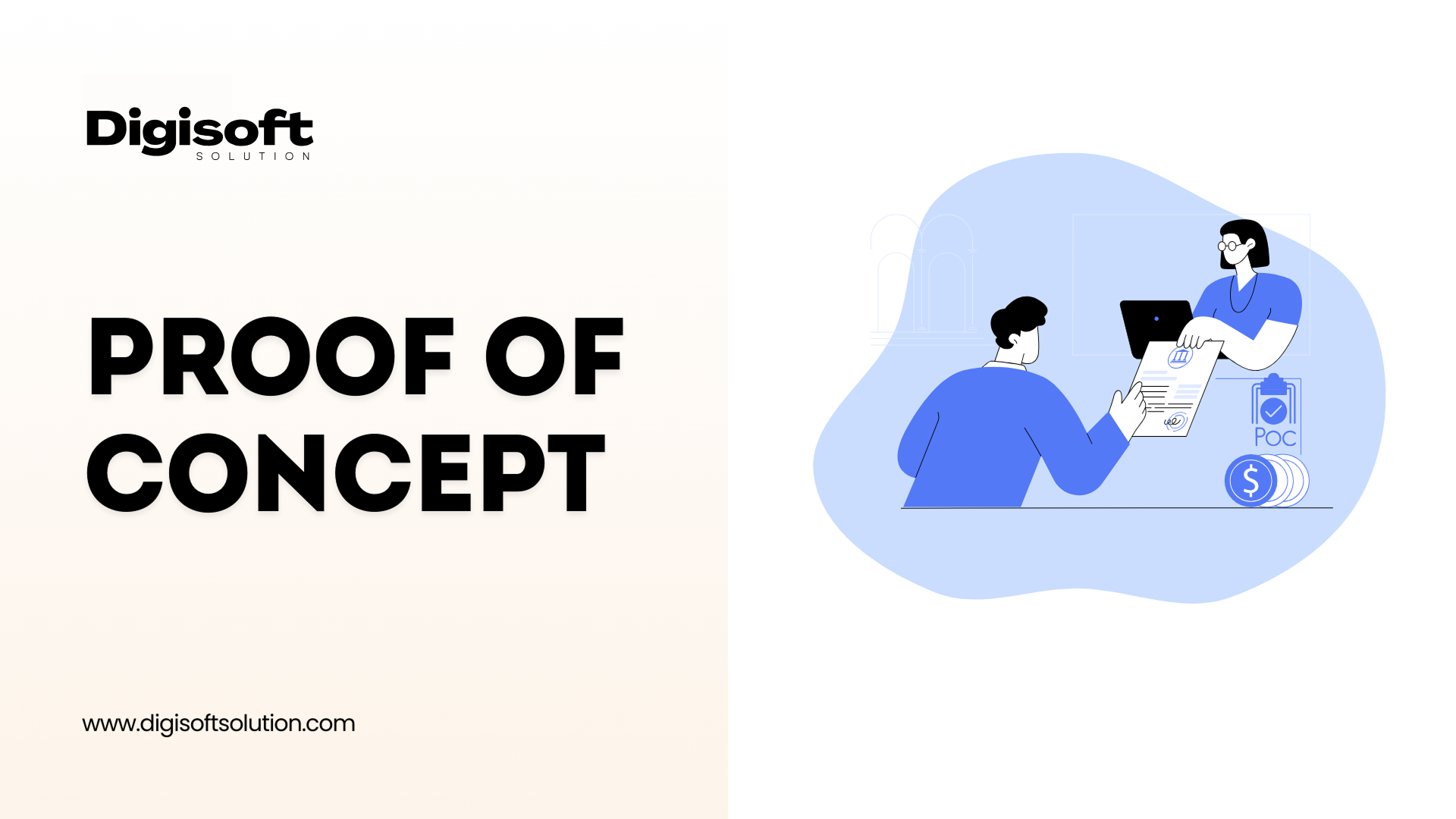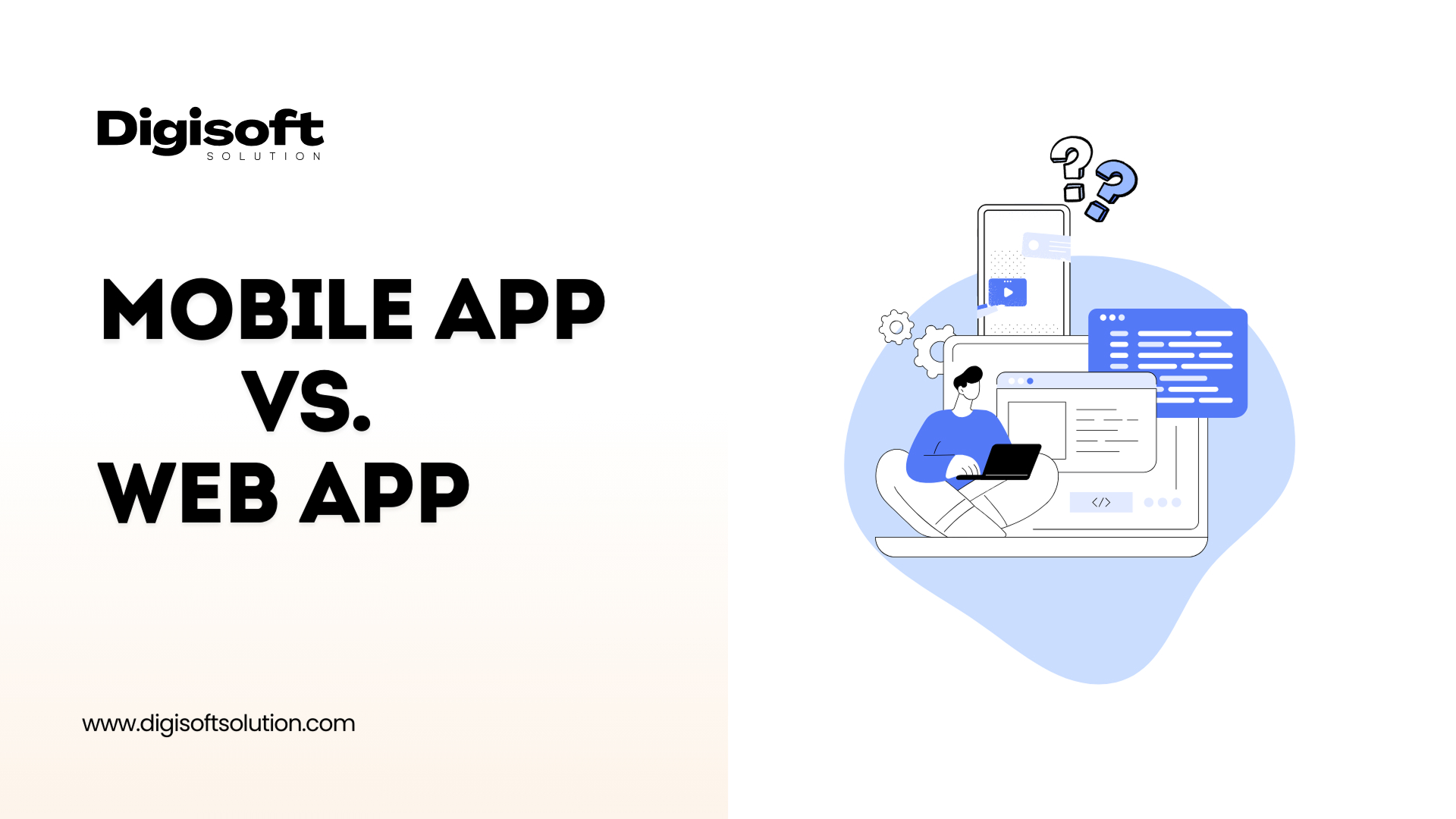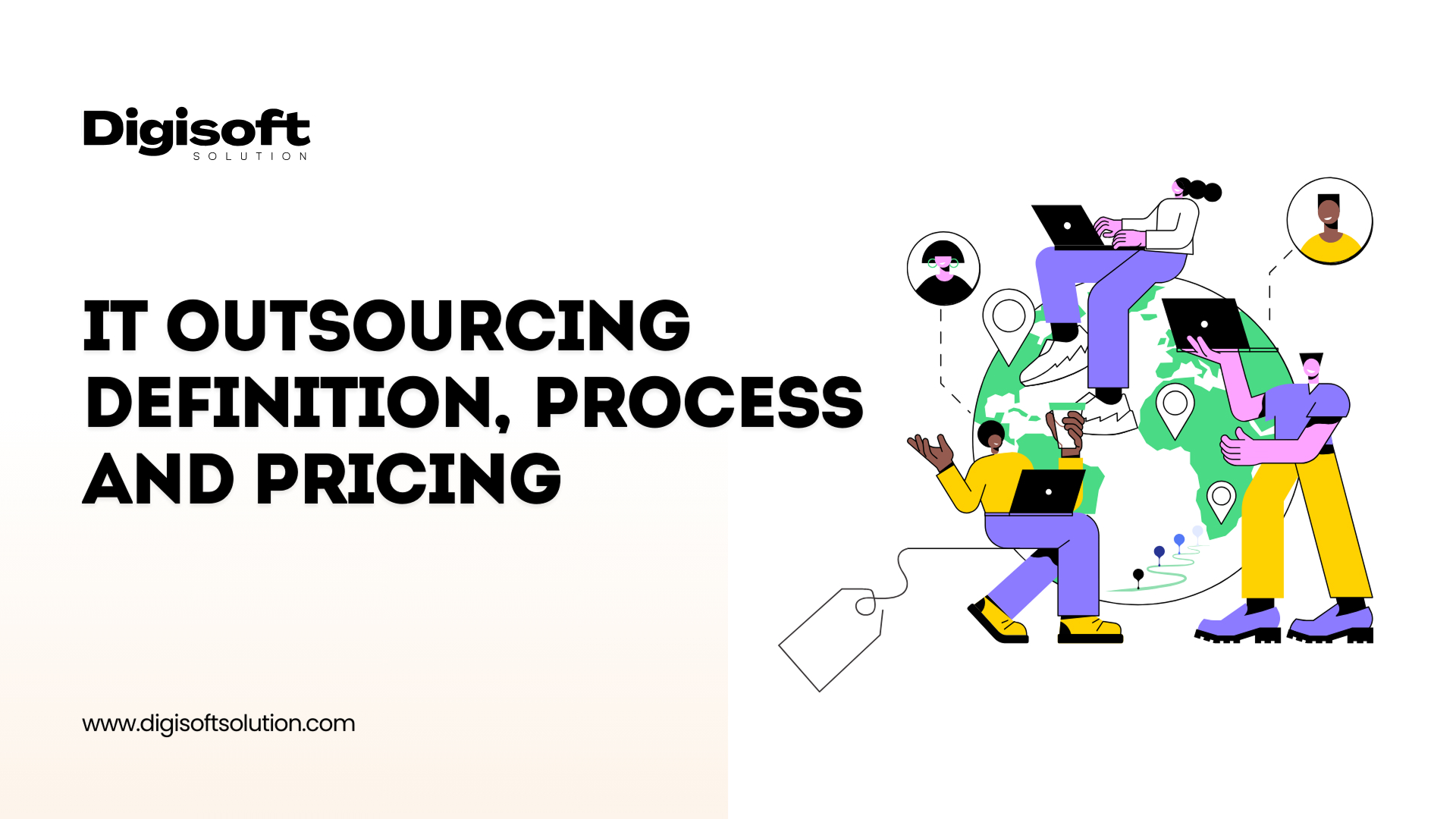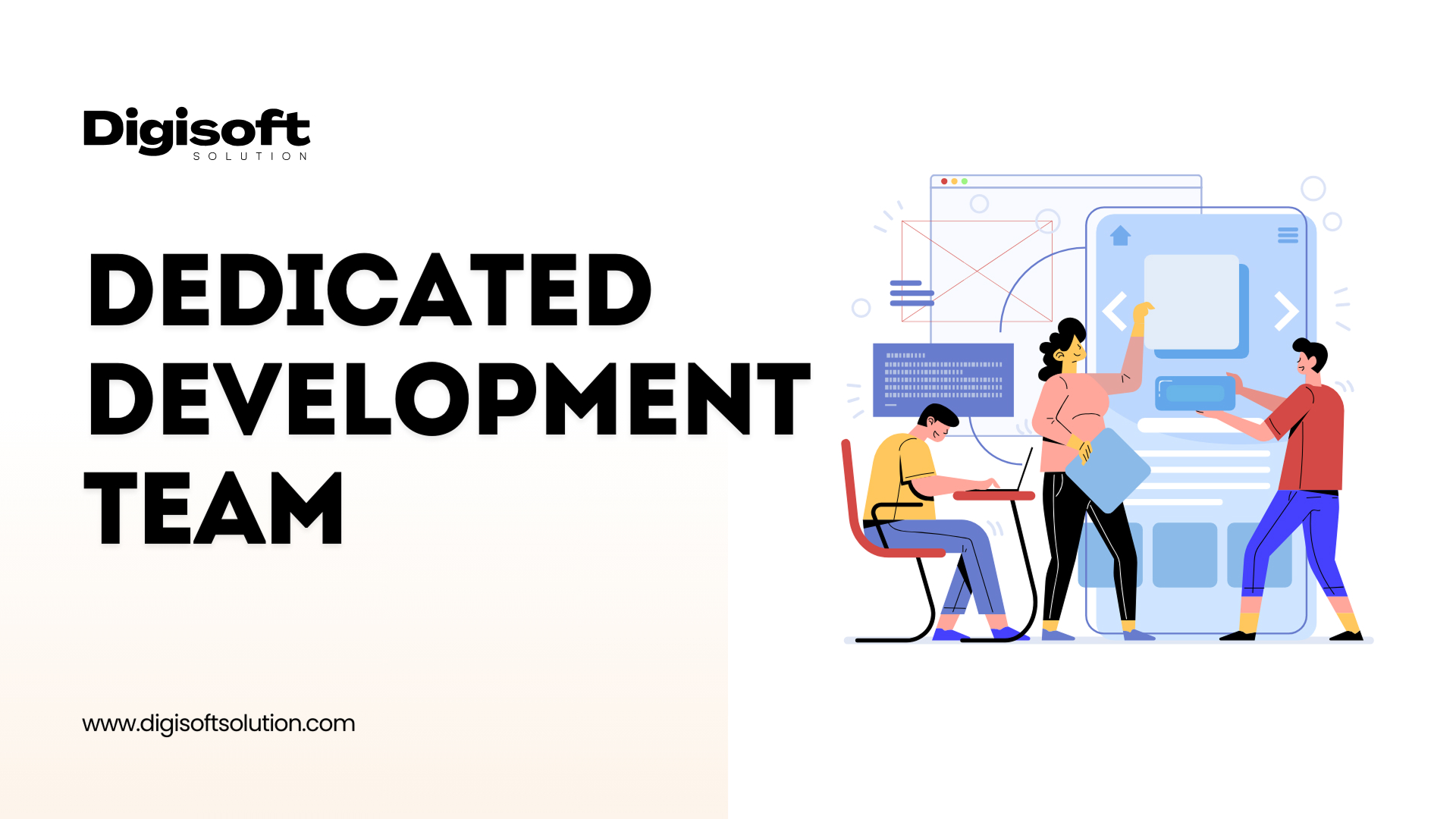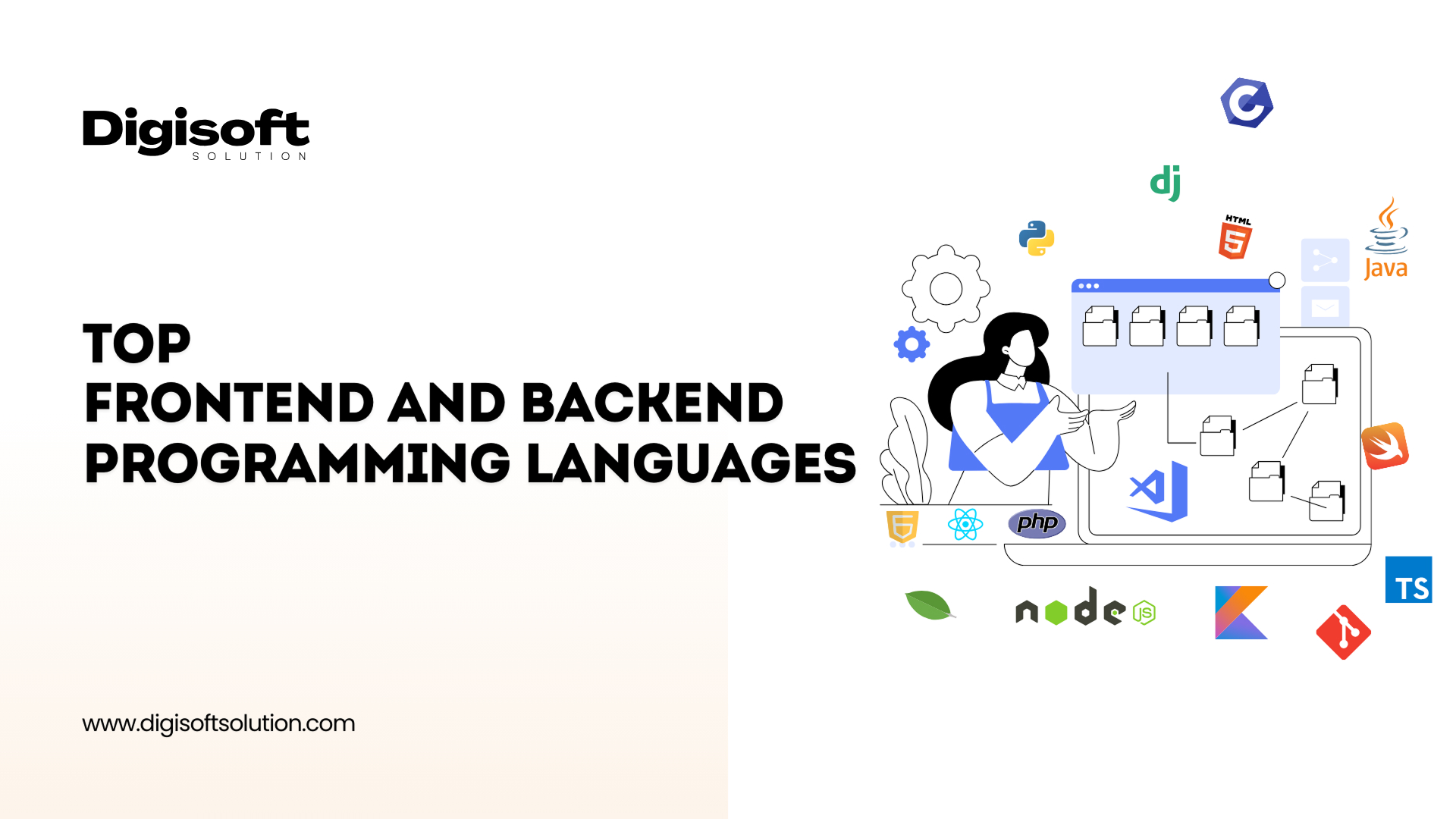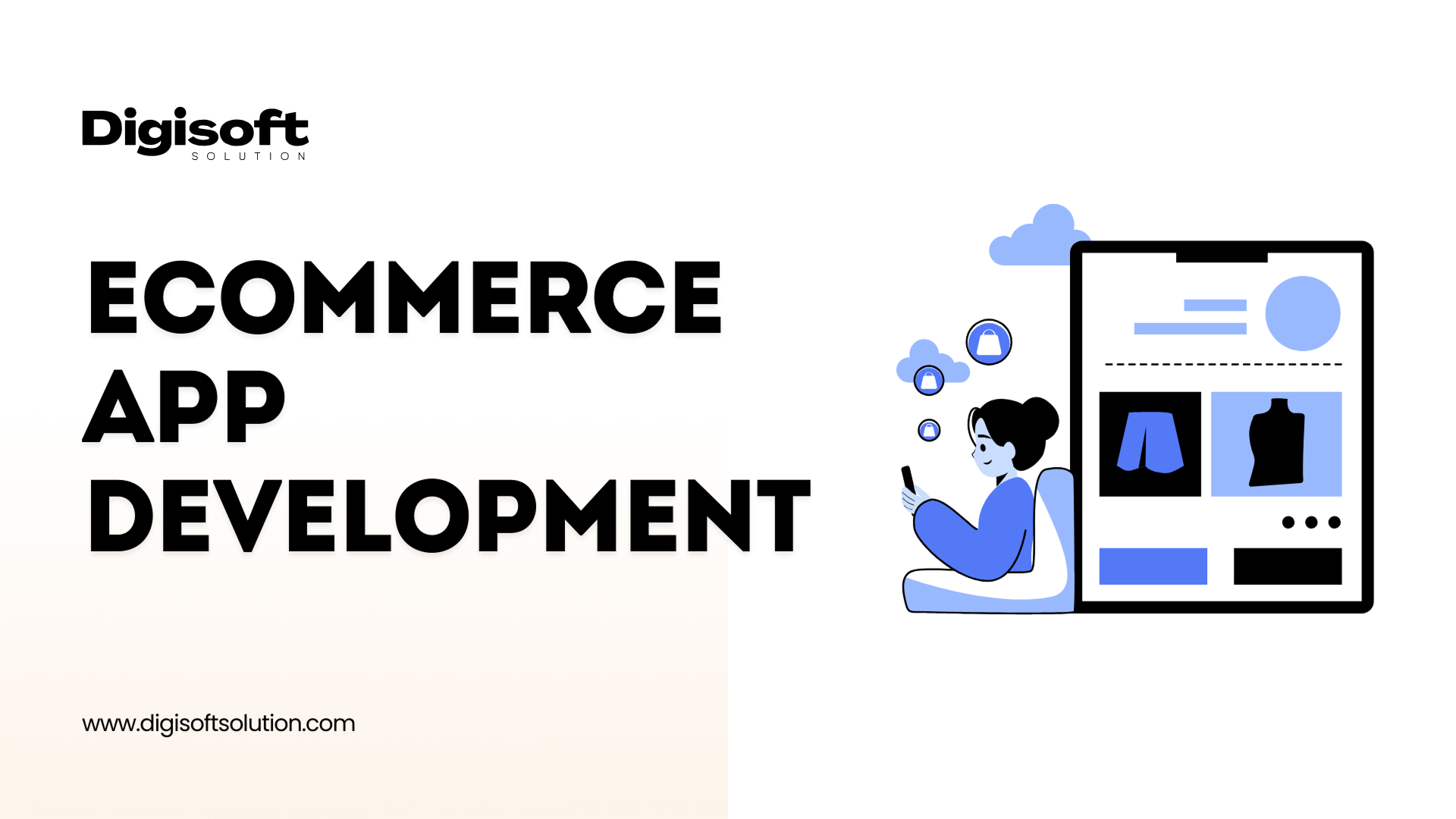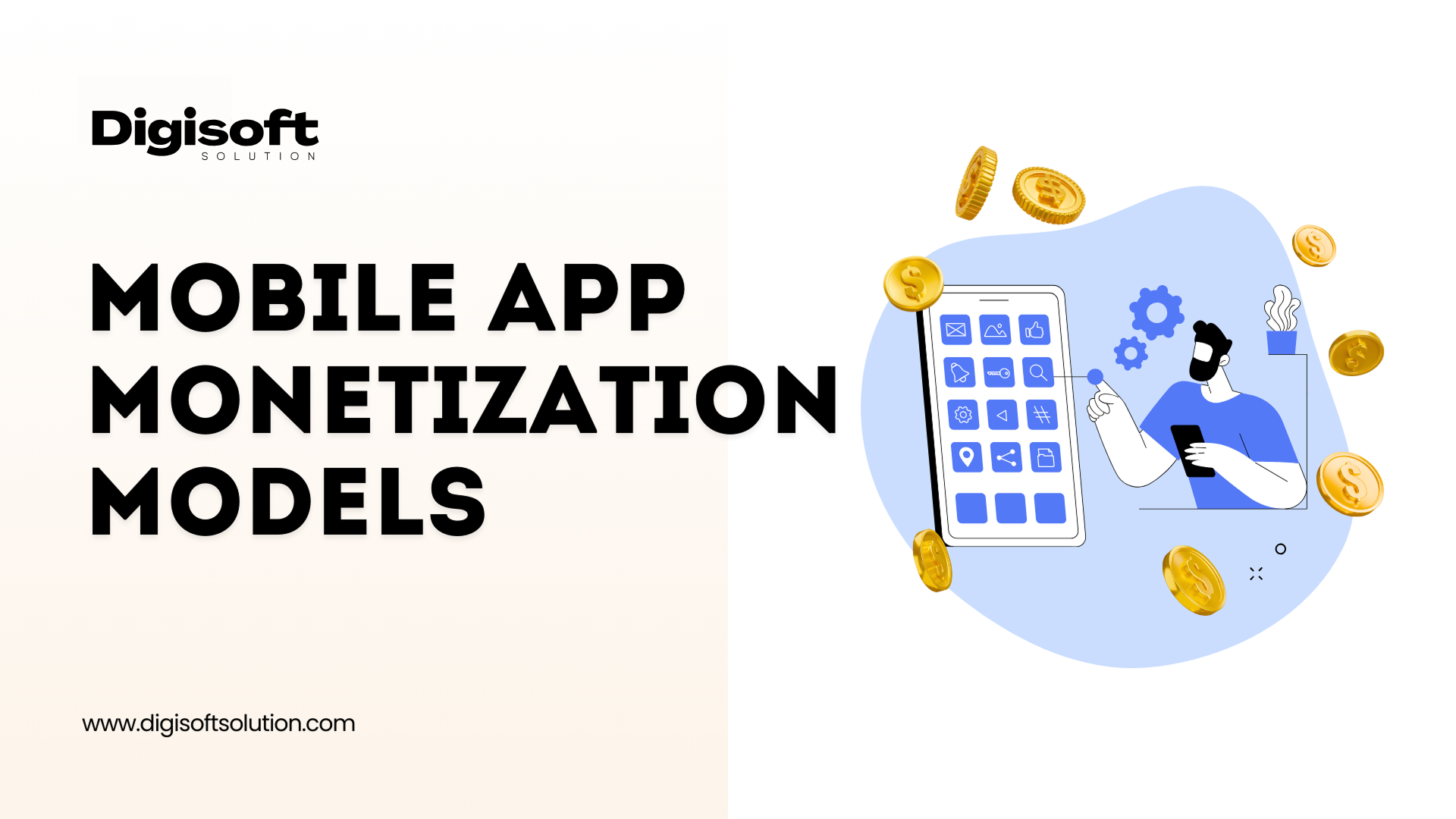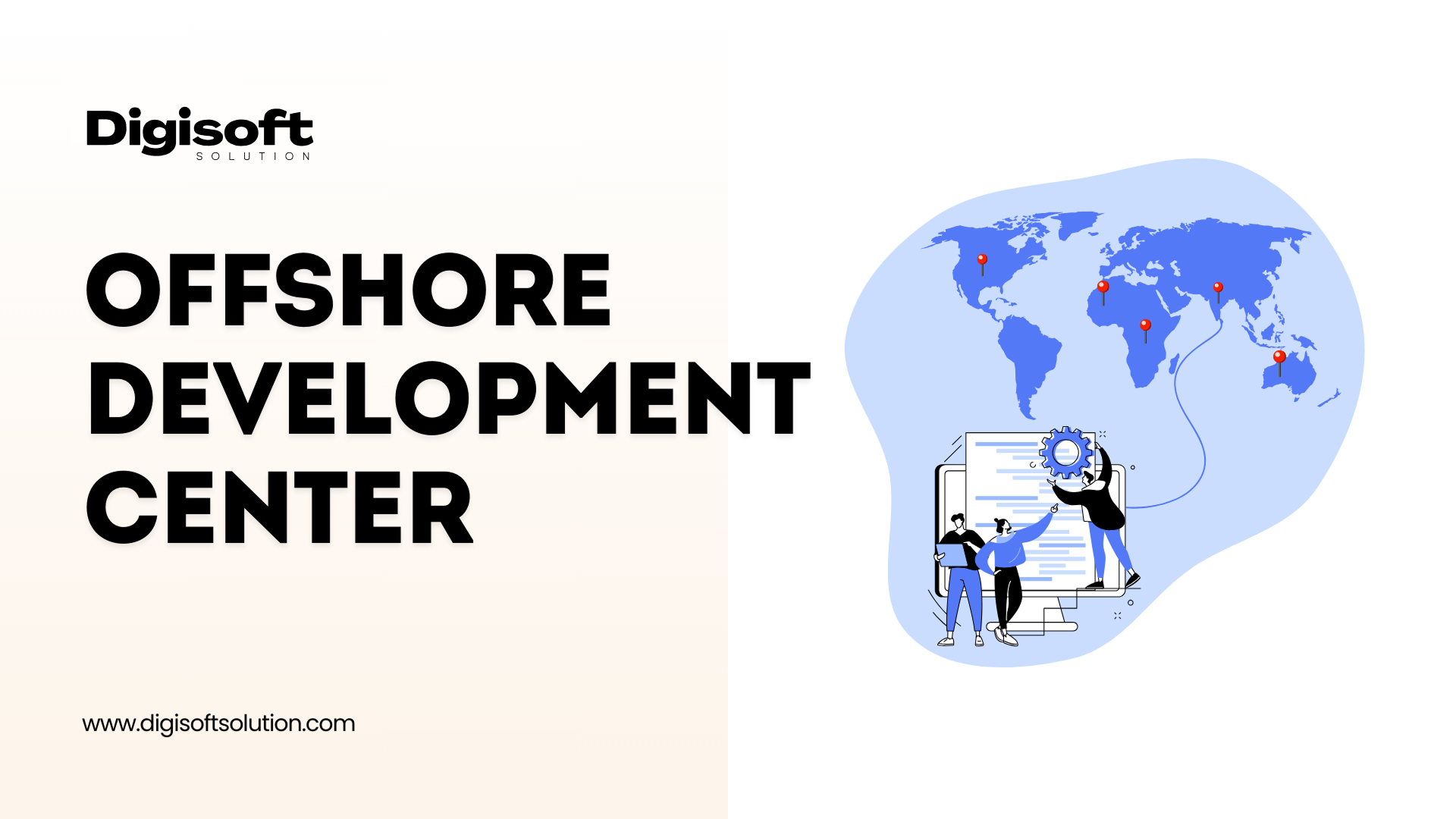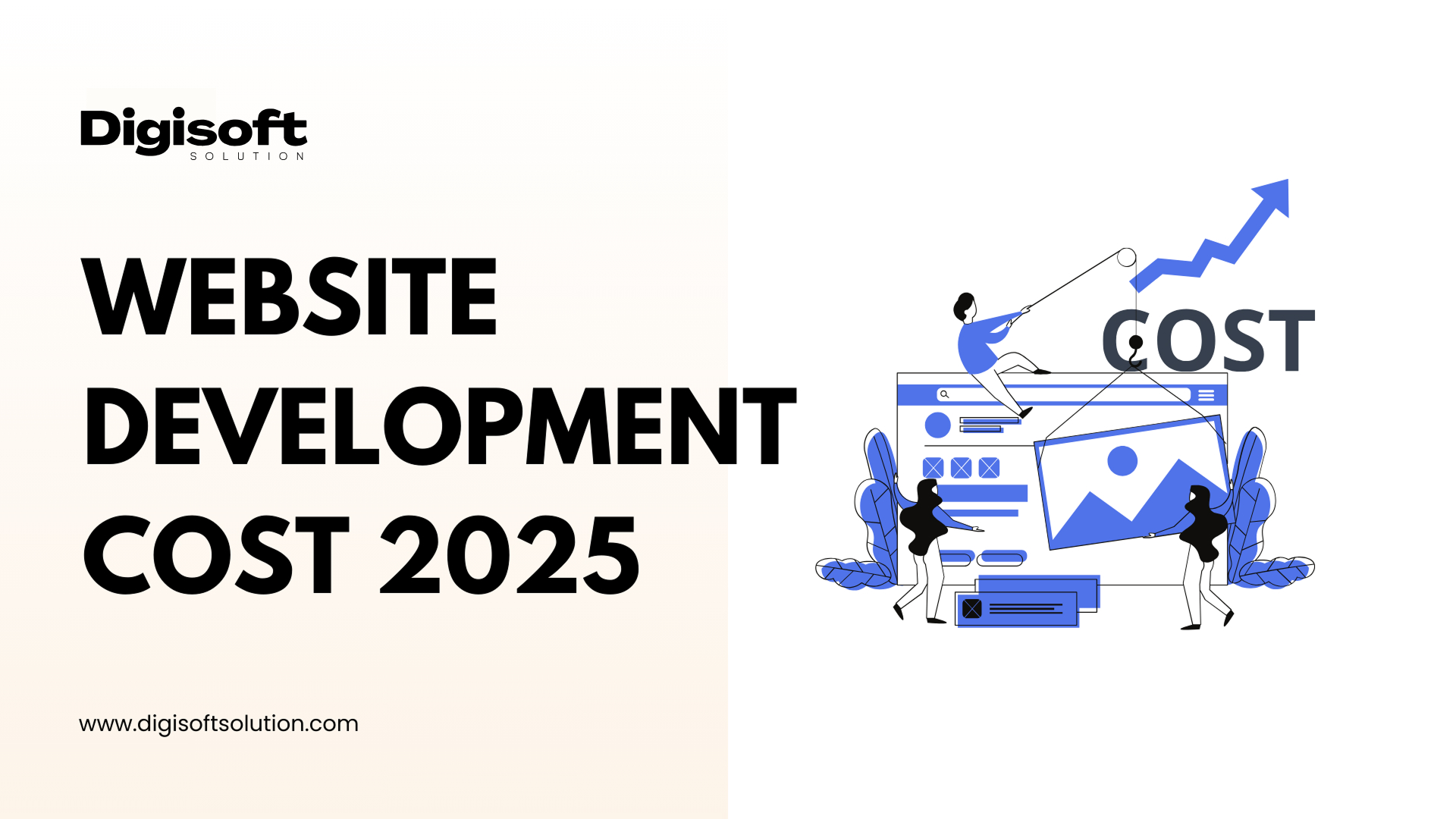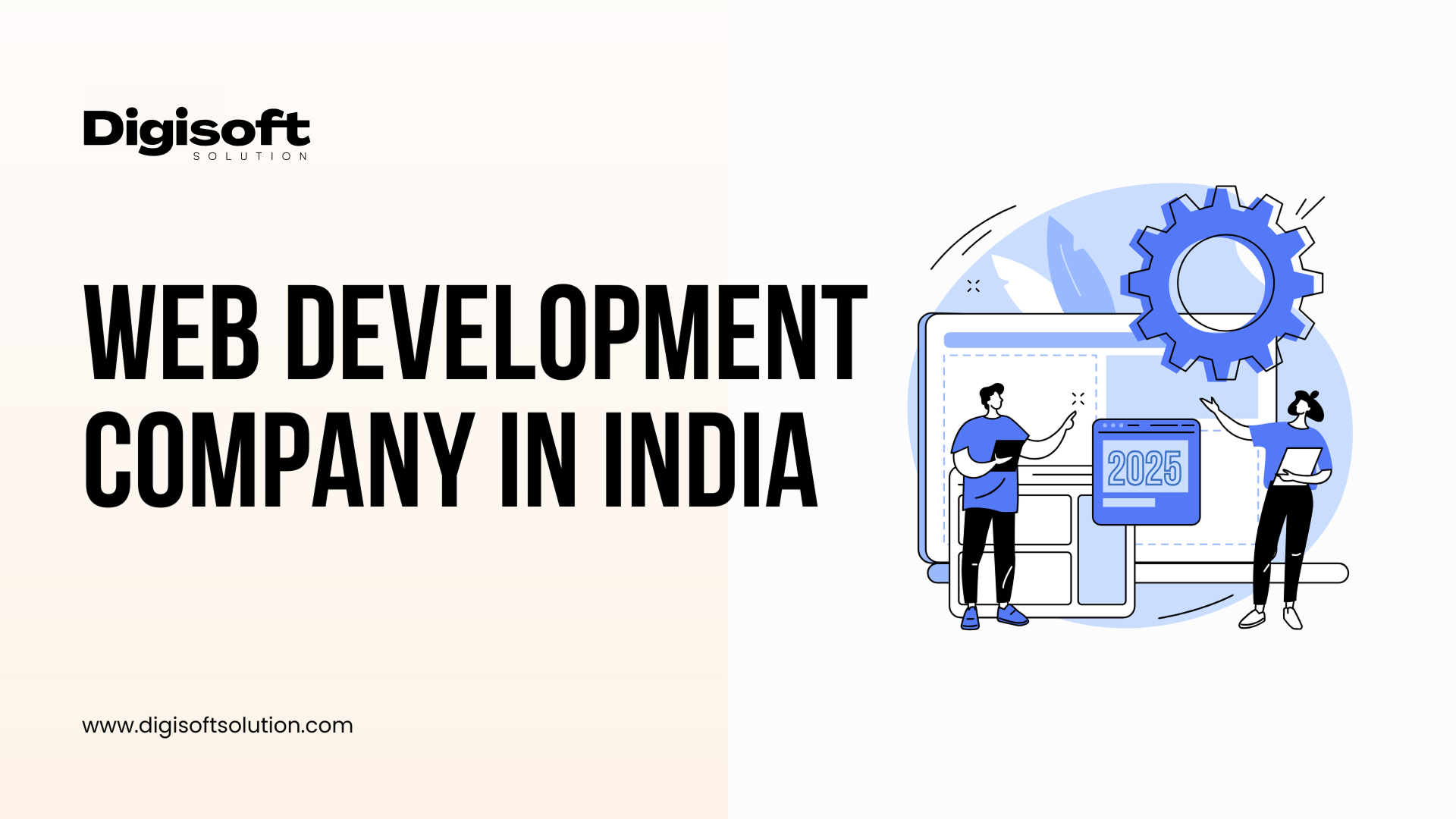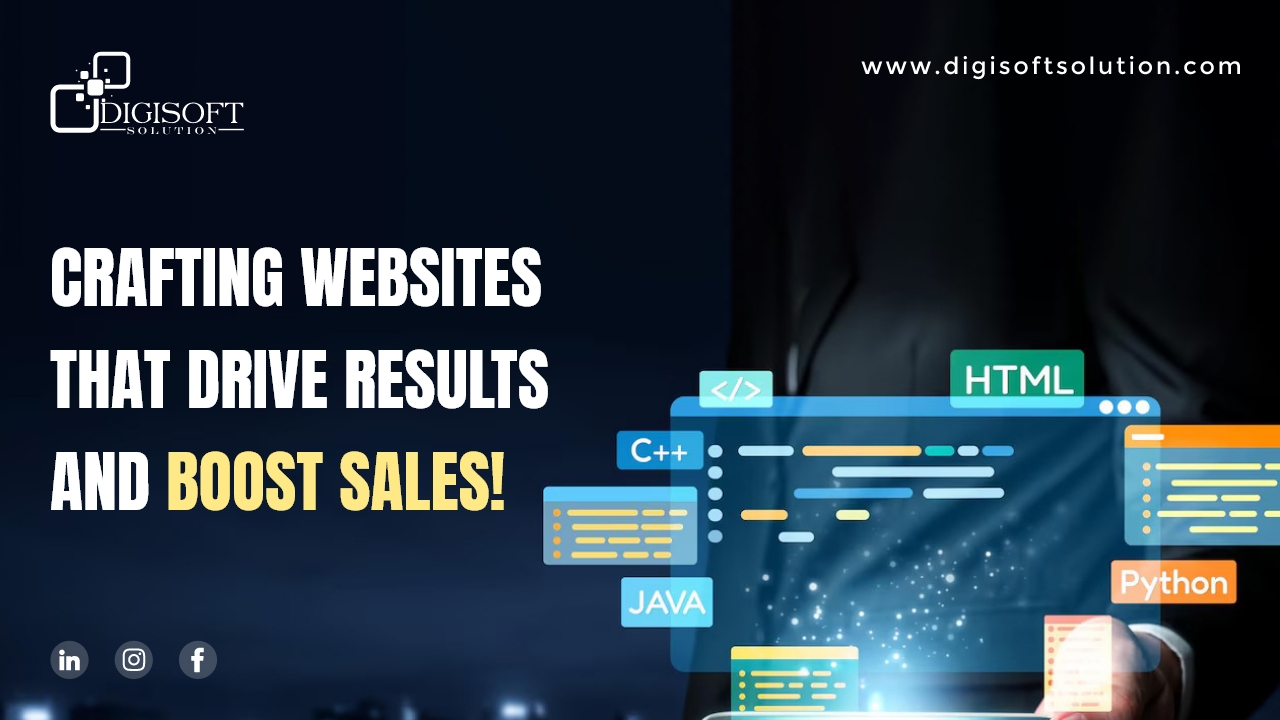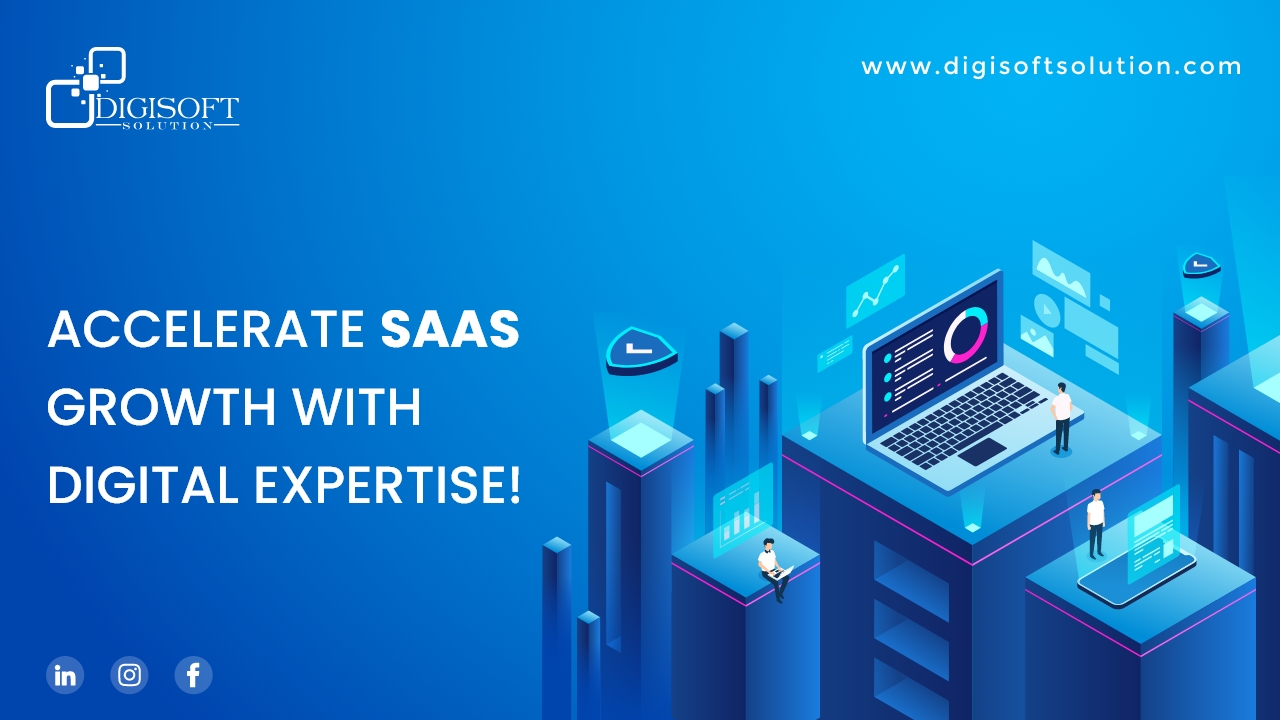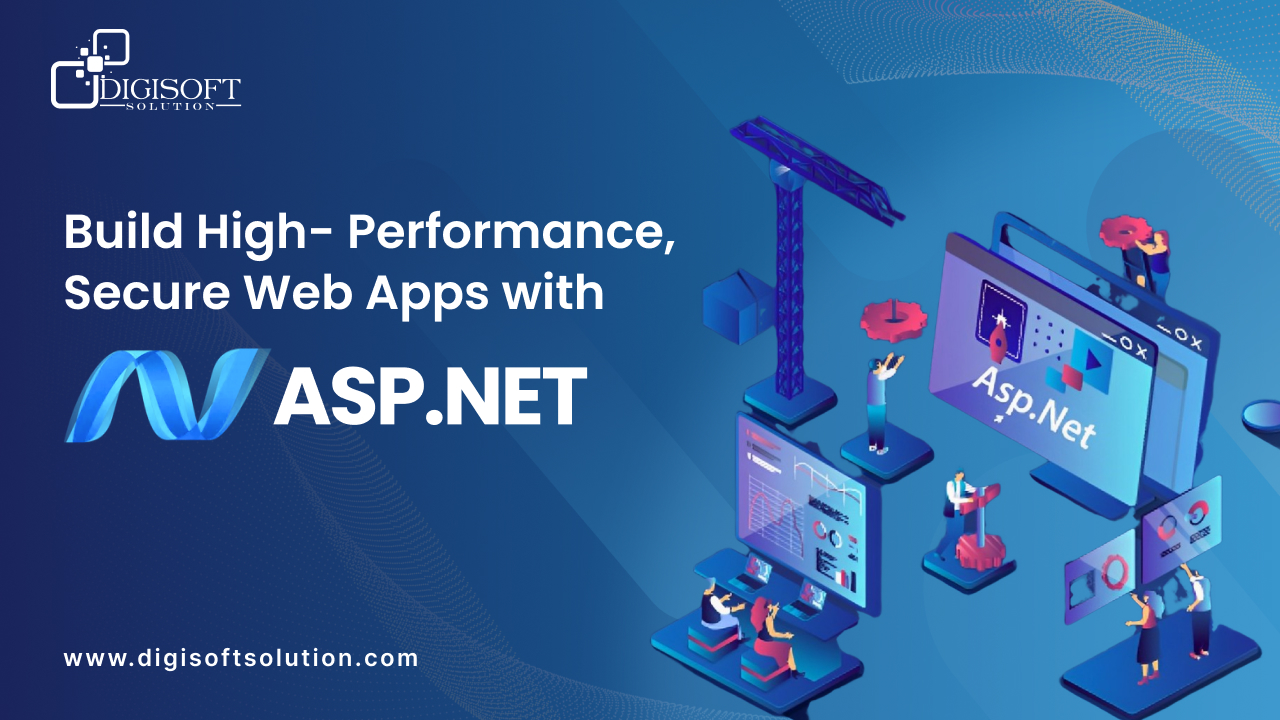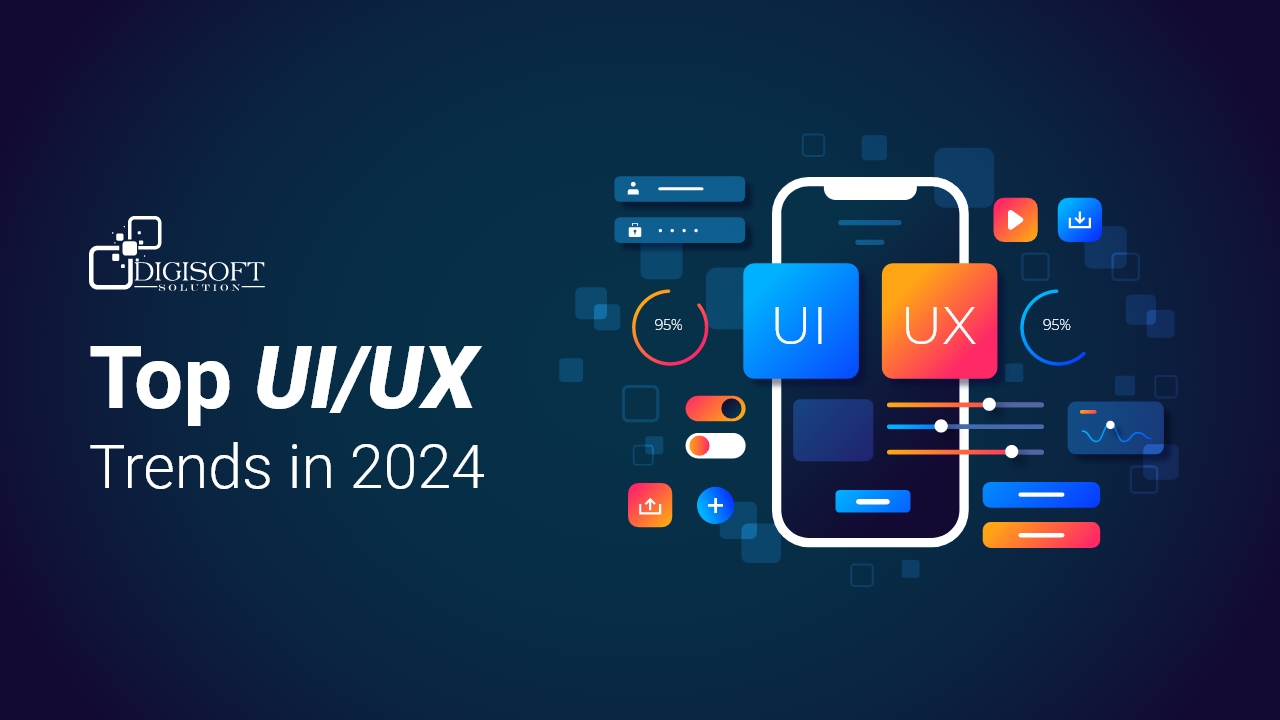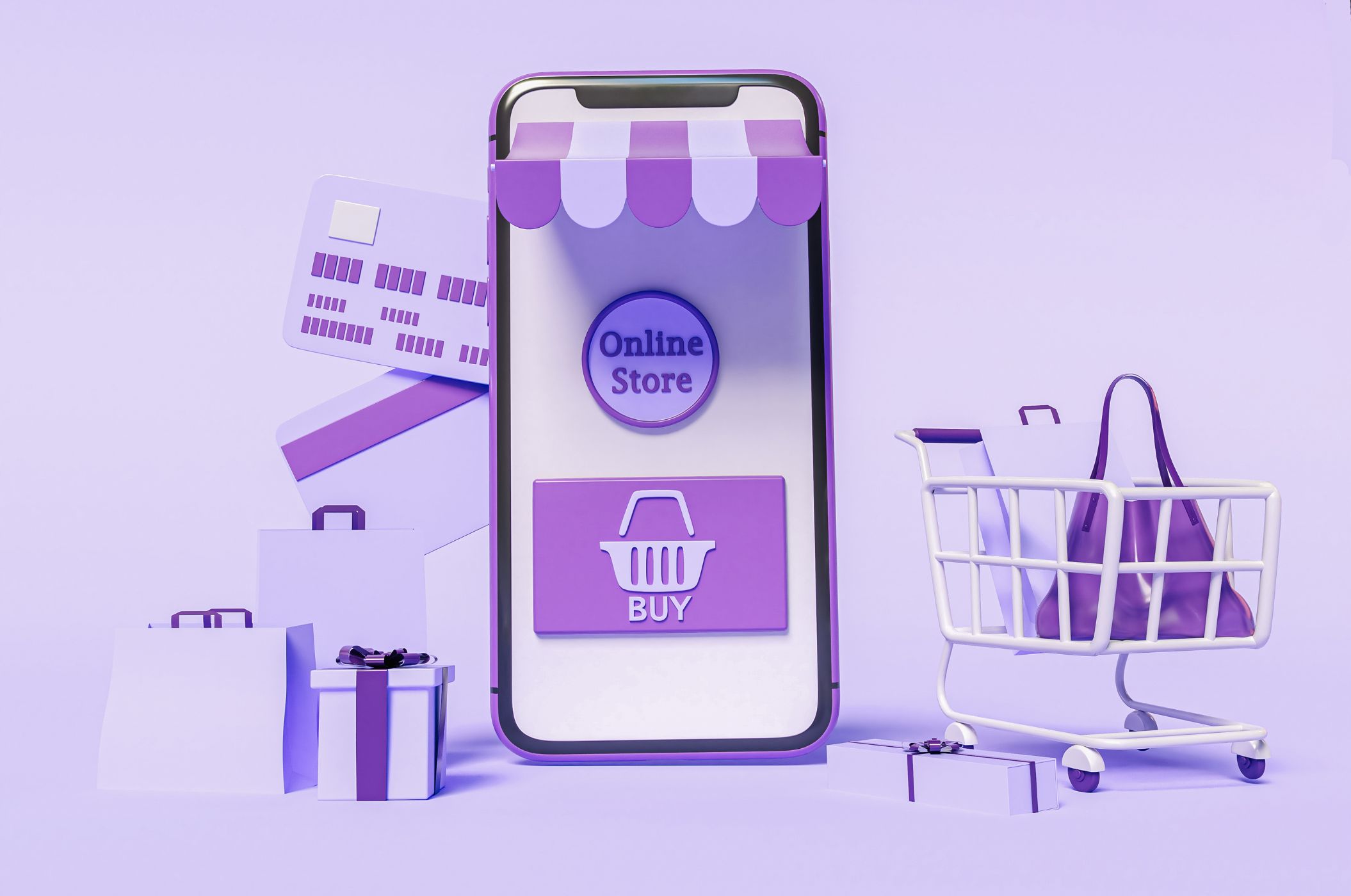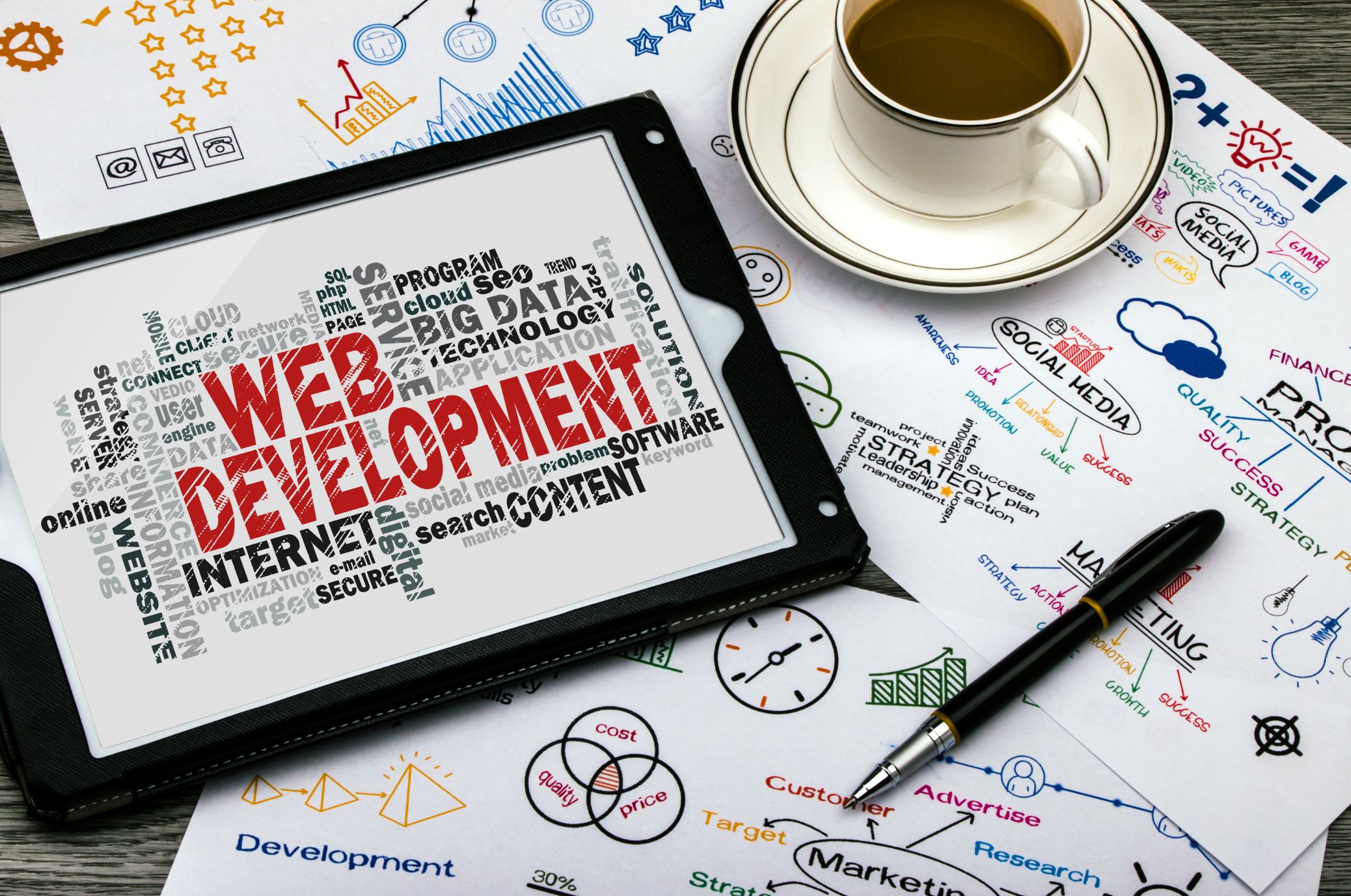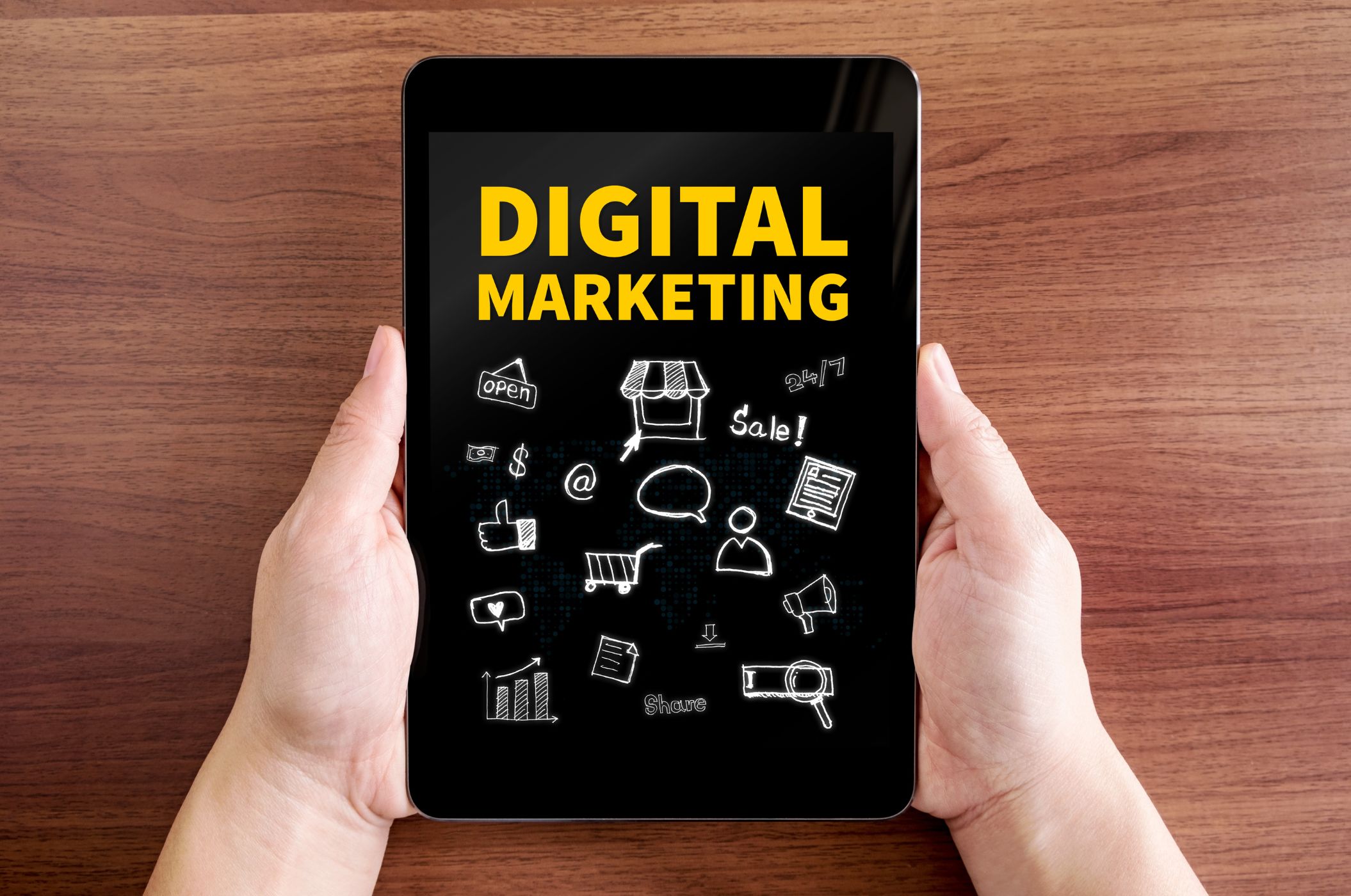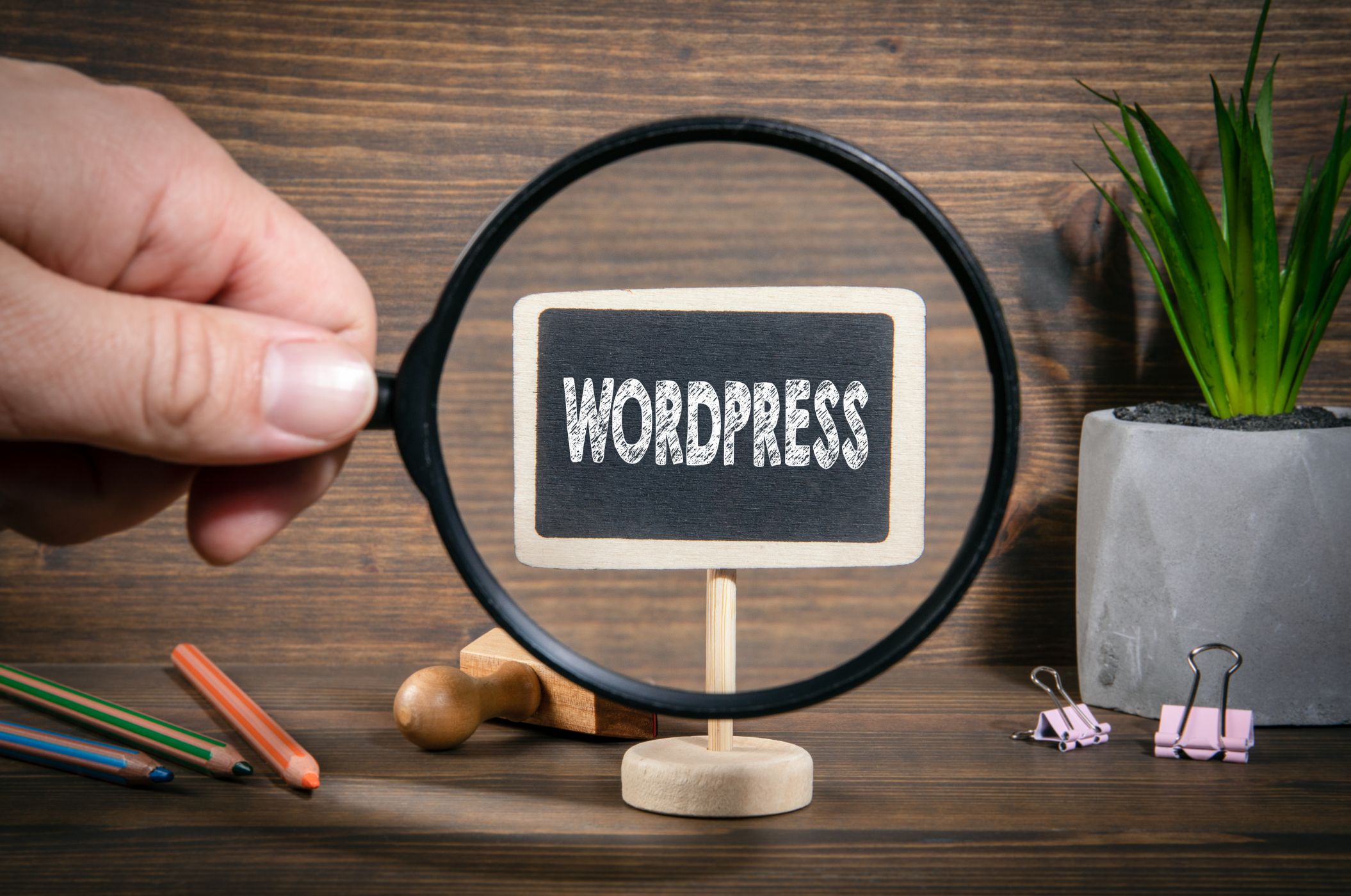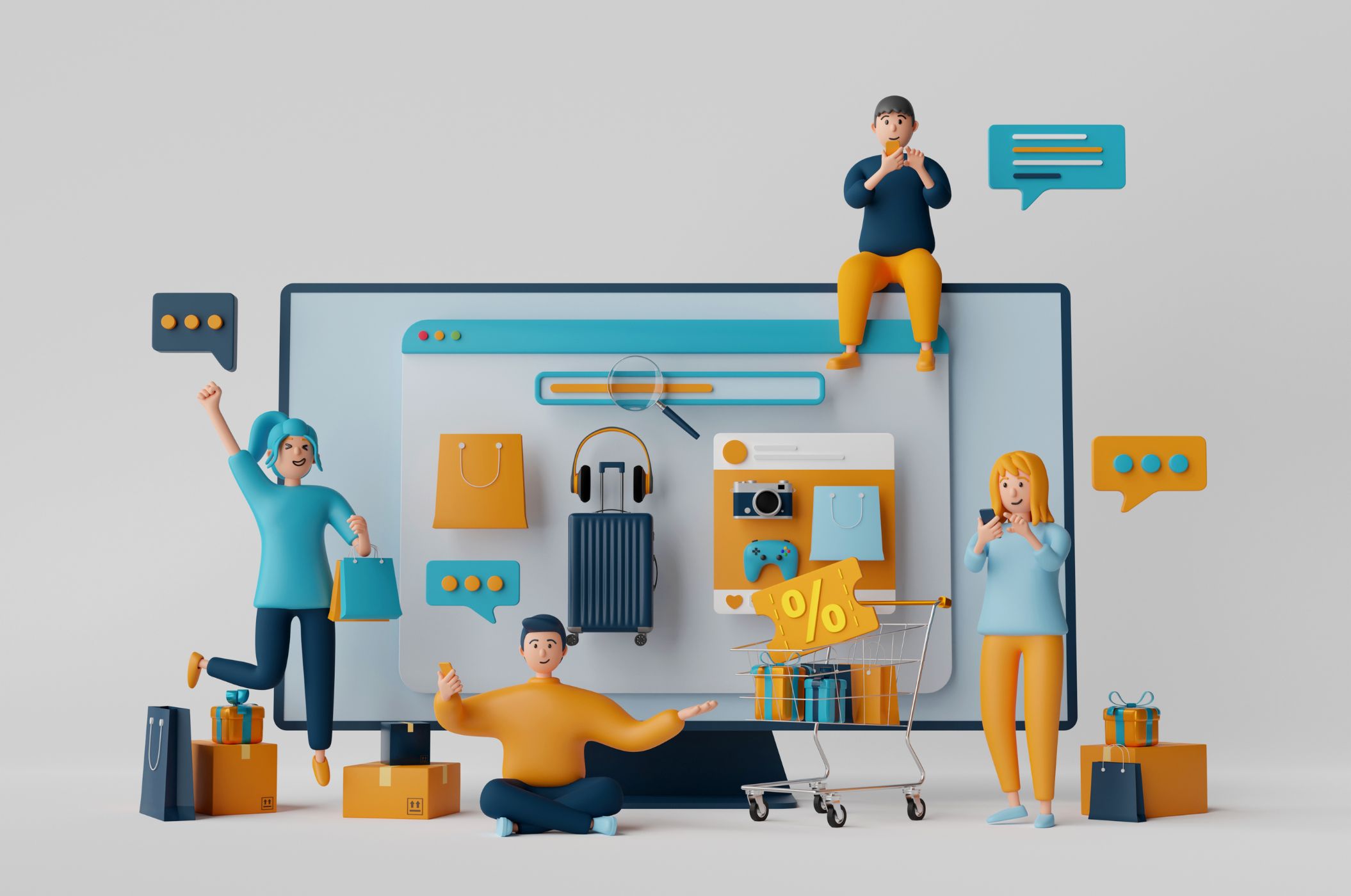Table of Content
- What Are Chatbot Development Services?
- Types of Chatbots
- AI-Based Chatbots
- Rule-Based Chatbots
- Hybrid Chatbots
- Evolution of Chatbots: From Eliza to AI-Powered Assistants
- These advancements have allowed companies to
- How Chatbots Work
- Key Components of Chatbot Architecture
- Major Steps to Develop a Chatbot
- Tools and Technologies Employed in Chatbot Development
- Use Cases of Chatbot Development
- Tips for Successful Chatbot Implementation
- Chatbot Development Challenges
- The Role of Custom Solutions in Developing Chatbots
- Applications Specific to Industries
- Why Work with Digisoft Solution for Chatbot Development?
- Conclusion
Digital Transform with Us
Please feel free to share your thoughts and we can discuss it over a cup of coffee.
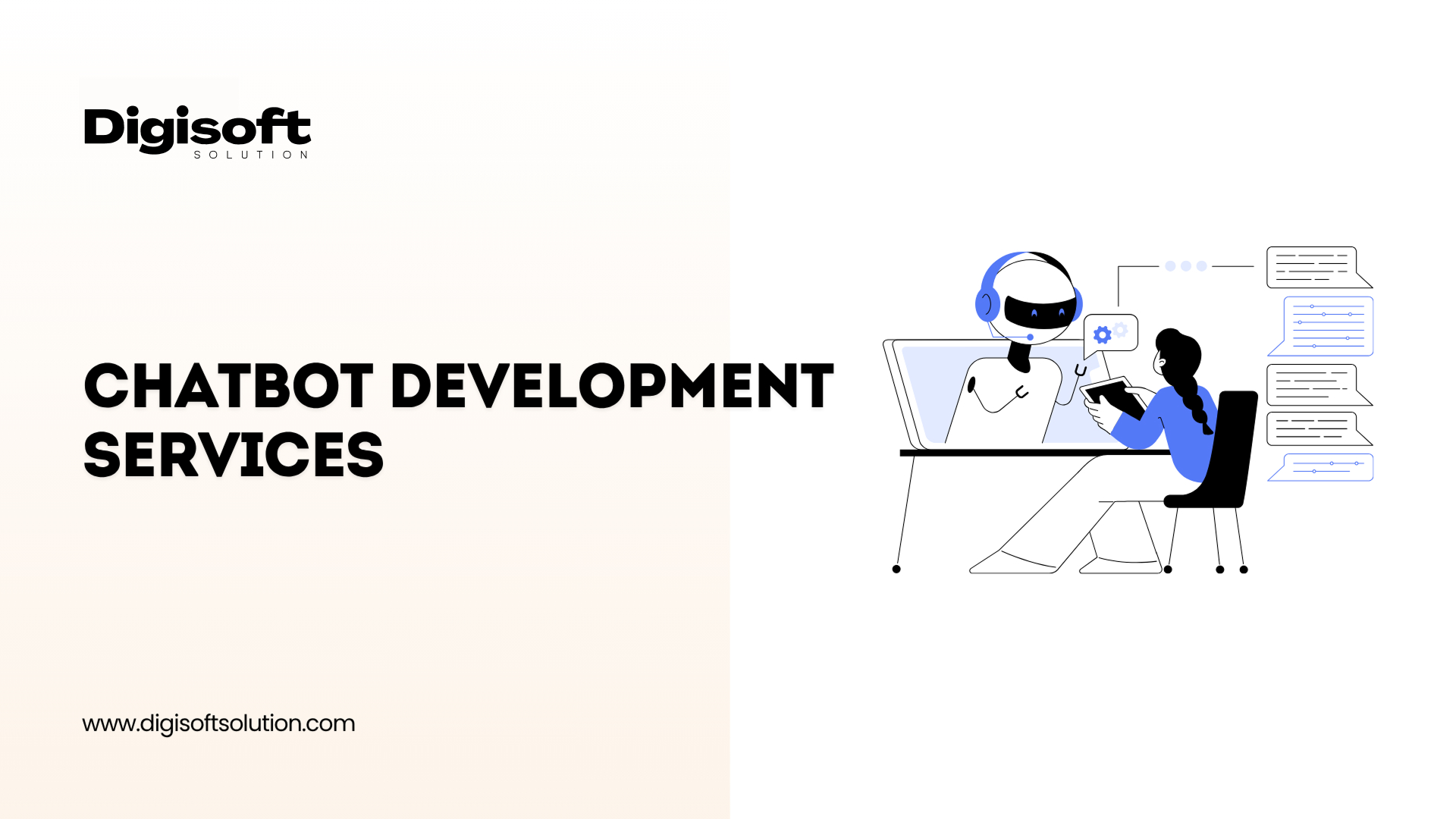
In today’s time, chatbot development services have become an indispensable solution for organizations intending to foster customer engagement, optimize operations, and provide support 24/7. From small businesses to massive corporations, chatbots are working on instant responses that are precise and user-tailored to increase the satisfaction of the client even along while keeping operational expenses to a minimum.
The below blog will discuss the ideas, processes, tools, and methodologies around creating robust chatbots that utilize AI.
What Are Chatbot Development Services?
They create intelligent conversational agents that interact with users via text or voice. The use of technologies such as Natural Language Processing (NLP), Machine Learning (ML), and Artificial Intelligence (AI) enables the bots to engage in human-like conversations.
Chatbot developers' capabilities extend much beyond being able to address basic FAQs. Today, bots can:
- Provide individualized product recommendations
- Conduct transactions
- Integrate with business applications
- Tackle complex workflows
- Support multilingual and omnichannel uses
A custom chatbot development service chatbot for your website or an organization-wide AI solution can be designed, configured, and planned to align perfectly with your business vision and meet the needs of your end users.
Types of Chatbots
Depending on complexity, budget, and use case, typically businesses have three types of chatbots to choose from
AI-Based Chatbots
- Use NLP and ML for contextually aware responses to users.
- Always improving through data from user interactions.
Rule-Based Chatbots
- Operate off of decision trees and flows created beforehand.
- Best for FAQs and answering predetermined questions.
Hybrid Chatbots
- Uses rules-based logic with AI to achieve a proper balance of accuracy and flexibility.
Evolution of Chatbots: From Eliza to AI-Powered Assistants
Chatbots have been around since 1966 when a rule-based program called "Eliza" was built. Since then, chatbots have changed drastically:
- Rule-Based Bots: These chatbots follow predefined scripts and follow keyword matching.
- AI-Powered: These types of chatbots understand context, learn from interactions, and respond dynamically.
- Hybrid Bots: These robots combine rule-based logic with artificial intelligence to allow for flexibility.
These advancements have allowed companies to
- Improve customer service quality
- Decrease operational cost
- Increase service availability
- Customize customer interactions
Today's AI-based bots can have meaningful conversations, identify user intent, and adjust responses through different means over time.
How Chatbots Work
There are several layers of technology at play when a chatbot performs its job:
- Decision Making: The bot chooses from pre-trained models or scripted flows.
- Response Generation: NLG generates human-like responses.
- User Input: The user submits a message through a web chat widget, mobile application, or messaging channels.
- Natural Language Processing (NLP): The bot understands the message, establishes intent, and identifies key entities.
- Integration: The bot may call information from a CRM, ERP, or APIs before responding.
Key Components of Chatbot Architecture
- Natural Language Processing (NLP): NLP is the basis of chatbot intelligence. It can deconstruct user questions into understandable data points and determine user intent.
- Natural Language Understanding (NLU): This allows the bot to understand the context and meaning of words which increases accuracy in responses.
- Knowledge Base: Essentially the part of the bot that houses relevant data, FAQs, and business-specific knowledge which the bot can recall quickly.
- Dialog Manager: Manages the conversation flow and makes sure the chatbot works within logical conversation structure.
- Natural Language Generation (NLG): Converts structured data into human language form.
- Data Storage: The storage for chat history, user preferences, analytics and any other pertinent data.
- User Interface (UI): The "face" of the chatbot interaction, both text and/or voice.
Major Steps to Develop a Chatbot
- Identify Objectives & Use Cases: Establish the goals for your chatbot's function from the outset: Is it customer service automation, lead generation, or internal workflows?
- Select a Hosting Platform: Choose from hosting platforms such as Google Dialog flow, Microsoft Bot Framework, or Amazon Lex - based on your scalability and integration needs
- Create Conversation Flows: Create paths that are easy to follow using decision trees, triggers, and fallback messages. Add a human handoff for complex use cases.
- Build & Train the Bot: The bot should be trained with a variety of datasets so that it understands multiple phrasings of the same question.
- Integrate with Business Systems: Link the chatbot to your CRM, payment system, or analytics apps, to enrich the functionality.=
- Test Thoroughly: Conduct beta testing so you can identify and address conversation gaps before launching
- Monitor & Improve: Keep the bot updated based on feedback and performance metrics.
Tools and Technologies Employed in Chatbot Development
- Google Dialogflow: Suitable for AI chatbot development services and has solid NLP (natural language processing) capabilities.
- Microsoft Bot Framework: Suitable for enterprise-grade chatbot solutions.
- Amazon Lex: Integrates readily with AWS infrastructure.
- IBM Watson: Known for working with complex, industry-specific workflows.
- QnA Maker: Good for simple FAQ based bots.
Integrating analytics tools allows monitoring user engagement, satisfaction, and common drop-off points to continue to improve bots.
Use Cases of Chatbot Development
- Customer Service: Automating responses to frequently asked questions, managing excess quotas, and responding 24/7.
- E-commerce: Assisting with product information, order tracking, and return requests using chatbot app development services.
- Healthcare: Making appointments, providing medical information, and following up with patients by way of an AI chatbot software development service for websites.
- Banking & Finance: Assisting new customers with account inquiries, payment reminders, and fraud alerts through an enterprise AI development service for websites.
Tips for Successful Chatbot Implementation
- Establish Clear Key Performance Indicators: Specify key performance metrics like resolution time, customer satisfaction scores and engagement metrics.
- Make the Conversation Natural: Use an engaging tone of voice that is consistent with the brand.
- Be Transparent: Have users confirm they are interacting with a bot.
- Give Human Voice: Engage a live agent when necessary.\
- Be Secure: Ensure compliance with GDPR, HIPAA or other regulations.
- Make it a process: Make sure to re-train chatbot periodically so it has better accuracy.
Chatbot Development Challenges
- Ambiguity: Bots struggle with general or abstract questions and interpreting slang.
- Emotion: AI's empathy is lacking in emotional contexts.
- Data Protection: Storing and processing users' information must be done securely.
- Integration with Legacy Systems: Integrating with legacy systems and development processes can be complicated.
The Role of Custom Solutions in Developing Chatbots
Custom solutions among the chatbot development services enable a business to create chatbots that conform precisely to their workflows, branding, and customer experience expectations. A custom AI chatbot development service, might enable multilingual support, voice activation, and integration with proprietary systems, which generic solutions could not and would not deliver.
For businesses with unique needs to address, firms that provide an enterprise AI chatbot development service deliver enhanced capabilities, such as predictive analytics, compliance design, and cross-platform deployment.
Applications Specific to Industries
- Retail: Customised shopping assistants.
- Travel: Booking confirmation and itinerary management.
- Education: Virtual tutors and student services.
- Hospitality: Concierge services and reservation management.
Why Work with Digisoft Solution for Chatbot Development?
Digisoft Solution offers a complete, end-to-end chatbot development service personalised for your business. It doesn't matter if you need a chatbot development service for websites, an enterprise AI chatbot development service, or fully custom AI chatbot development services; we guarantee to provide
Top-of-the-range AI and NLP capabilities
- A smooth integration to your existing systems
- A secure architecture
- Post-deployment support and optimization
With our capability in chatbot application development services, we support businesses in all industries in enhanced customer engagement, improved business efficiency, and remaining competitive in an ever-changing digital landscape.
Conclusion
As businesses discover the value of intelligent and customer-centric solutions, the demand for chatbot development services is accelerating. When programmed and implemented correctly, chatbots can improve service availability, automate complex workflows, and everything in between - and, in doing so, create immeasurable value.
Digital Transform with Us
Please feel free to share your thoughts and we can discuss it over a cup of coffee.
 Kapil Sharma
Kapil Sharma

 Parampreet Singh
Parampreet Singh




